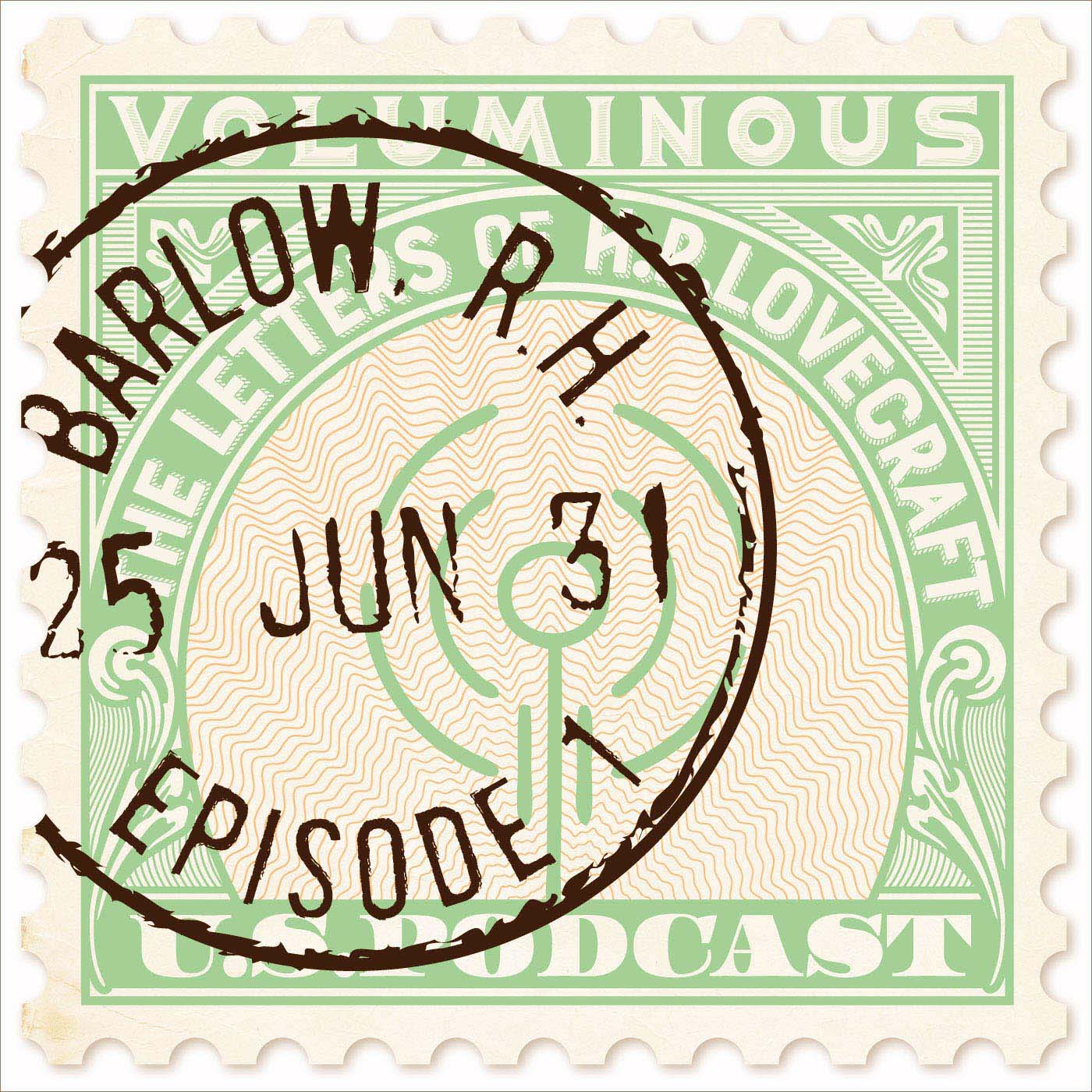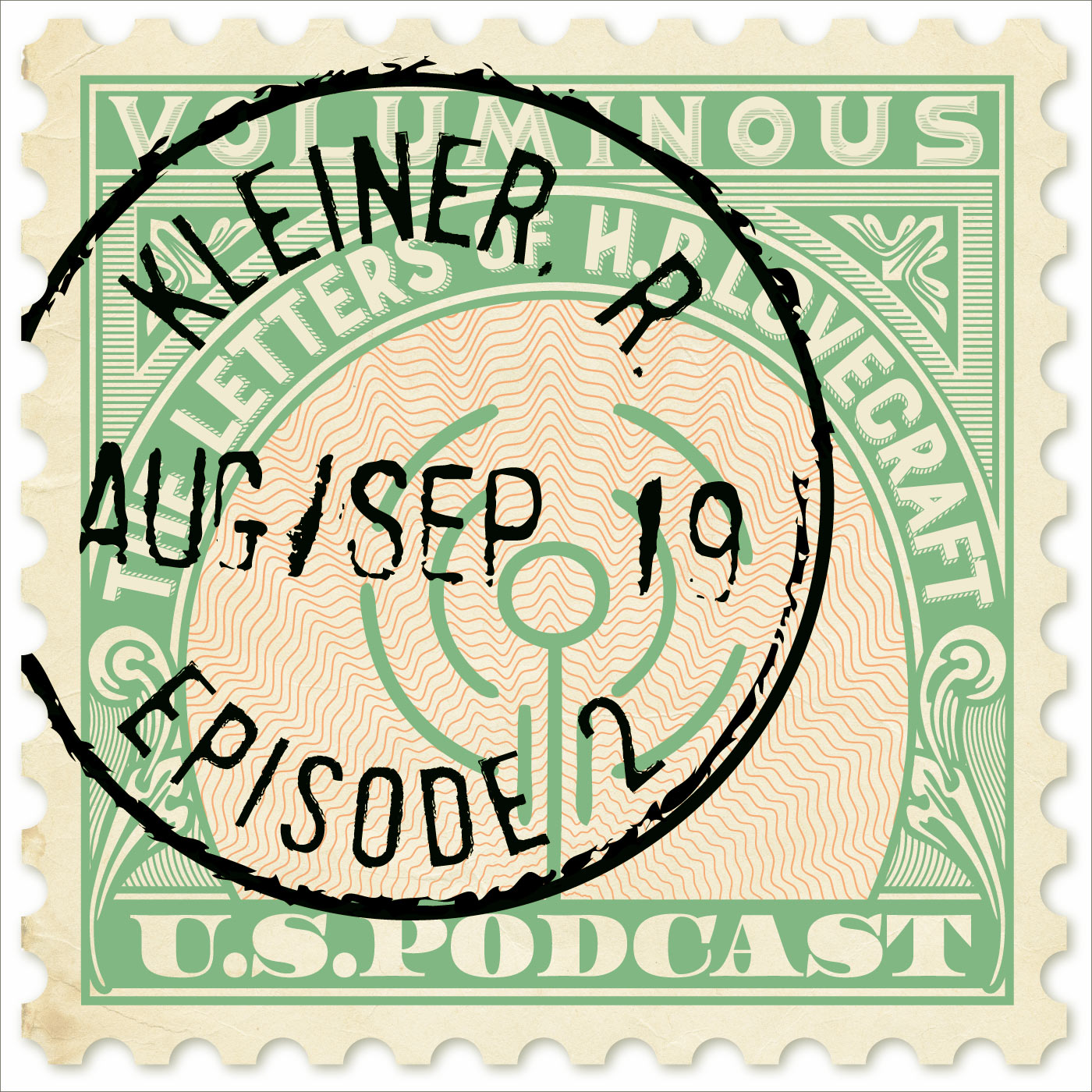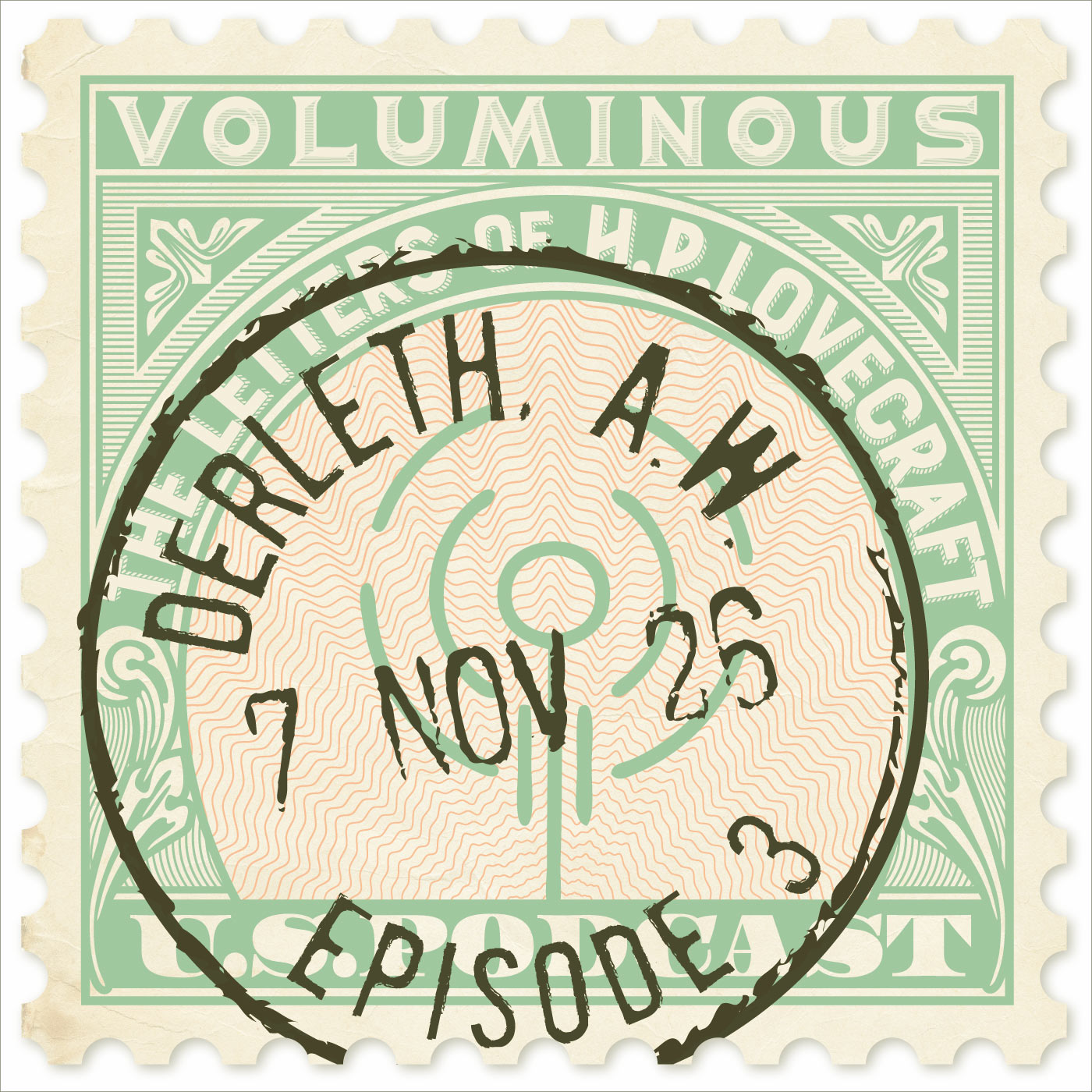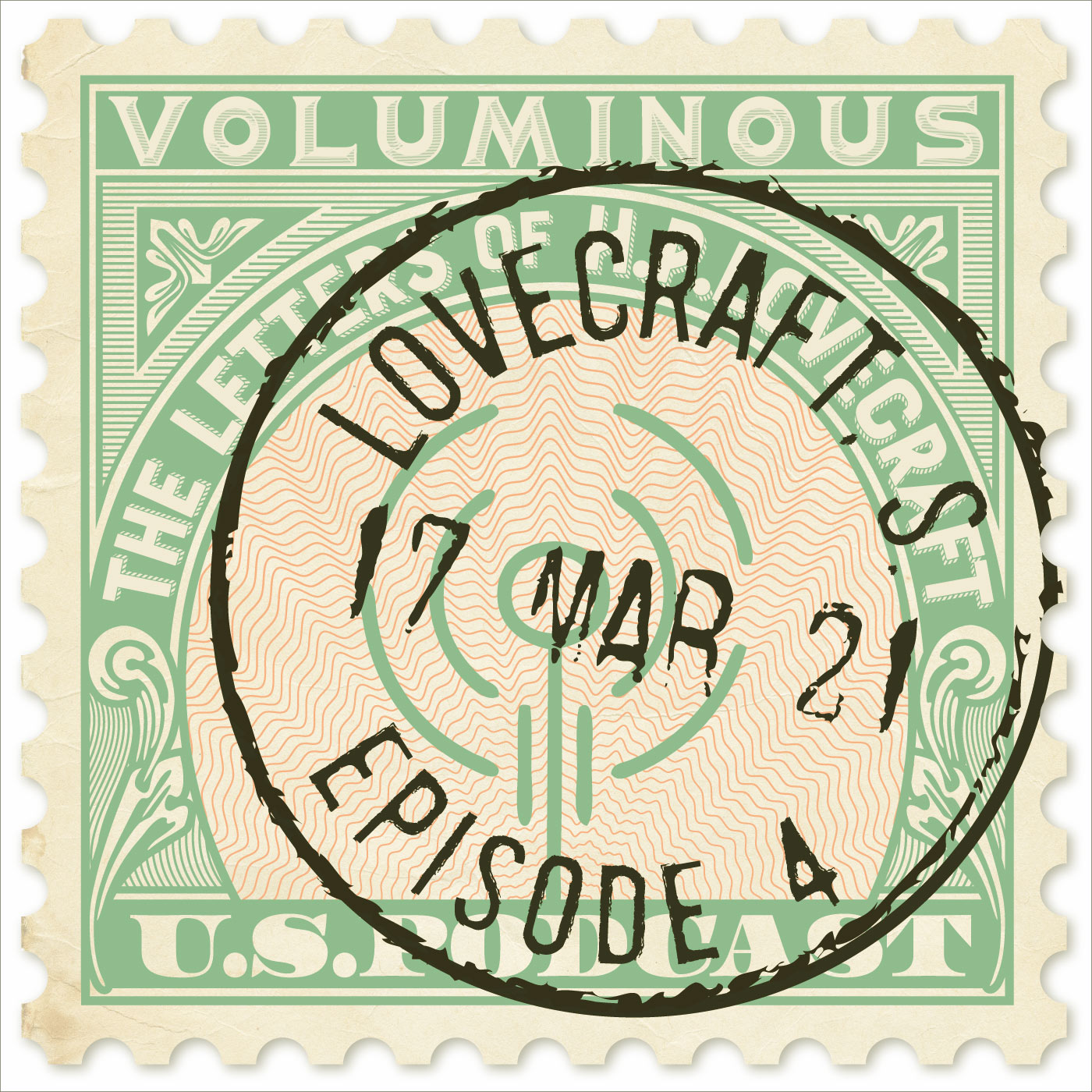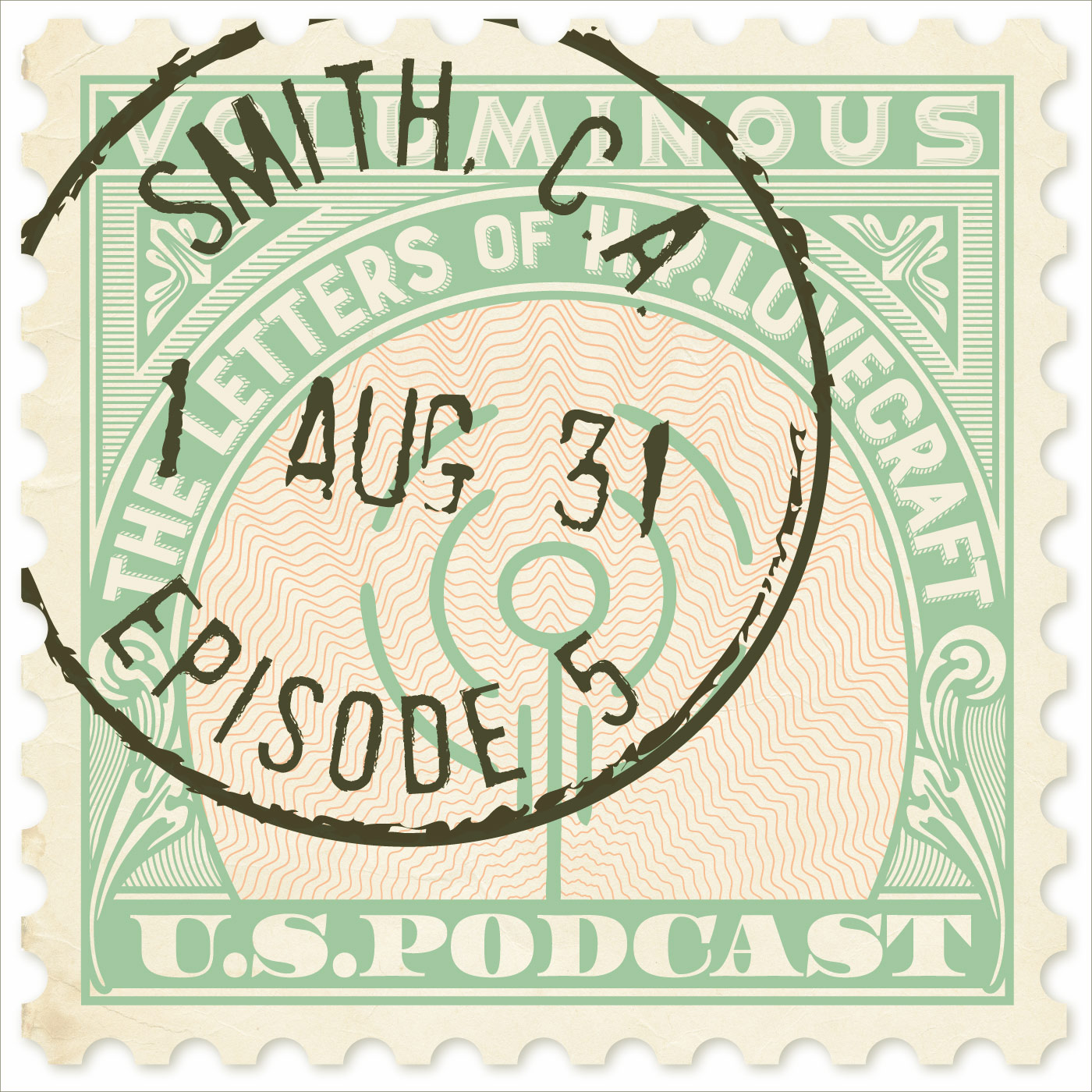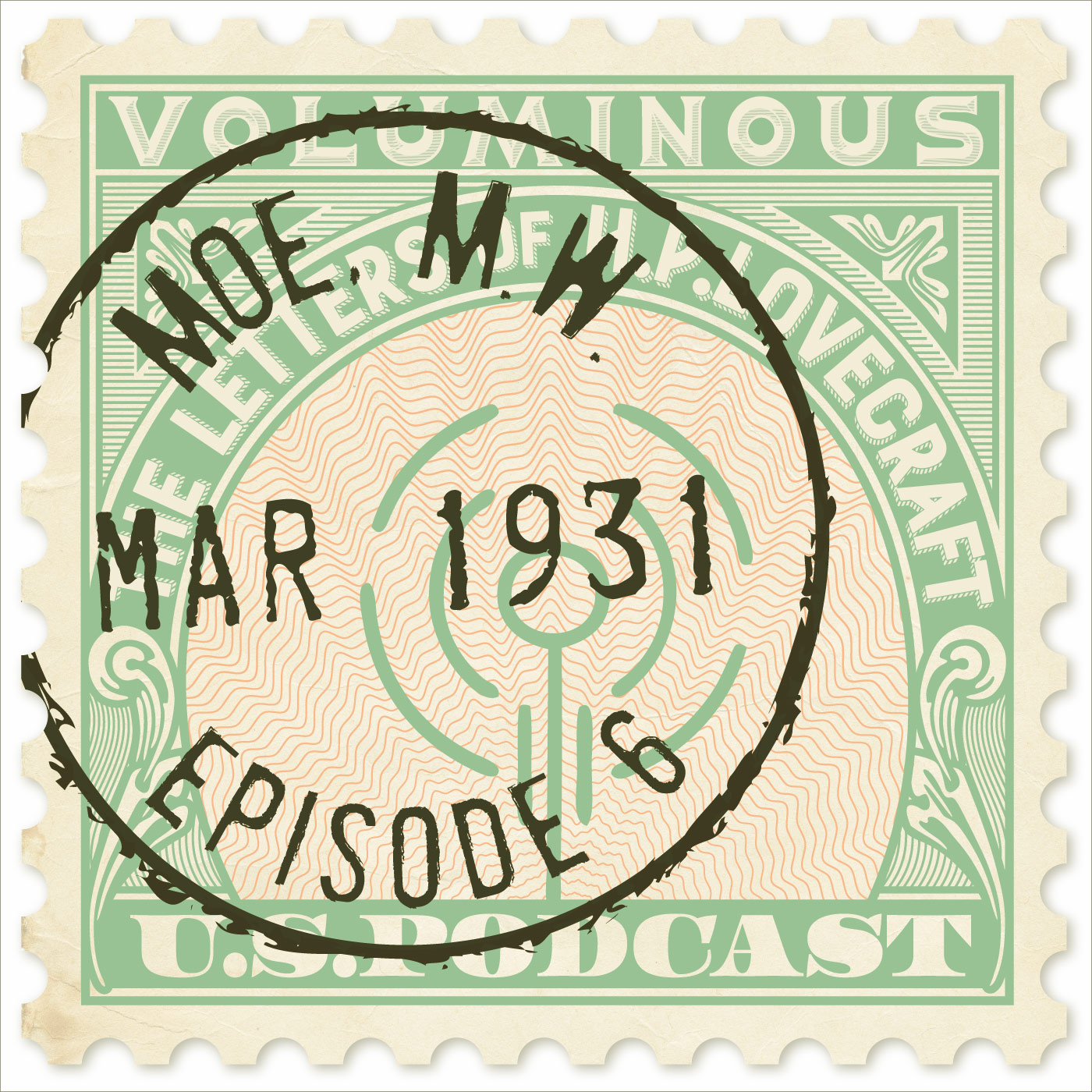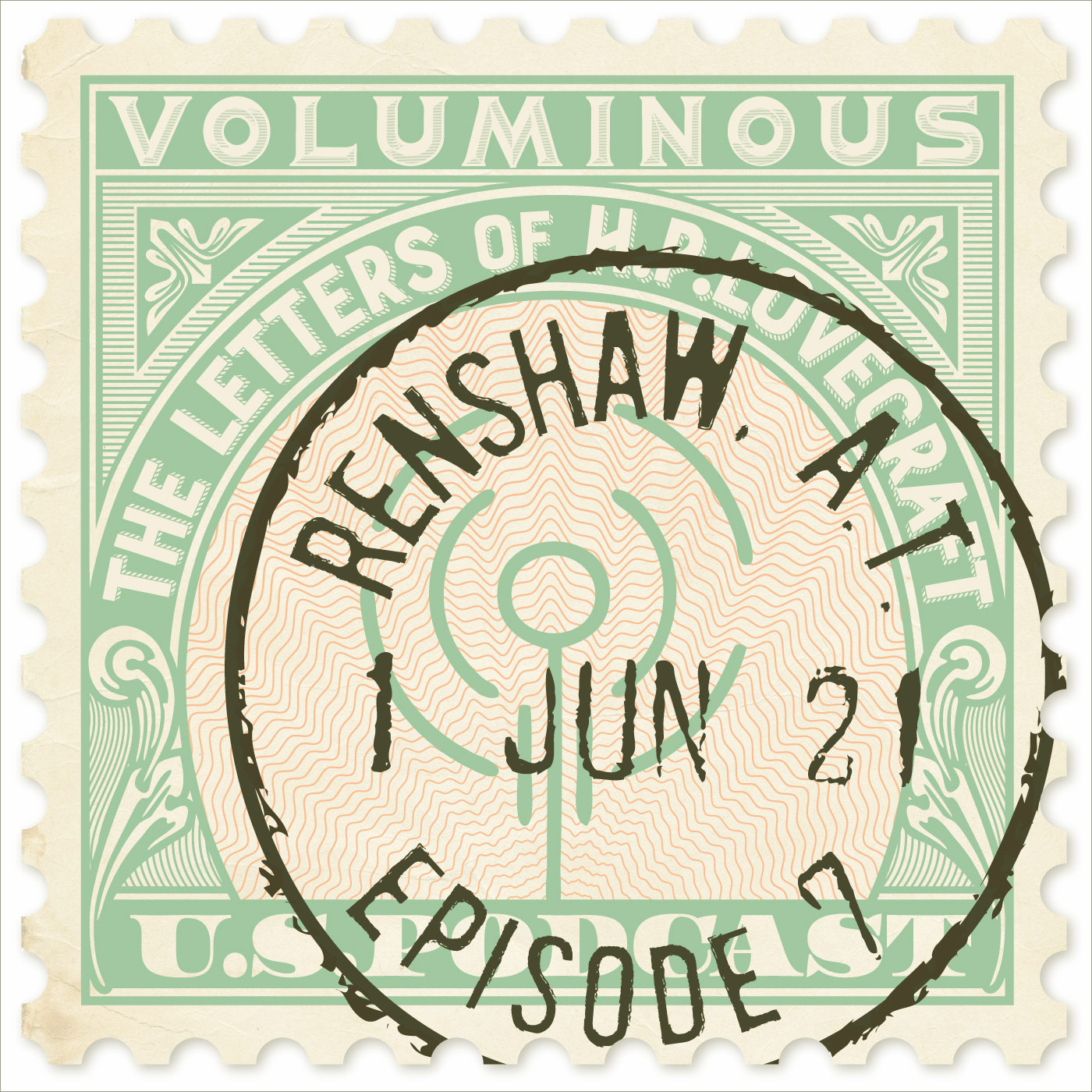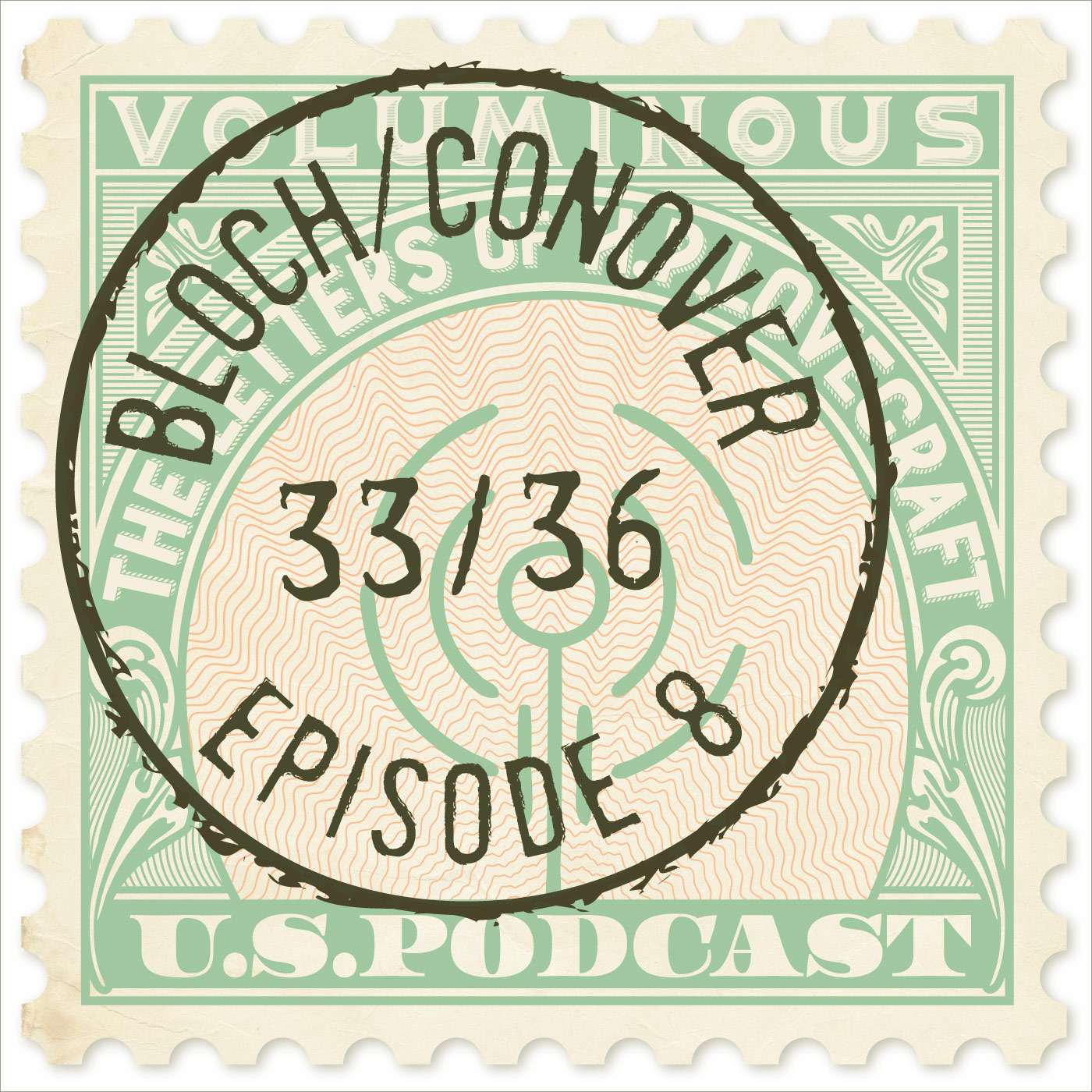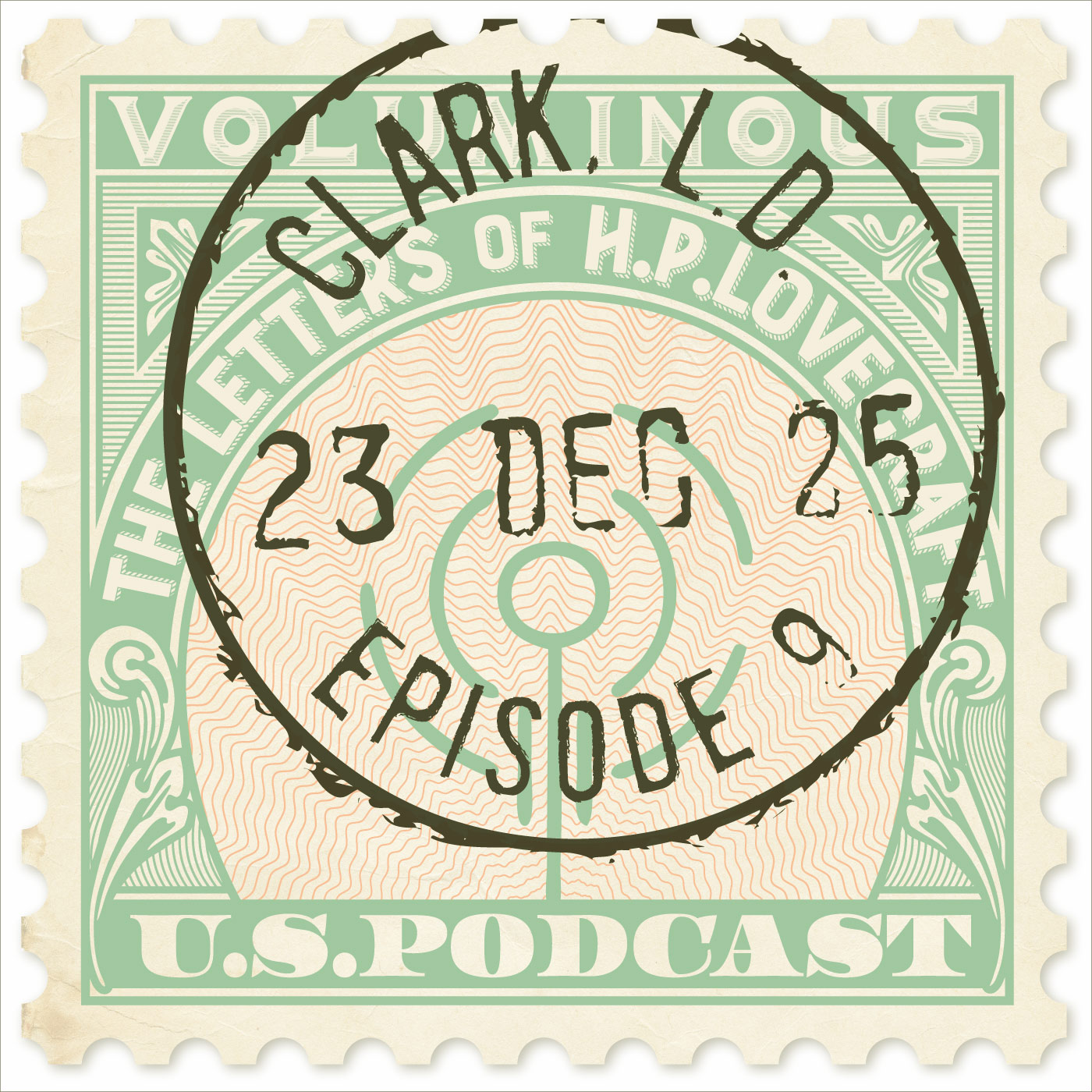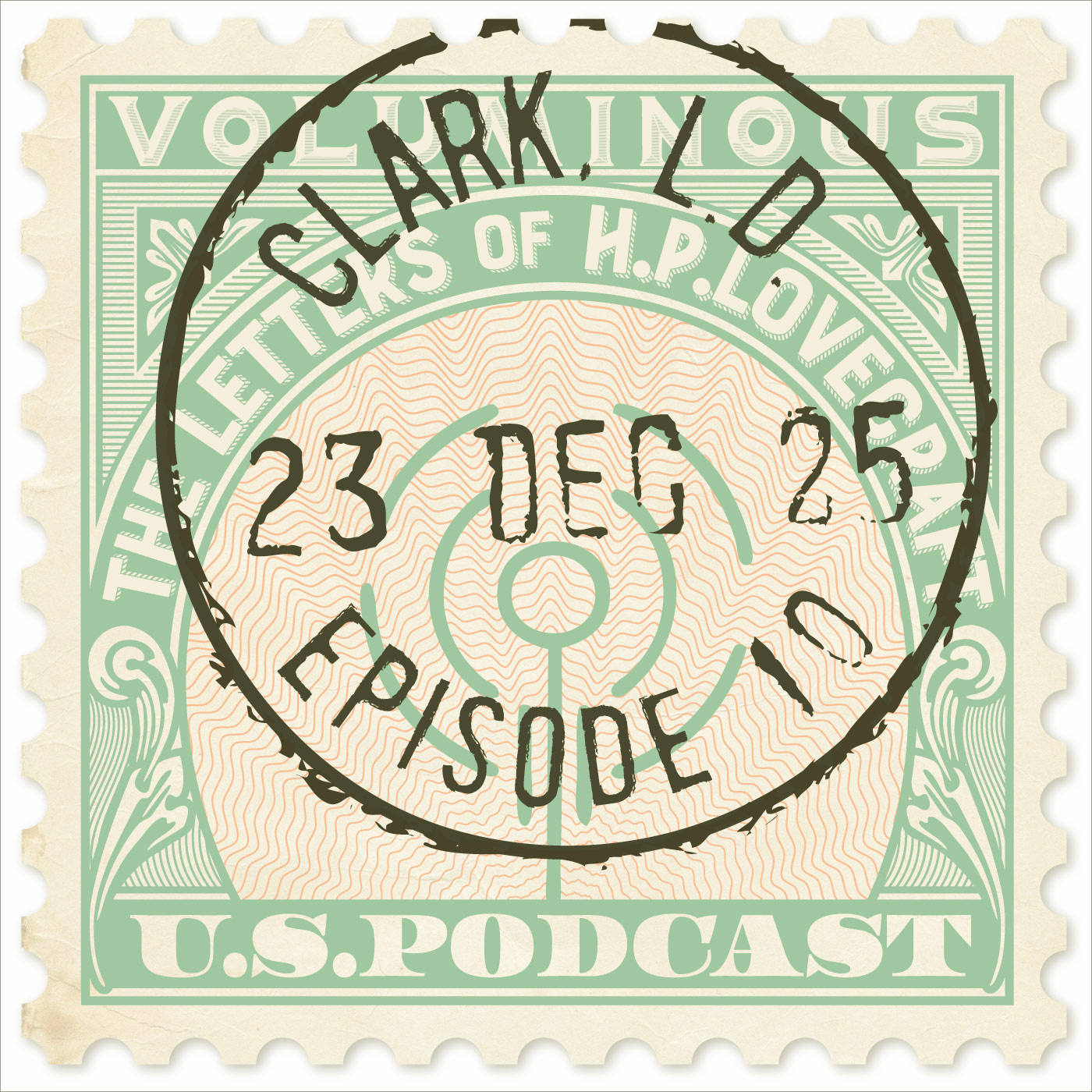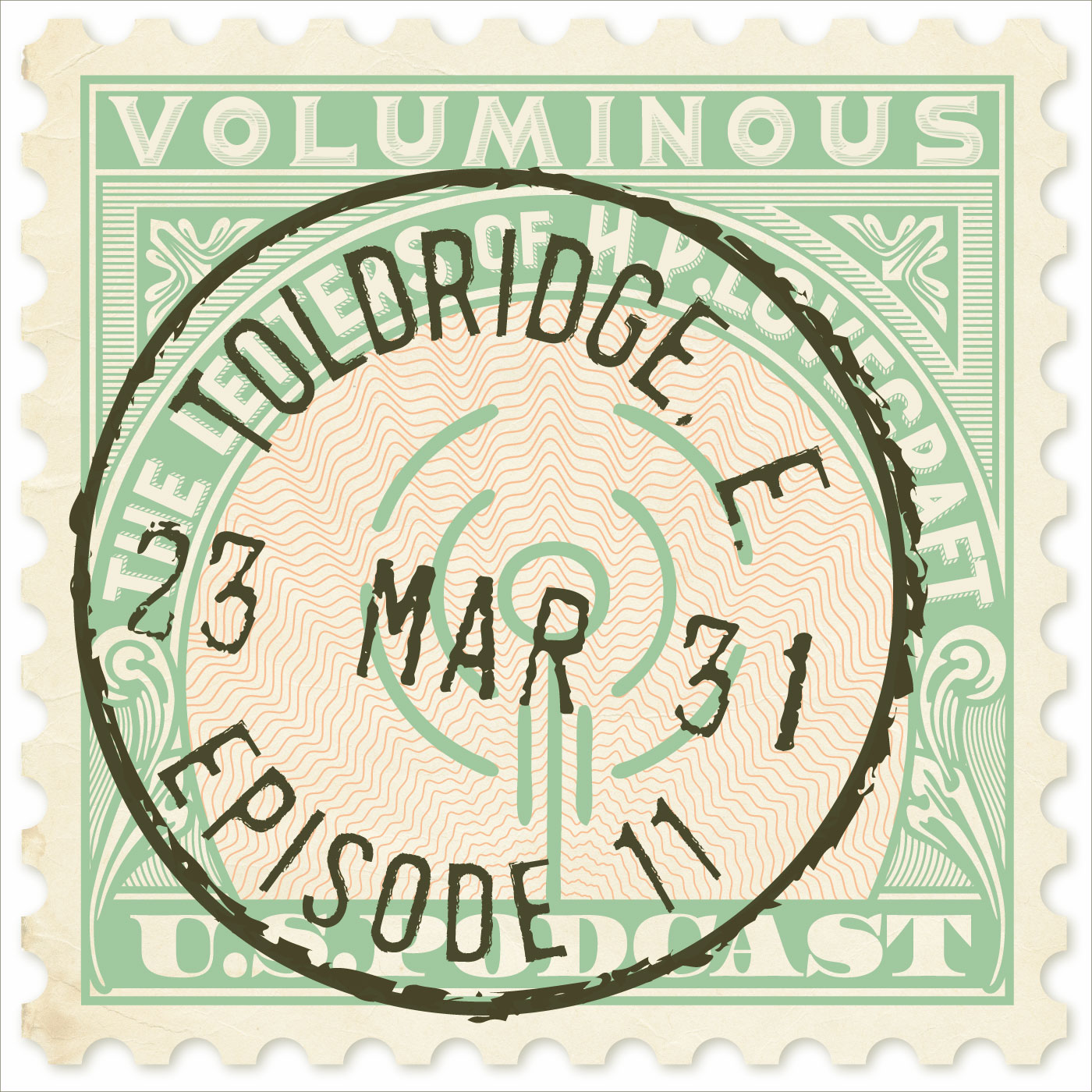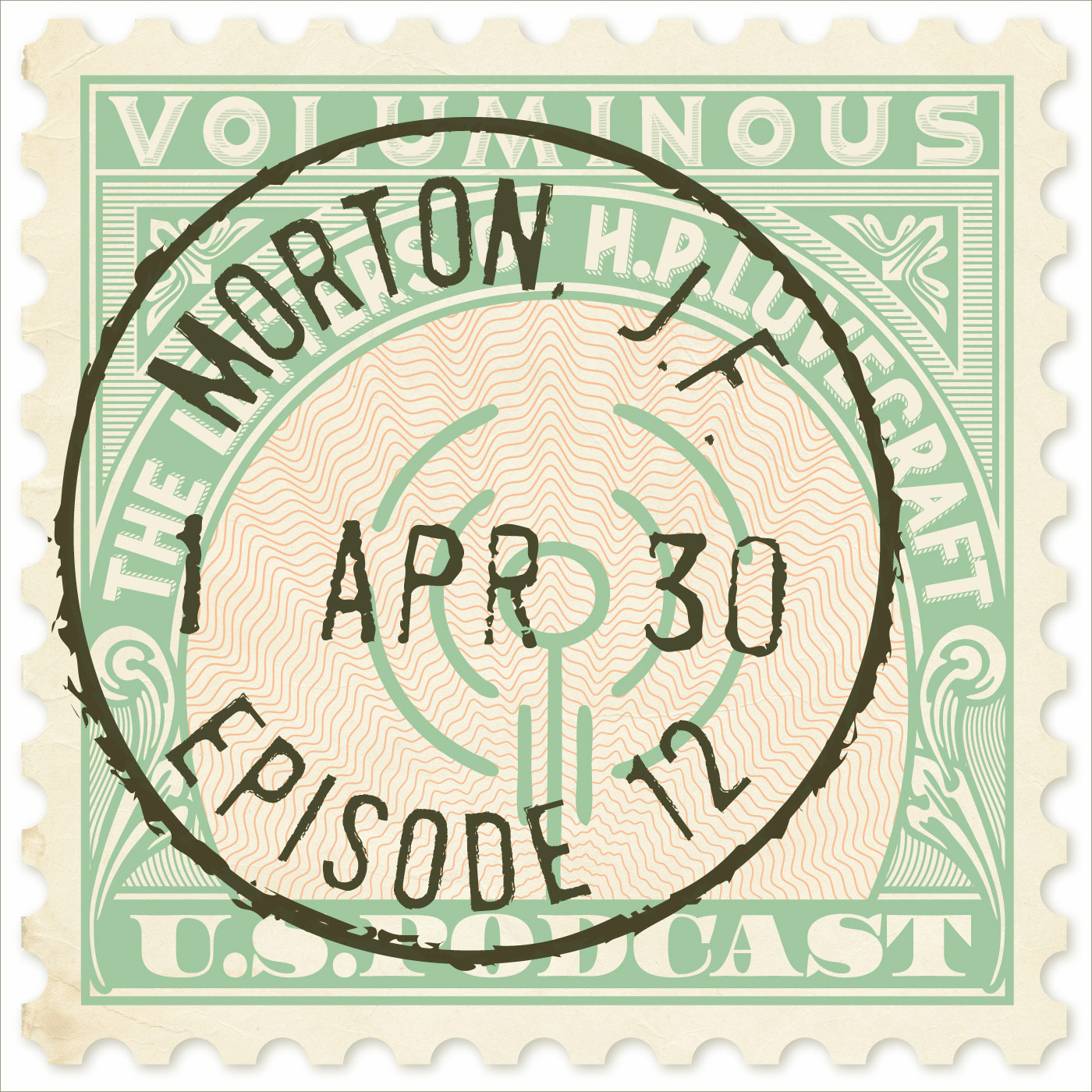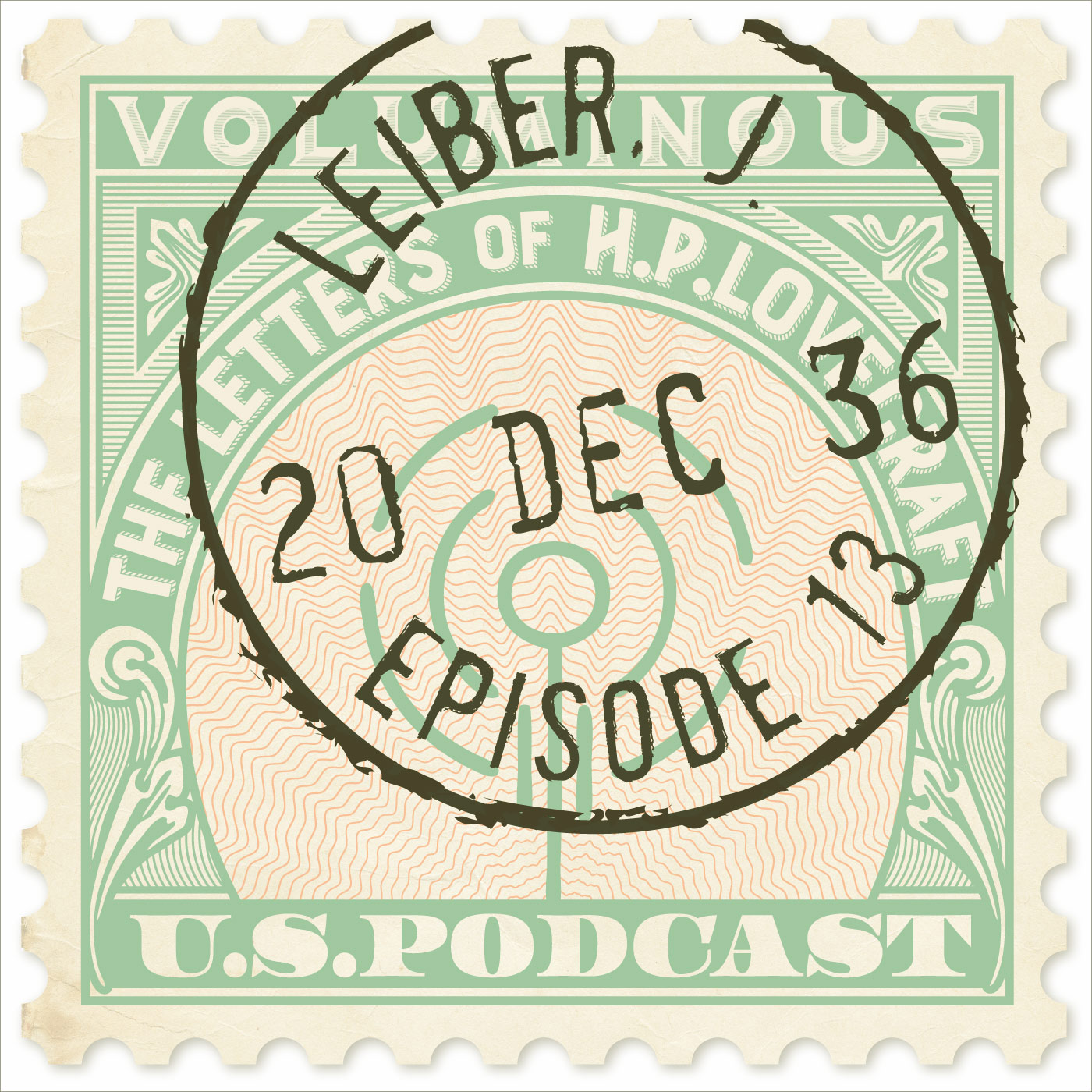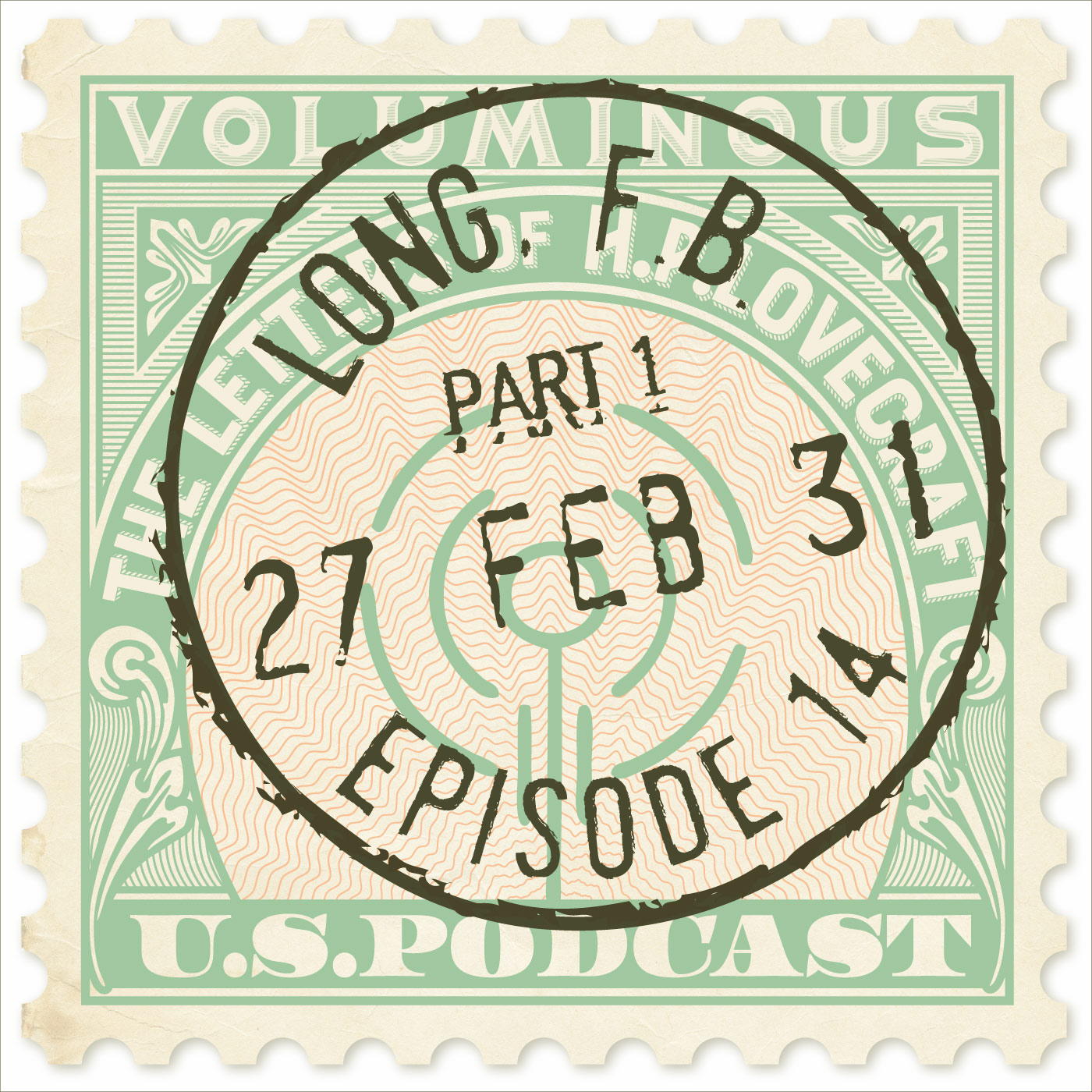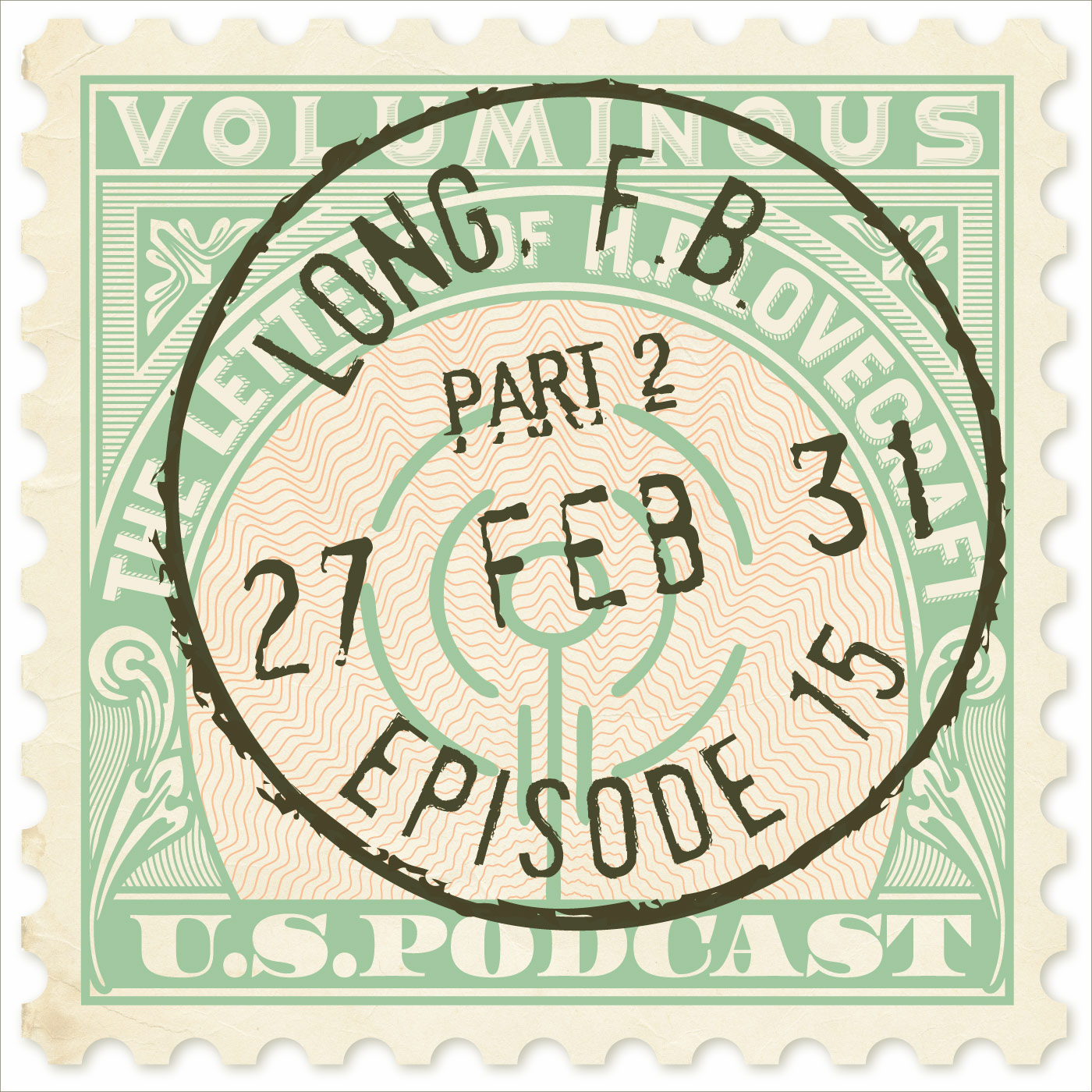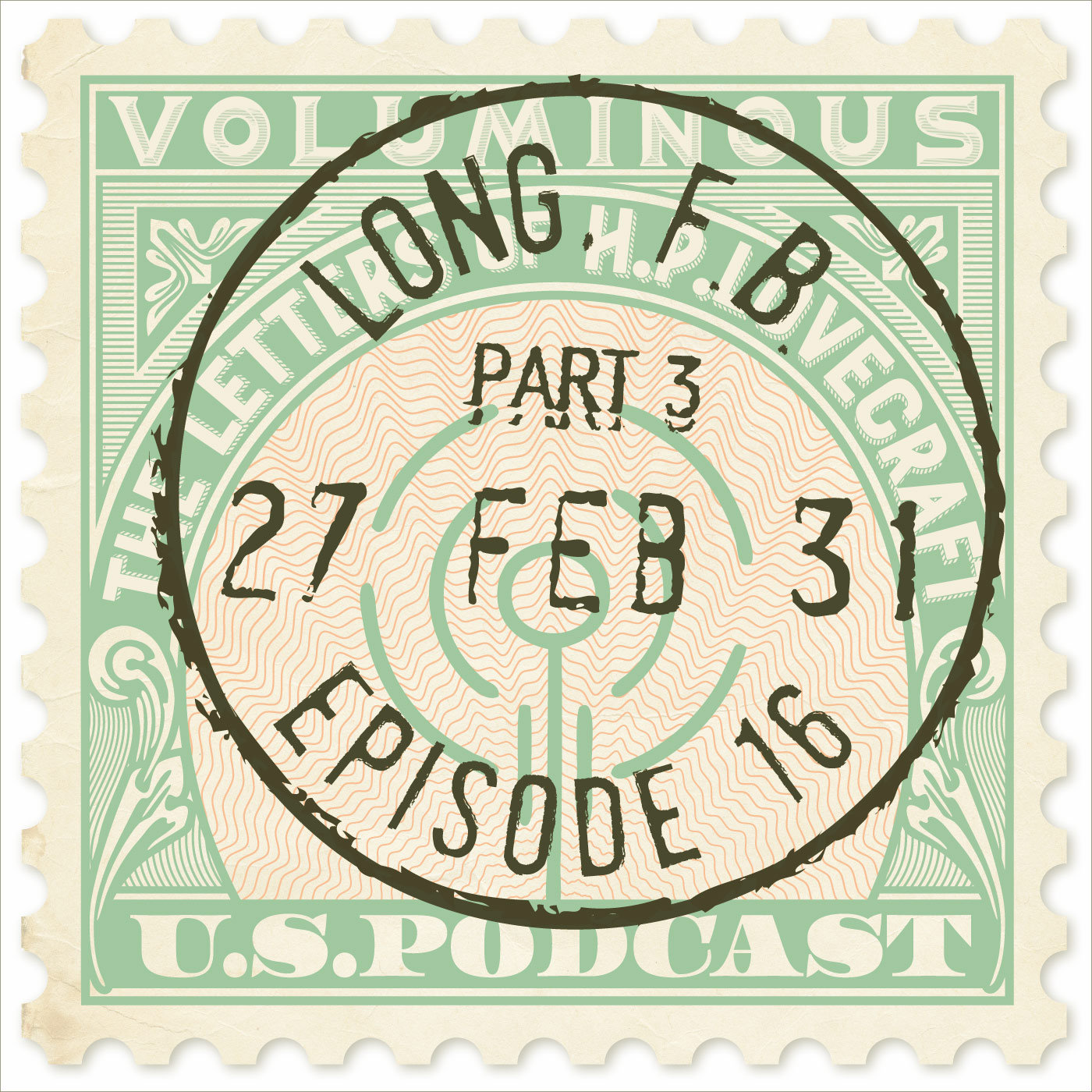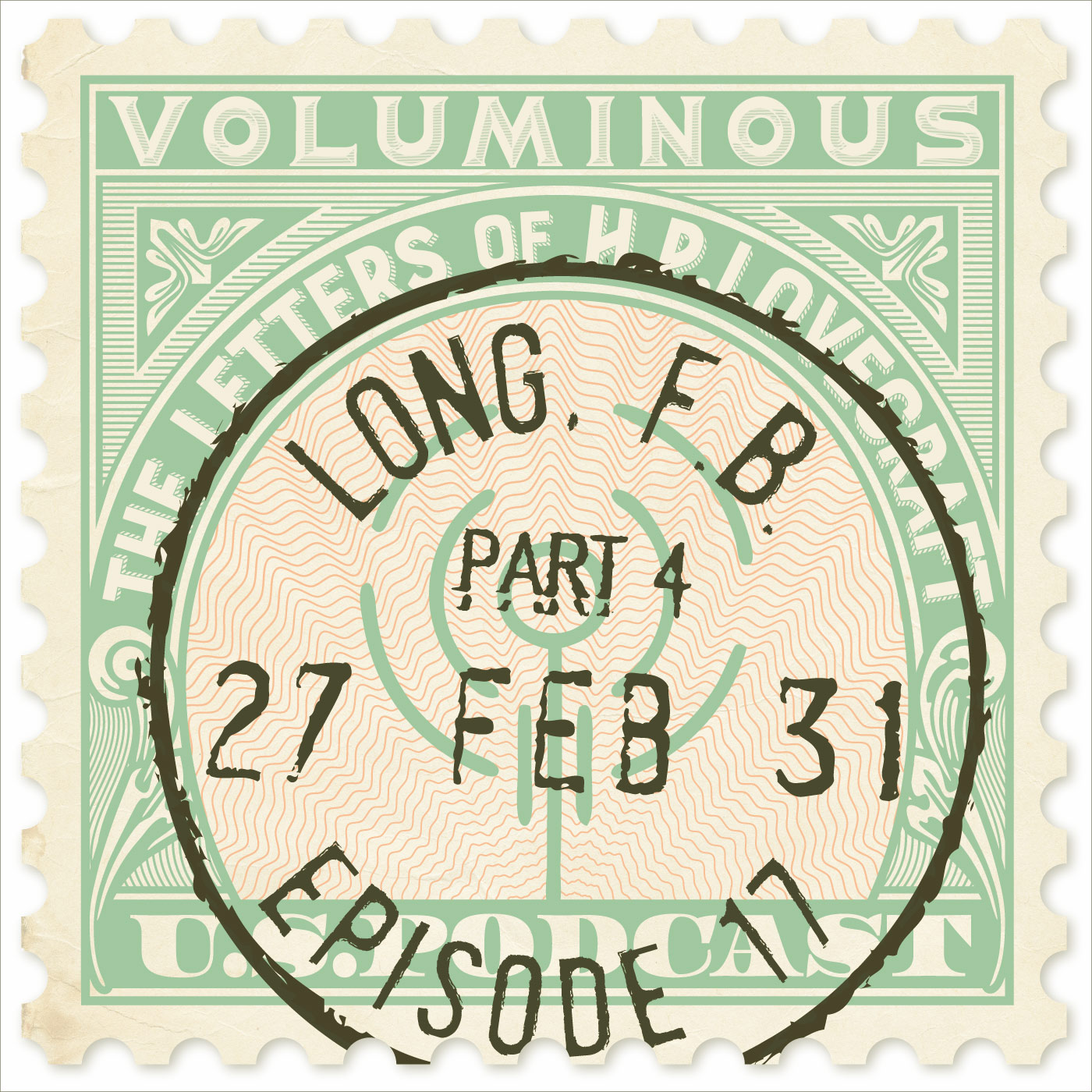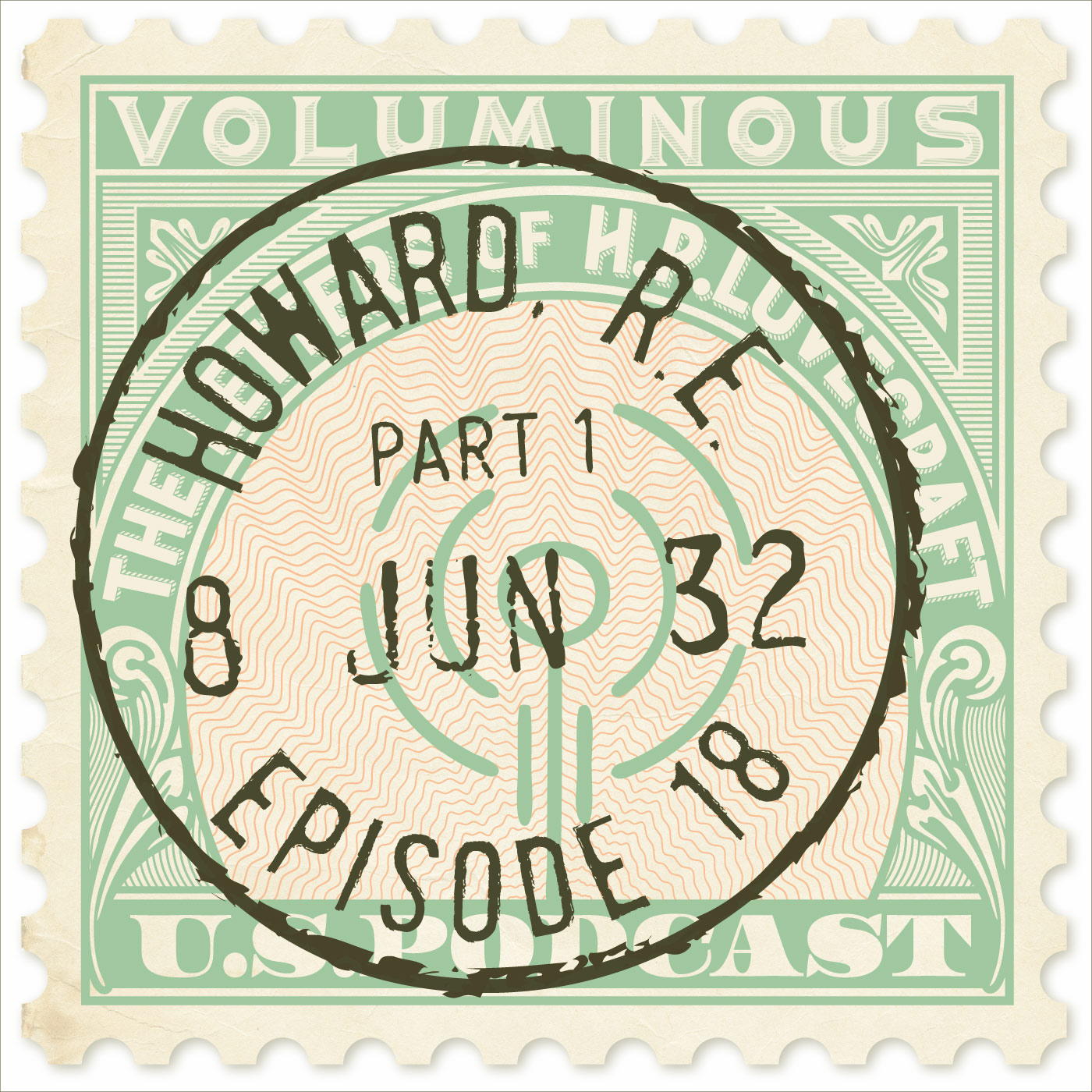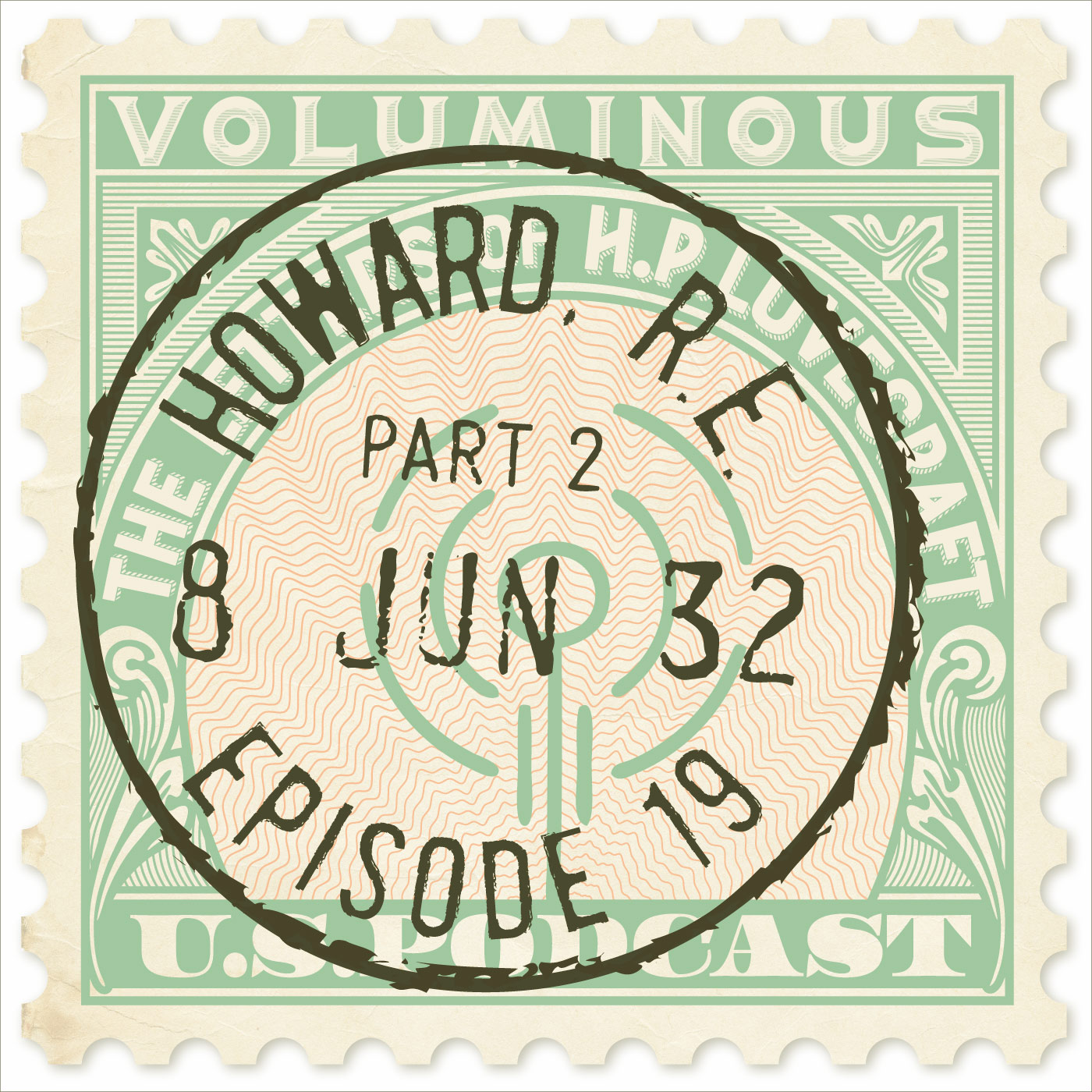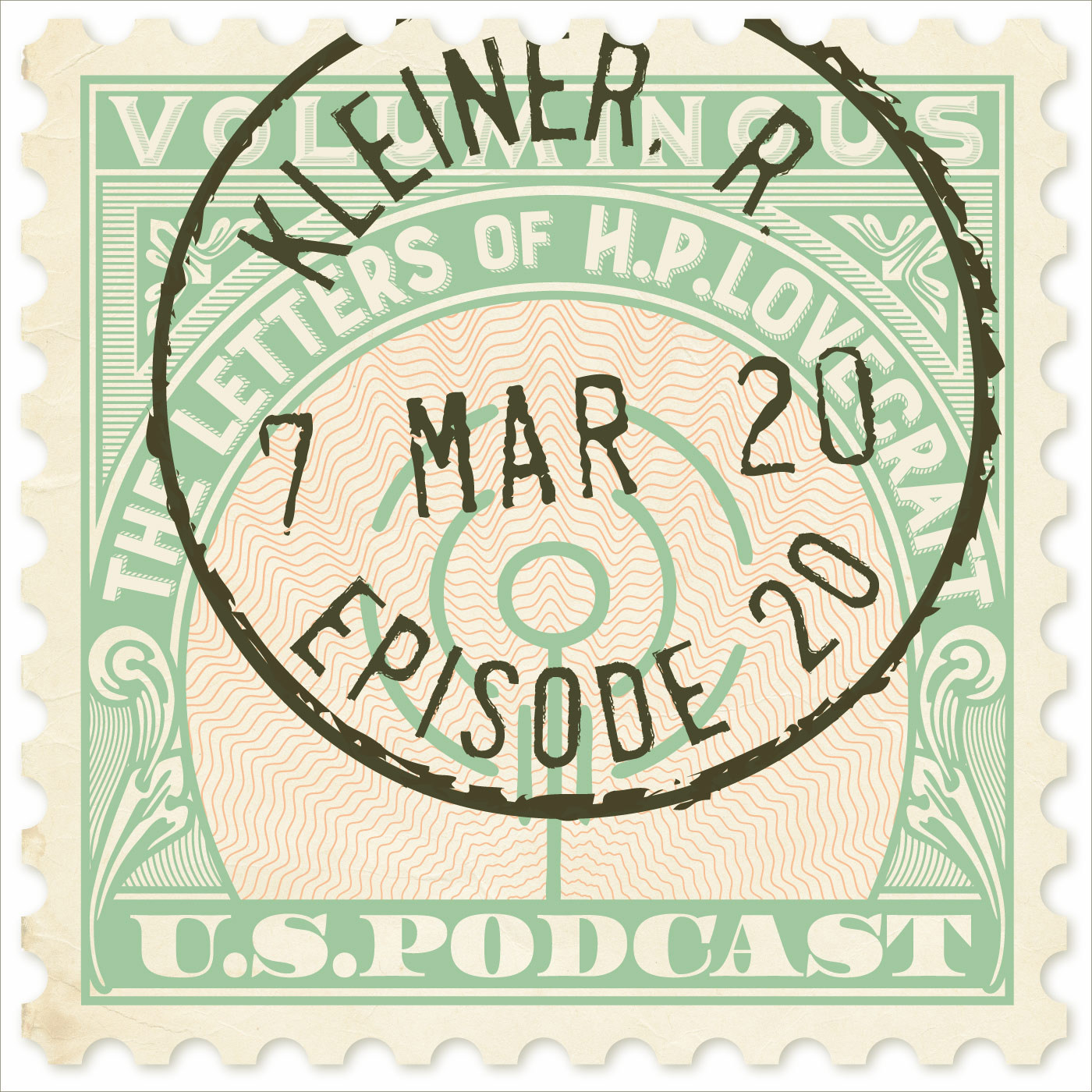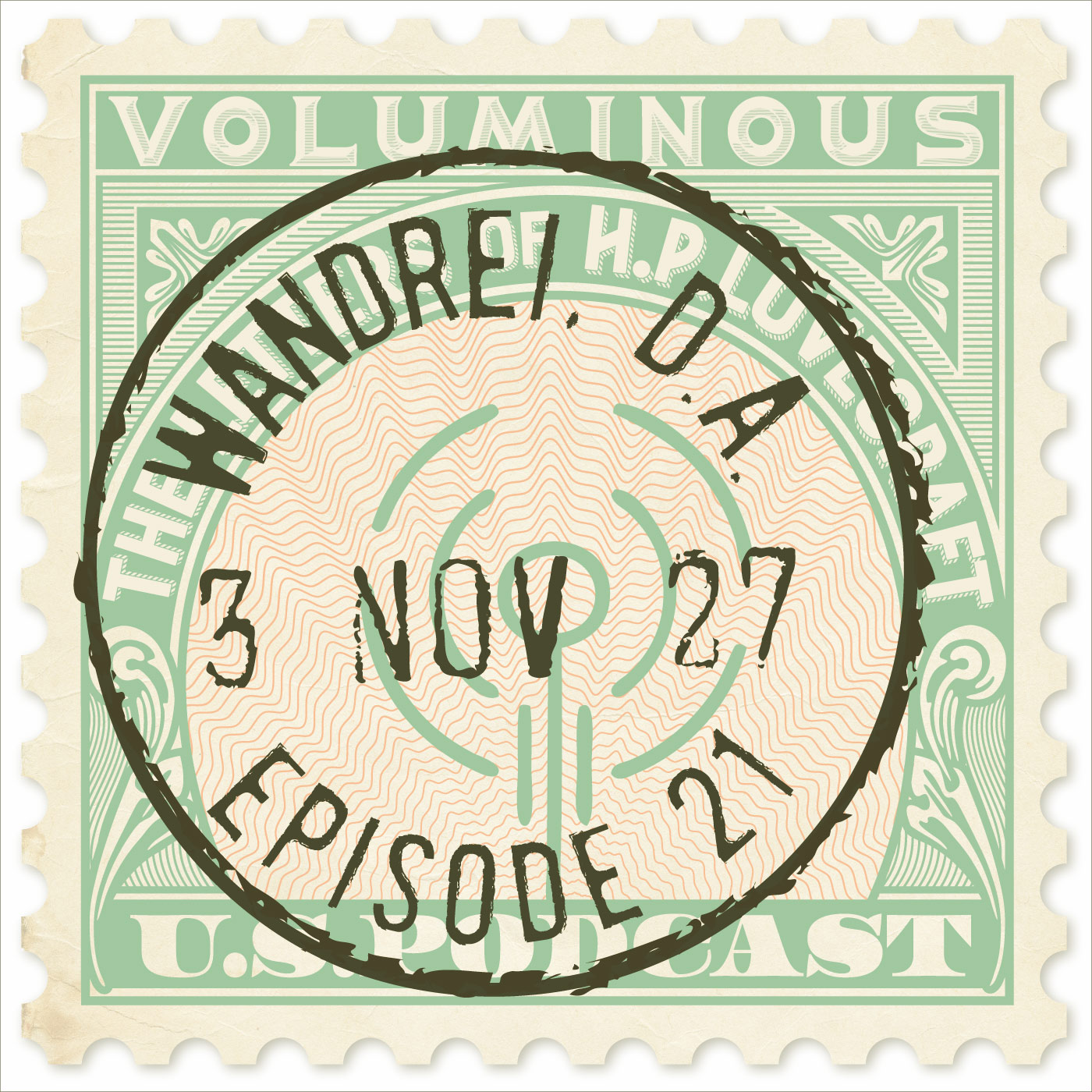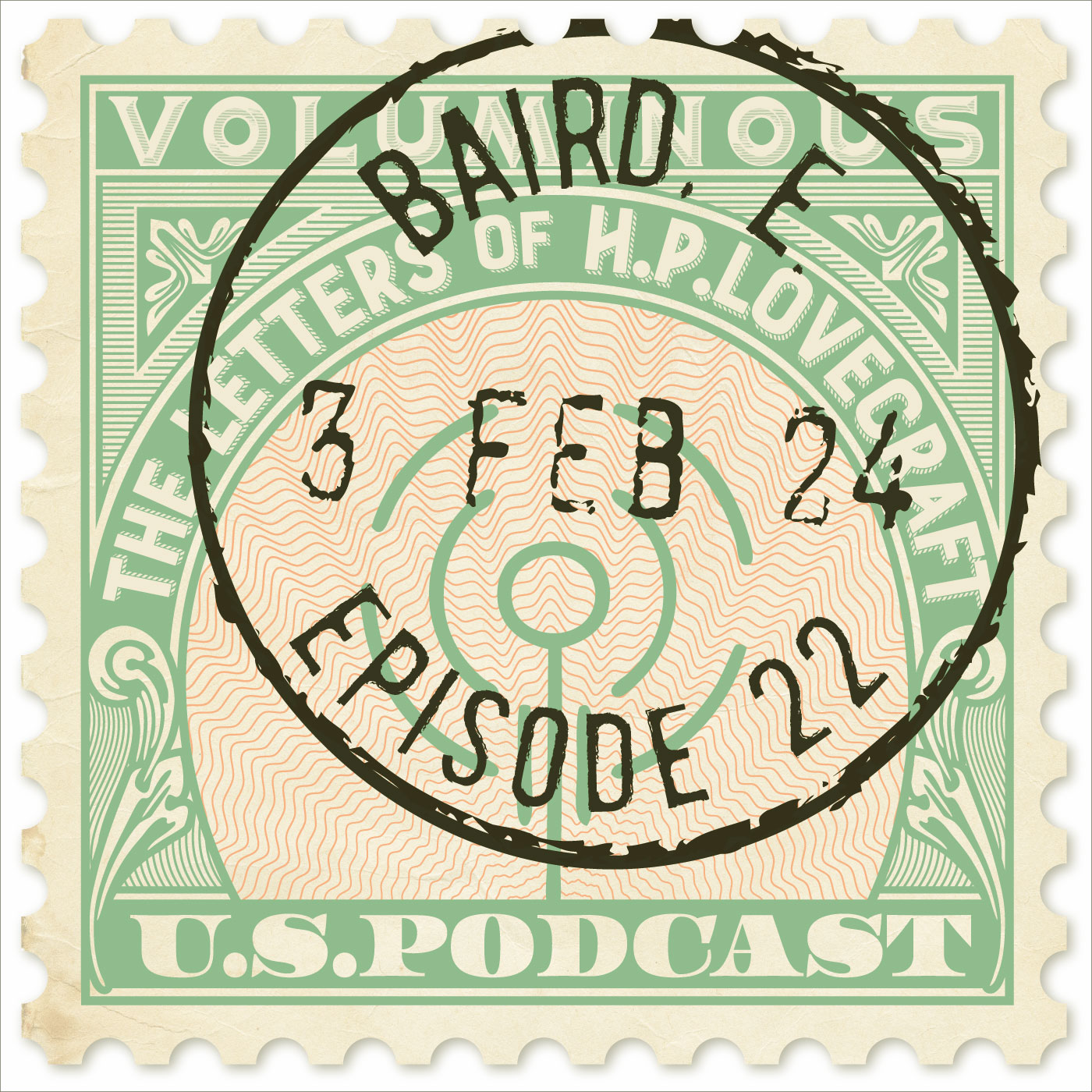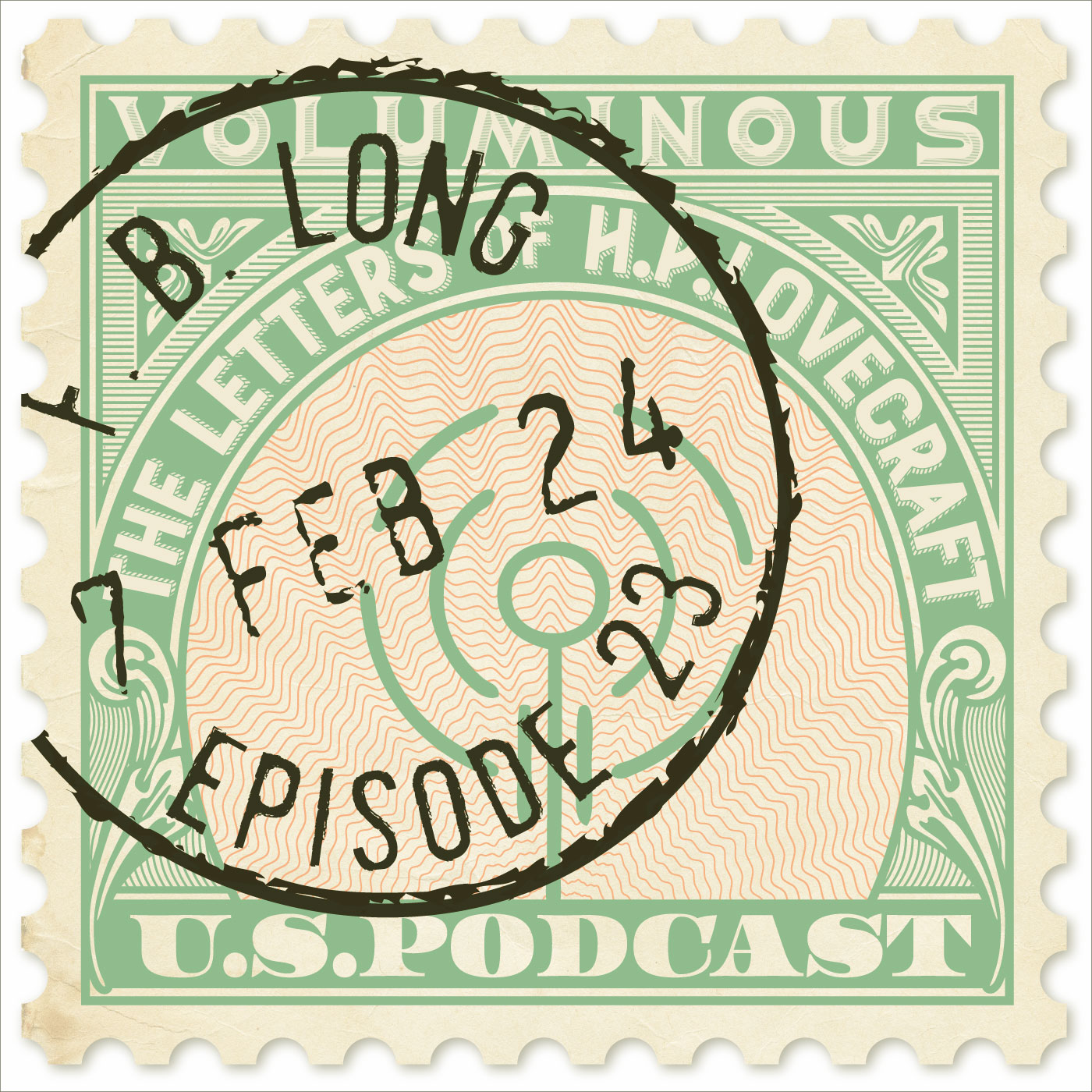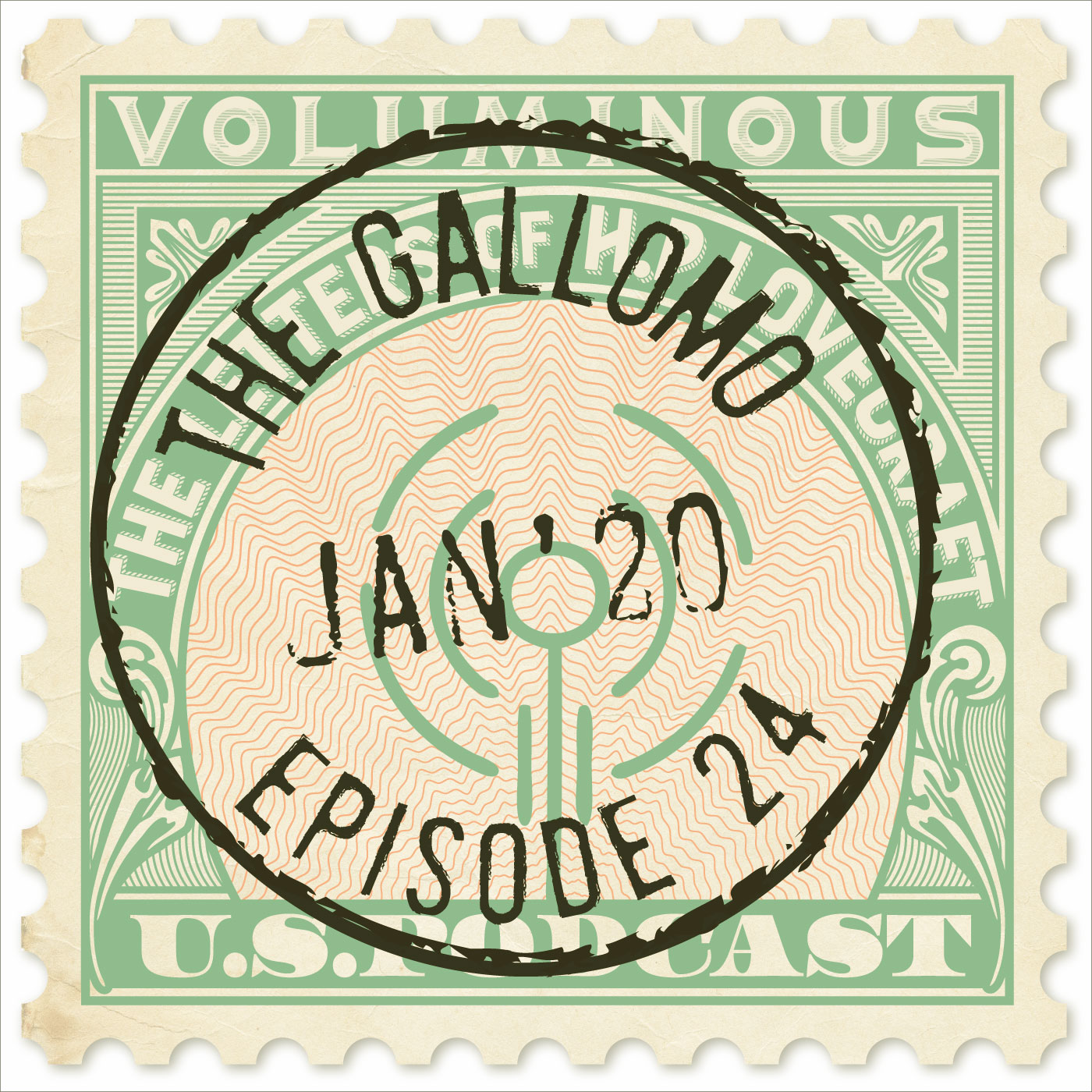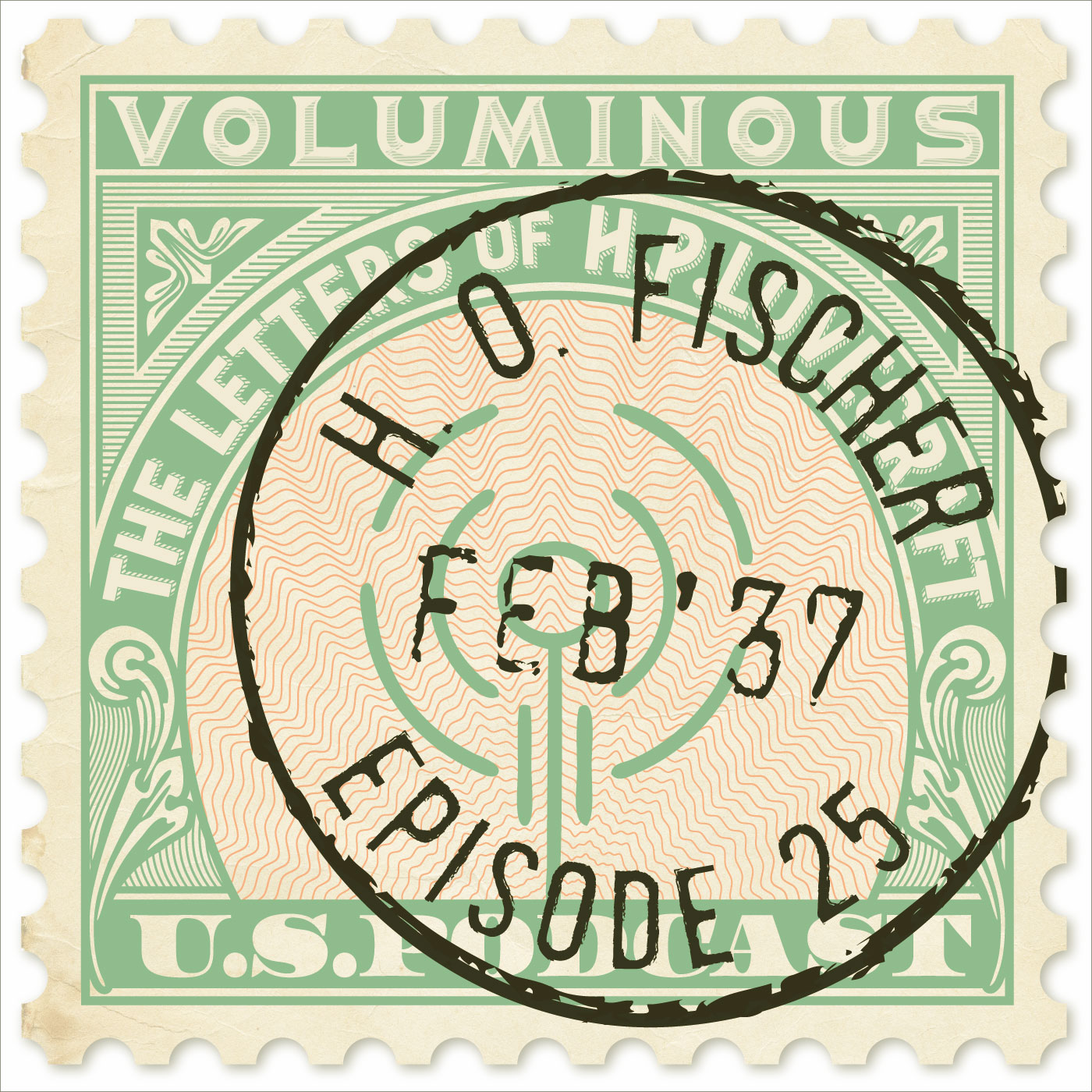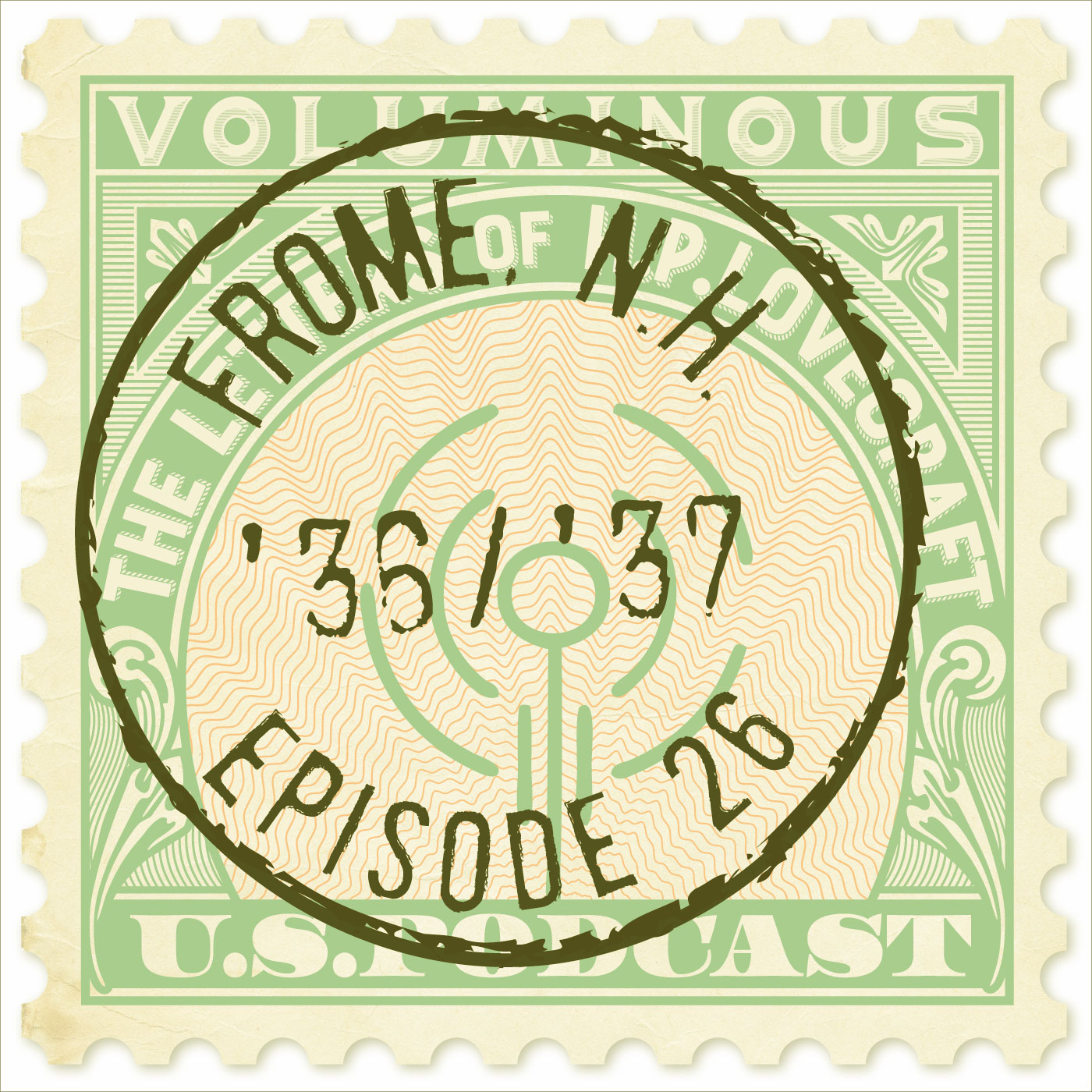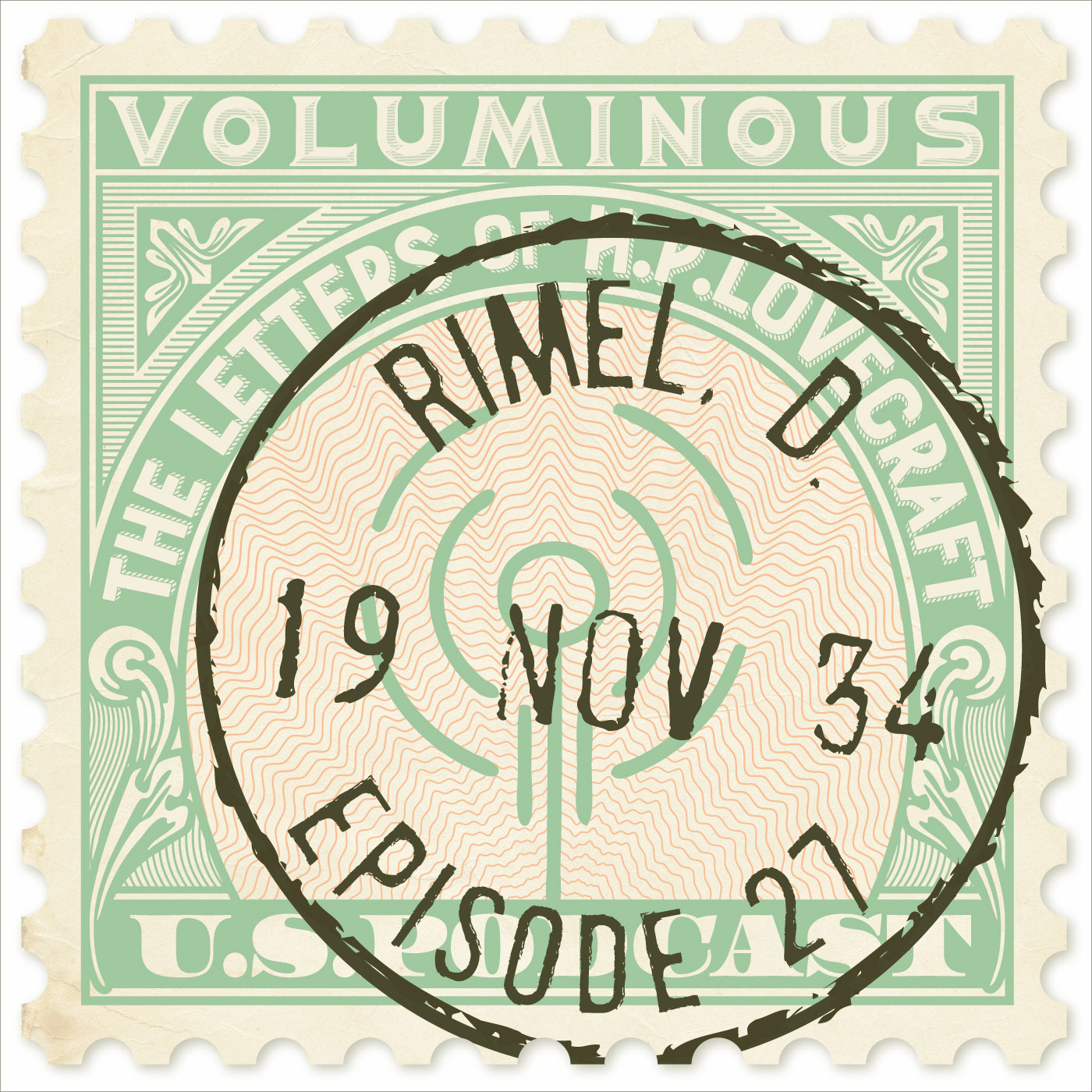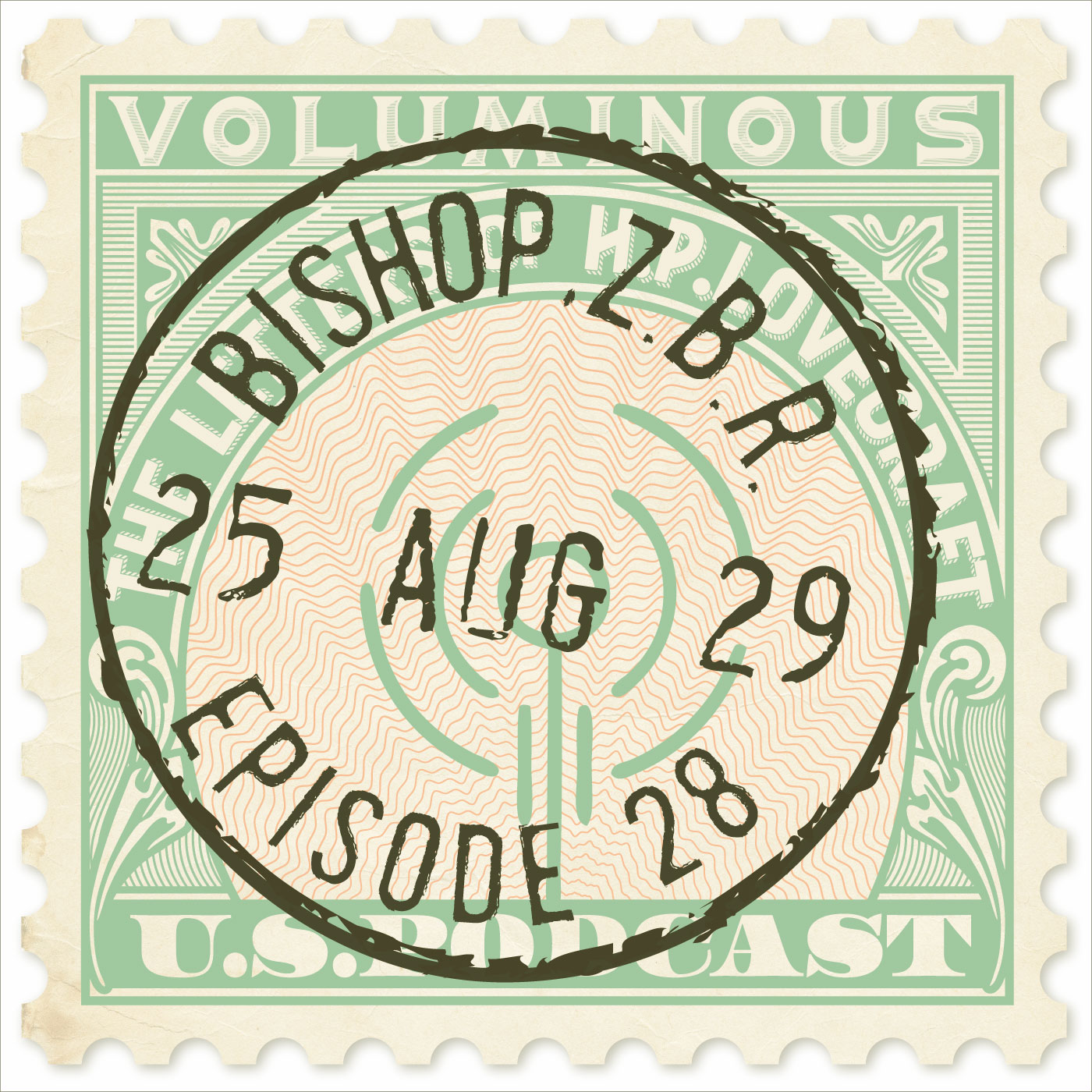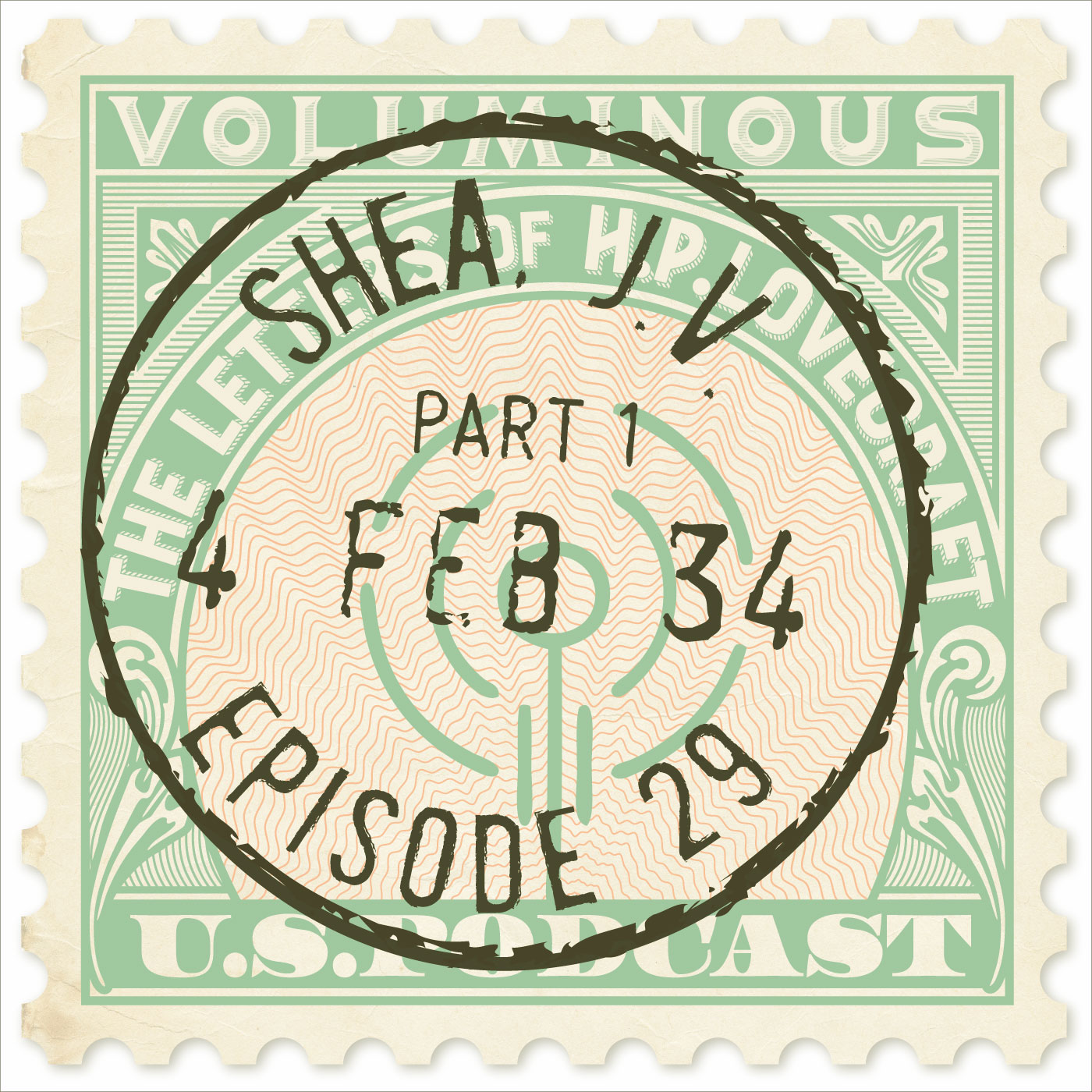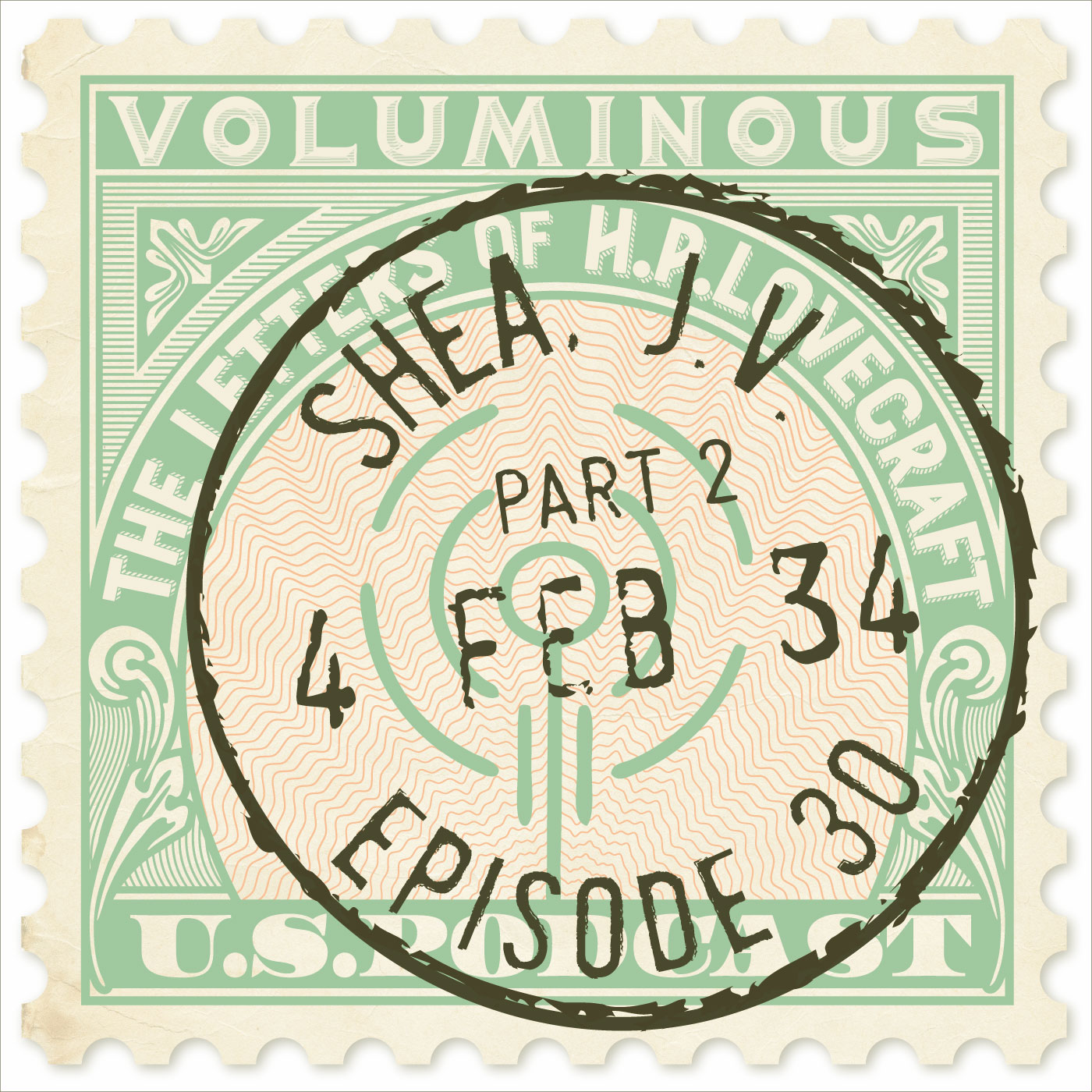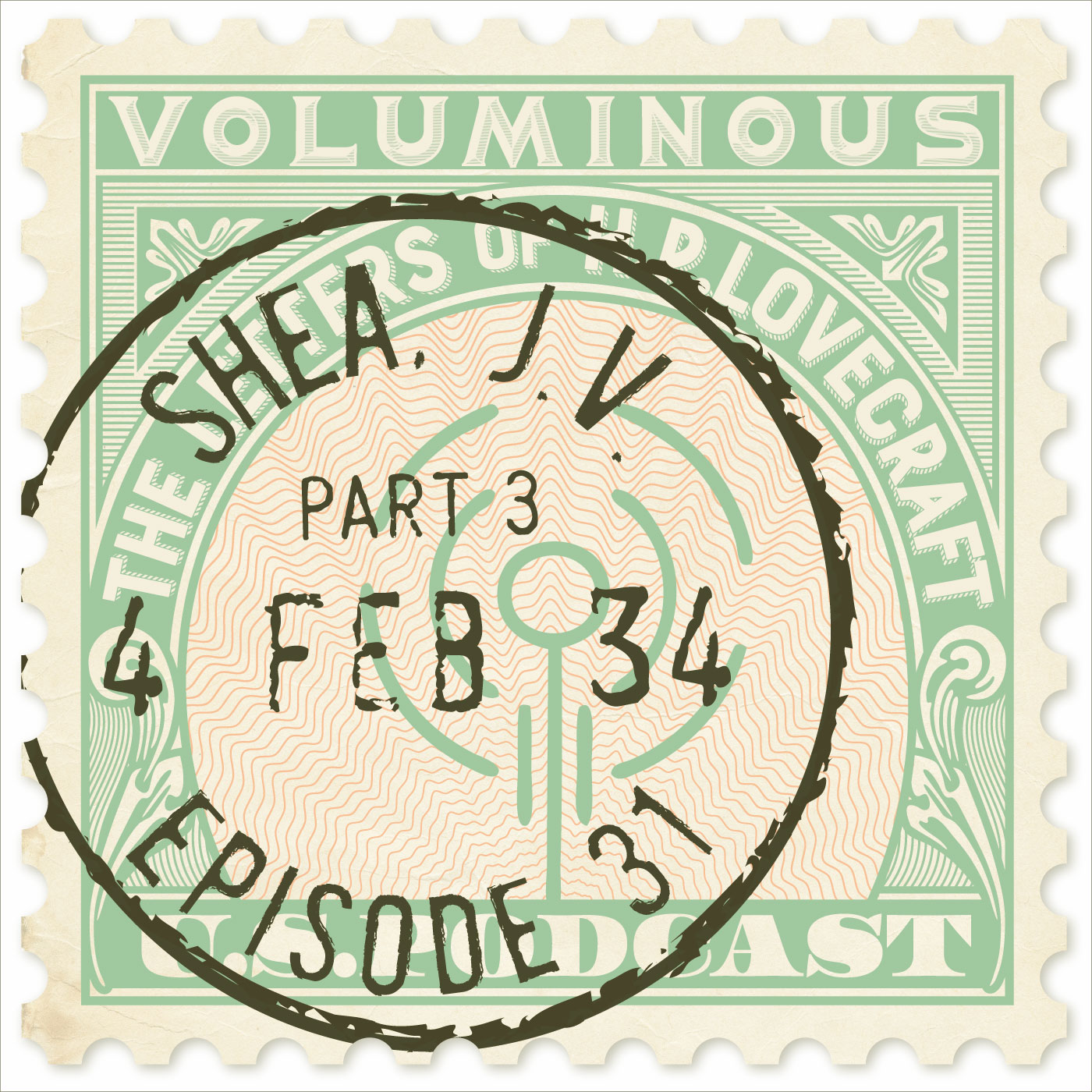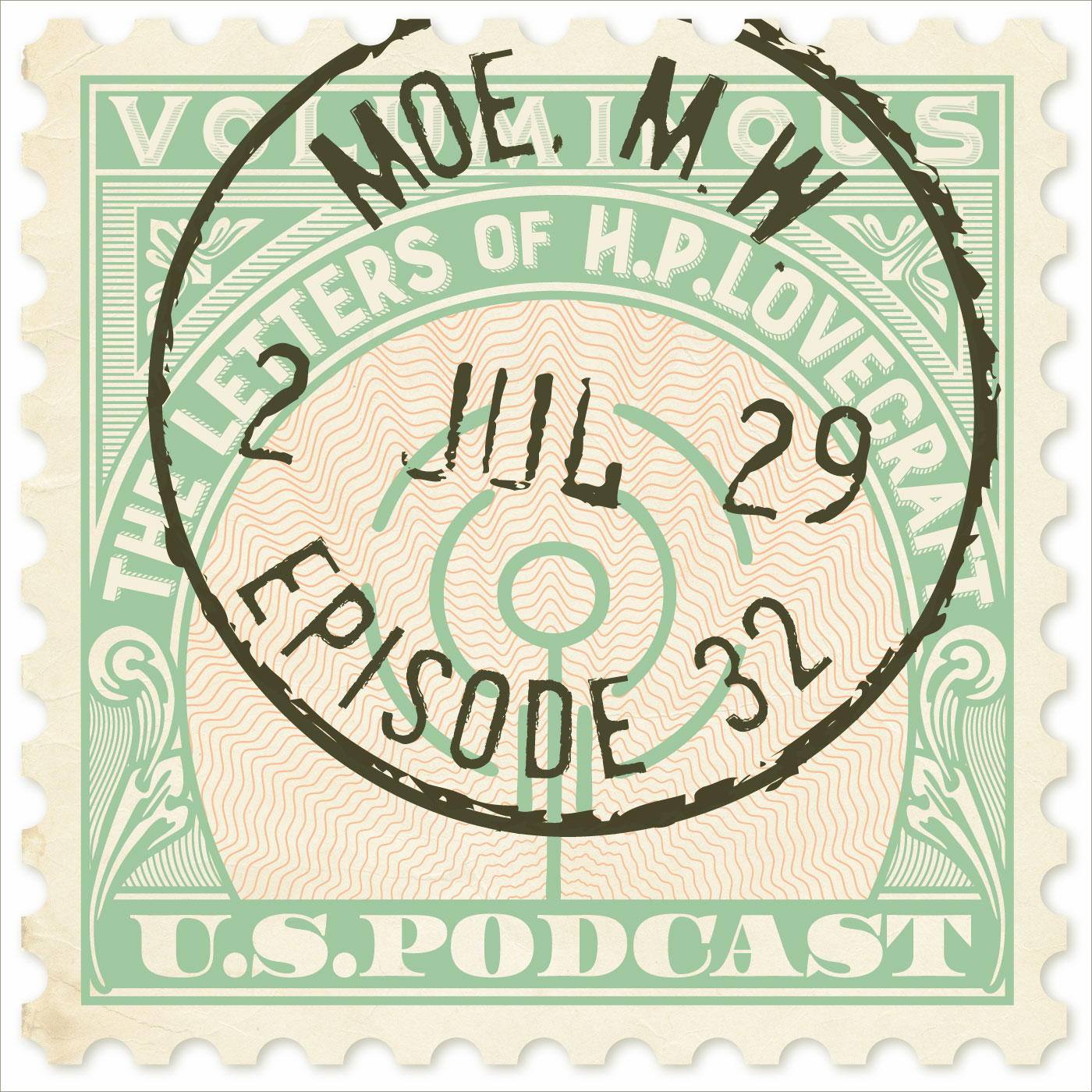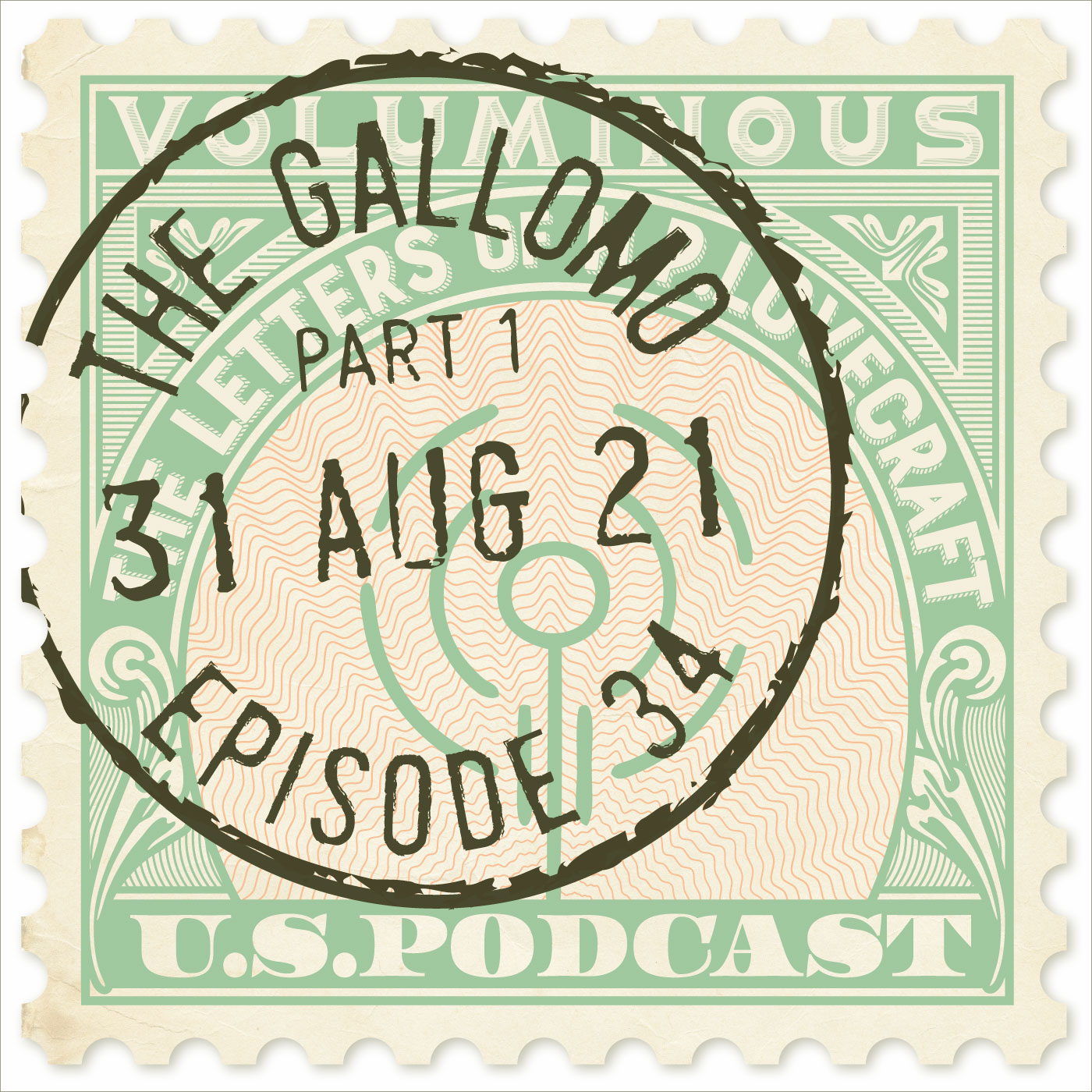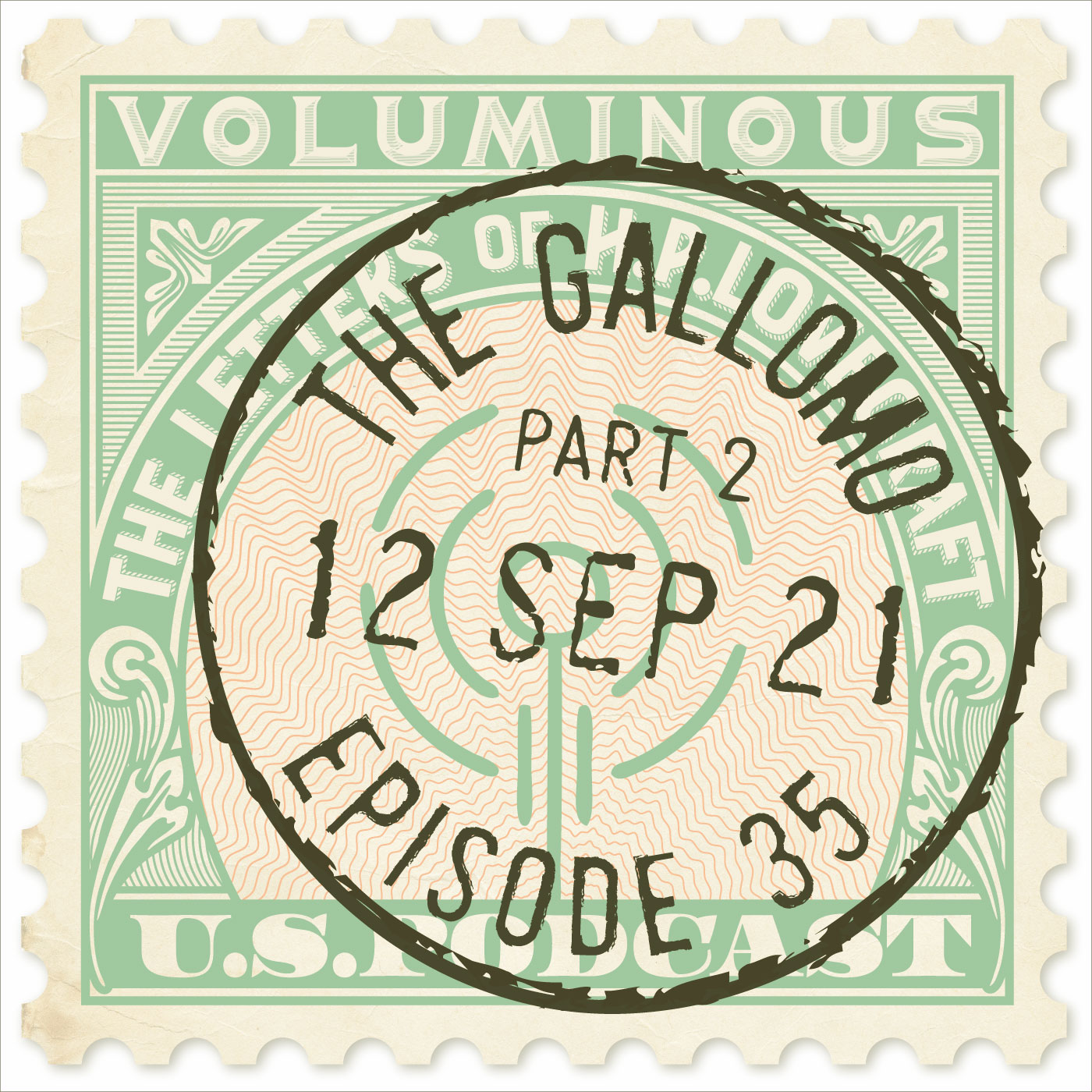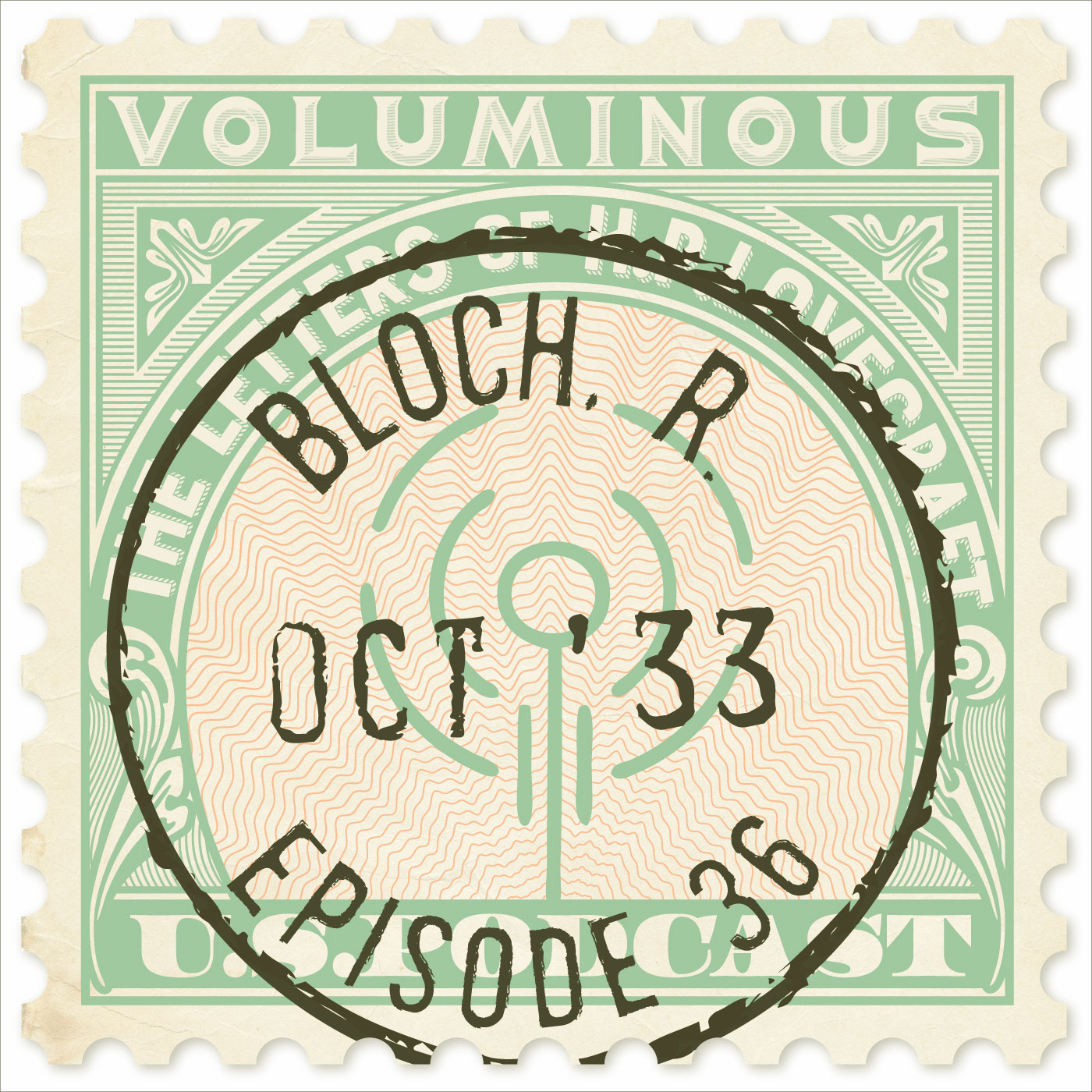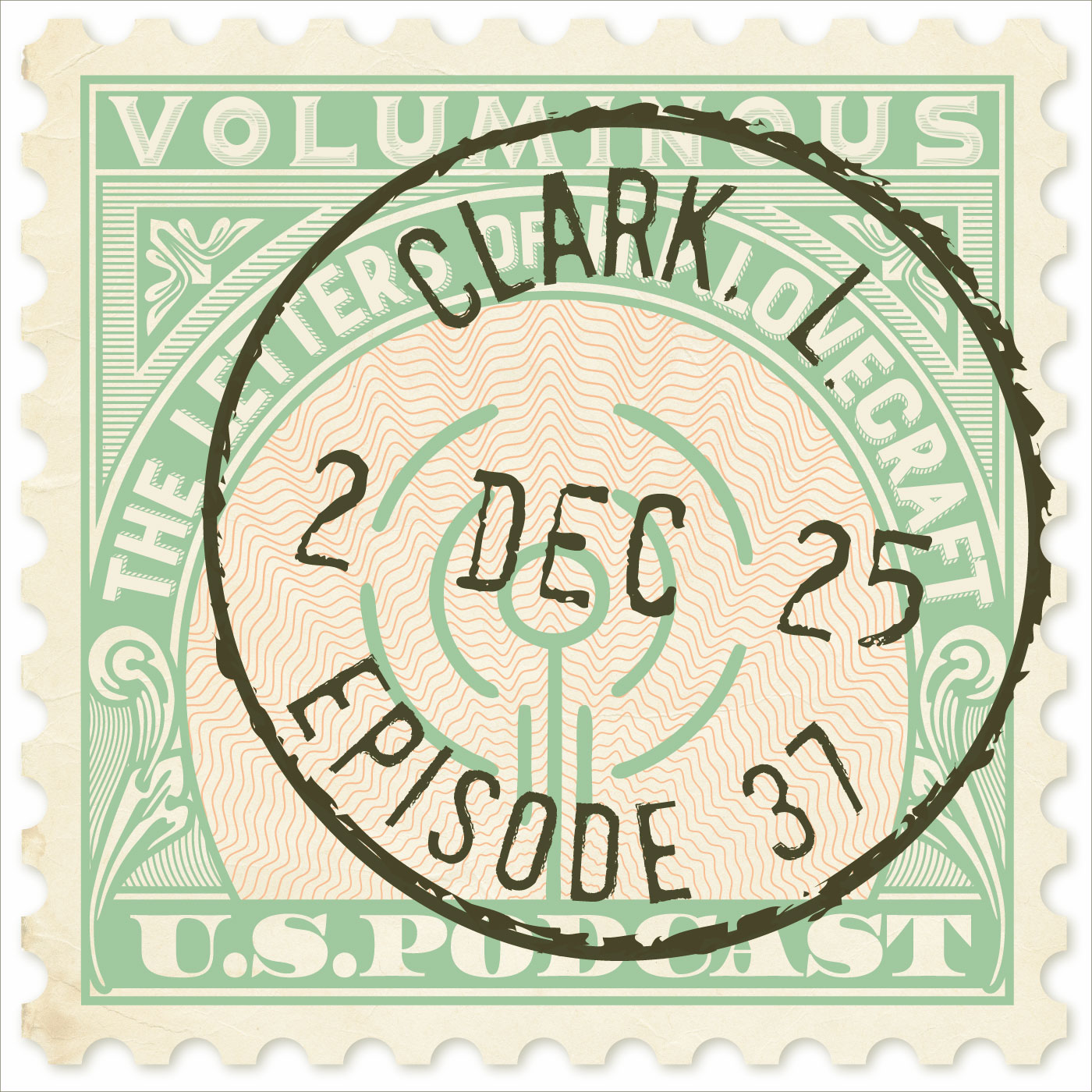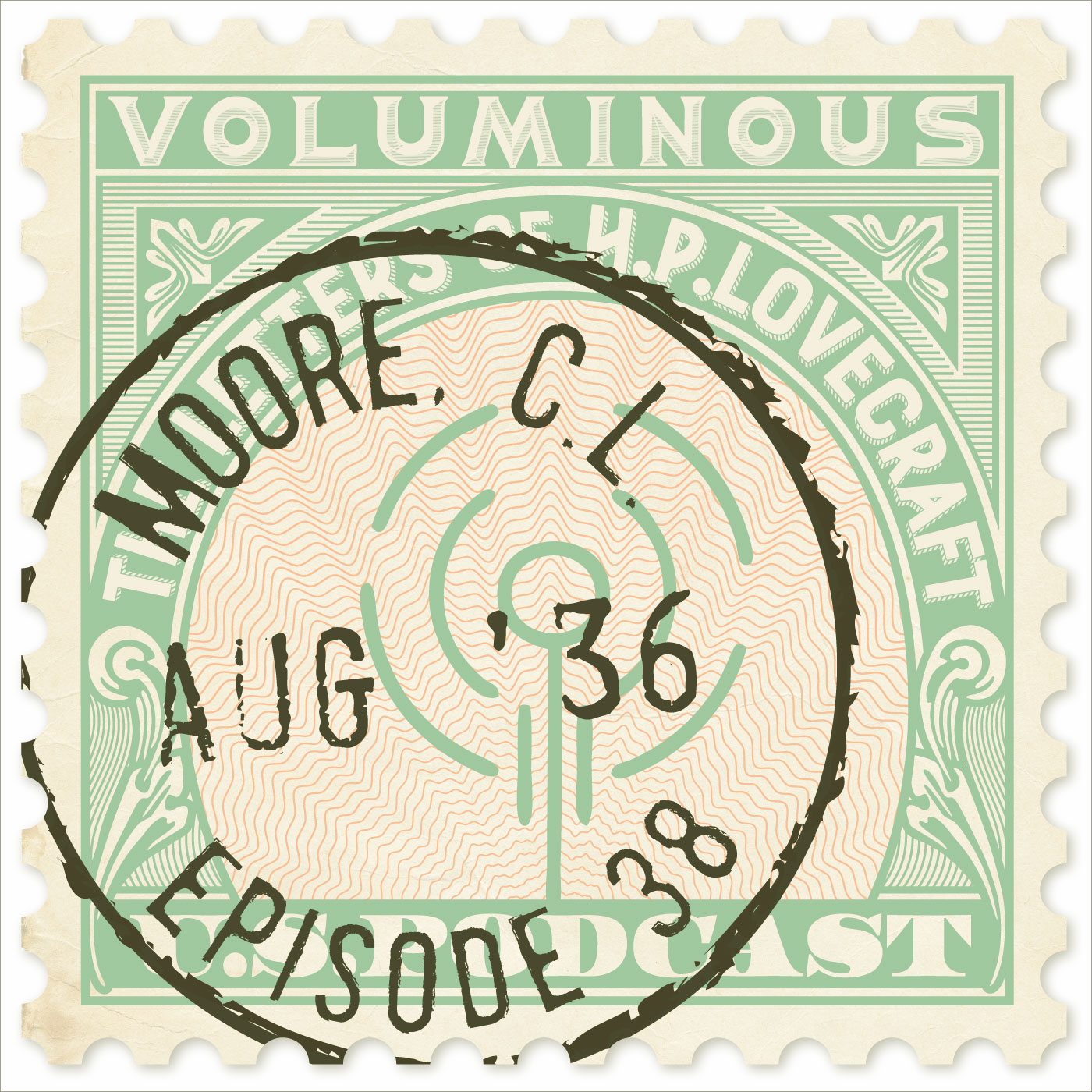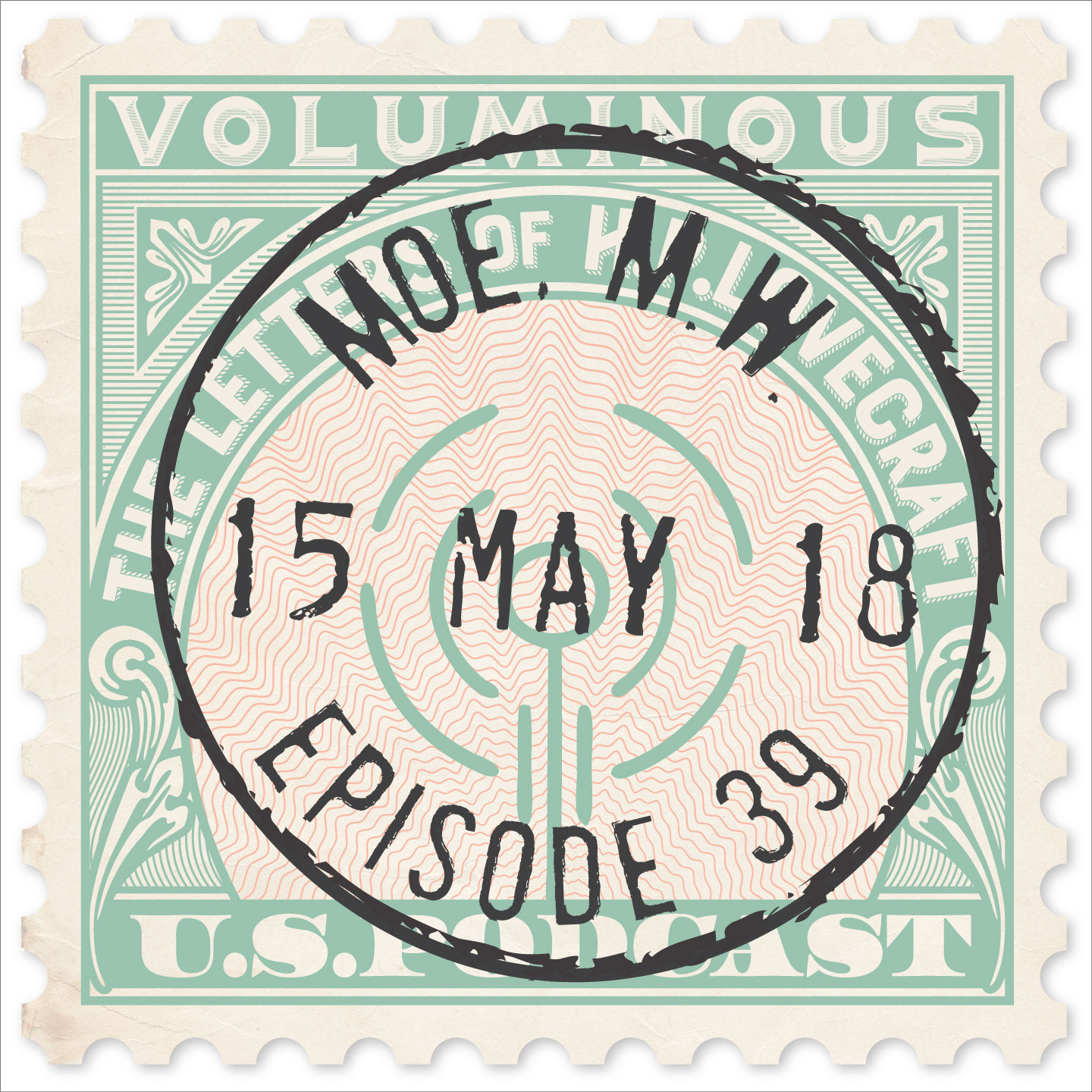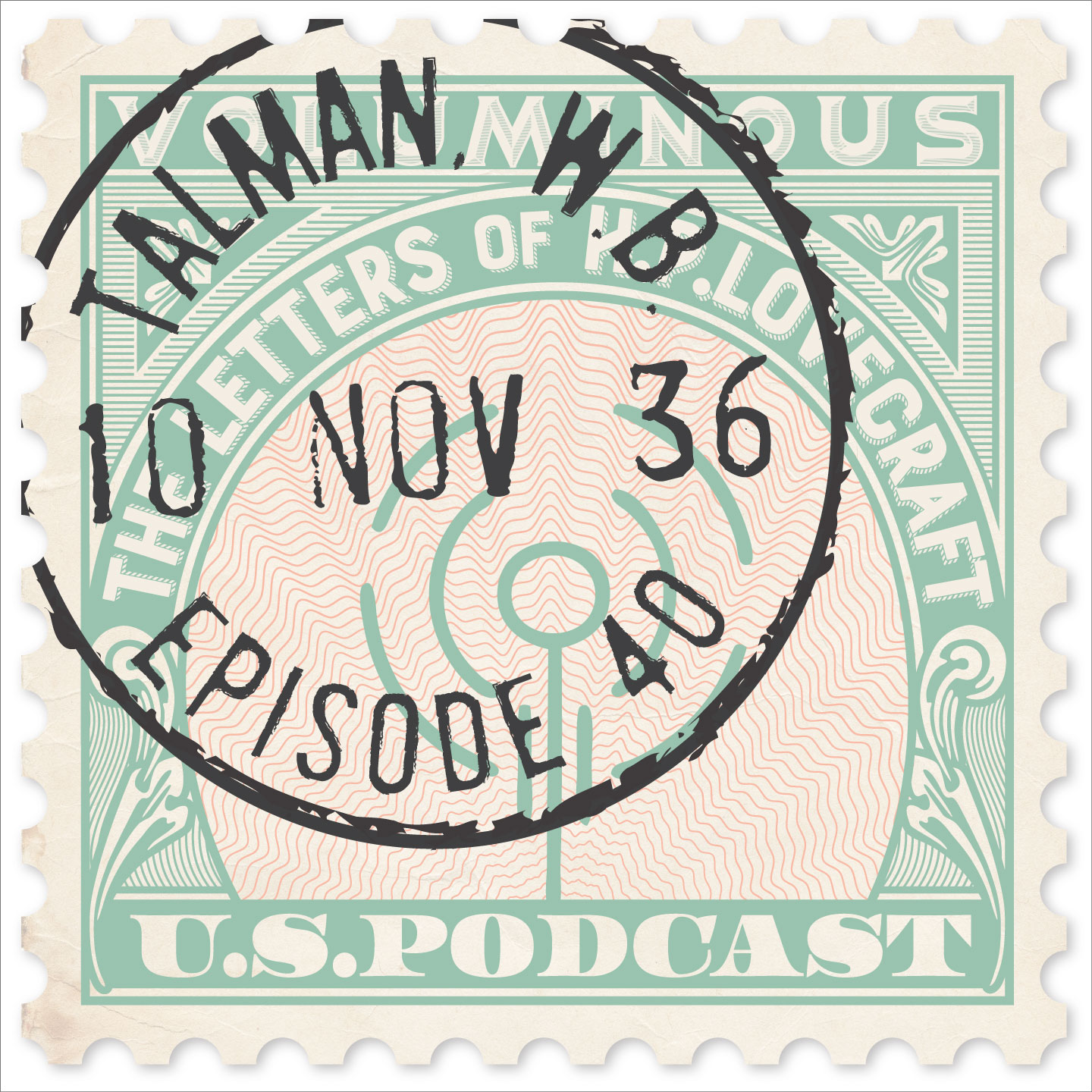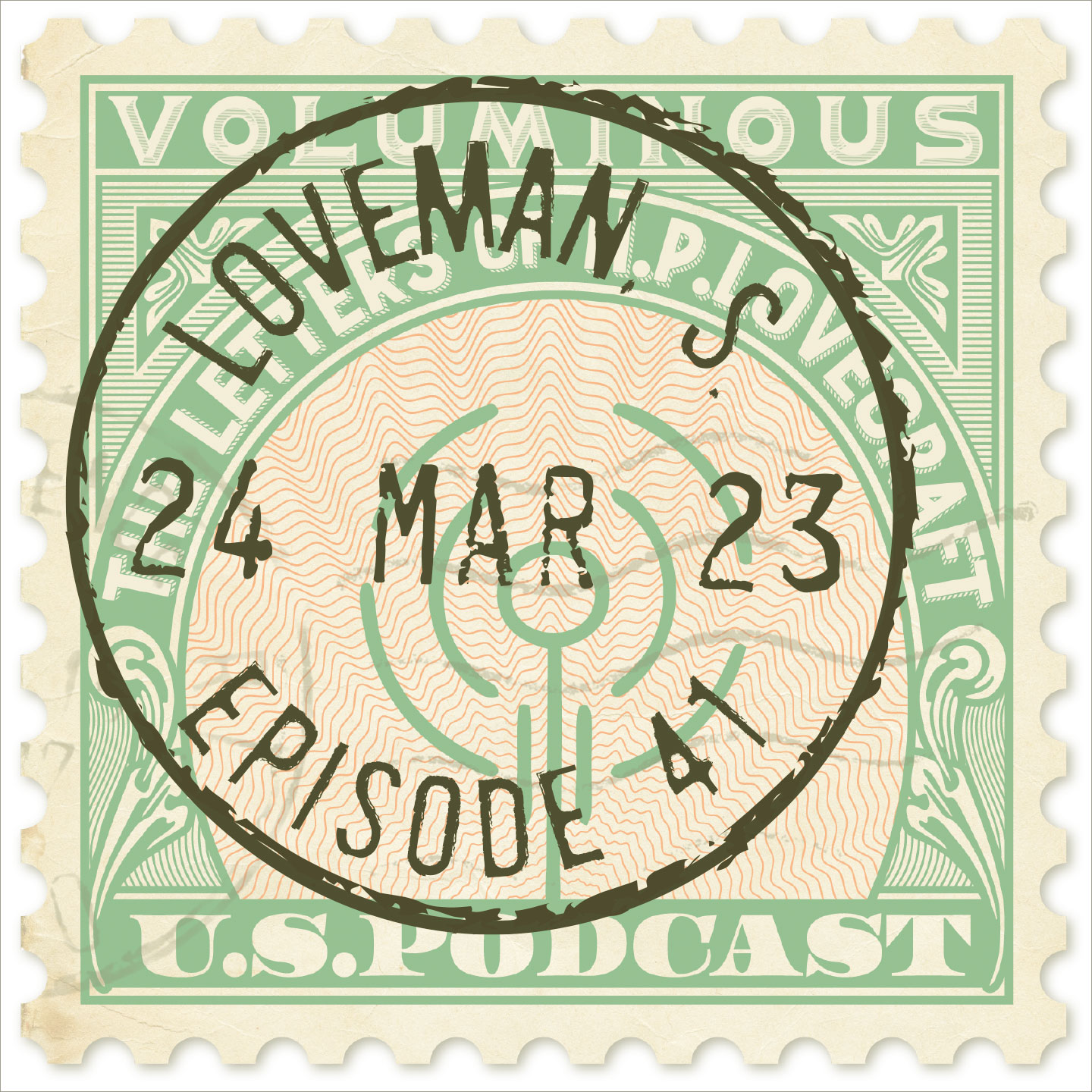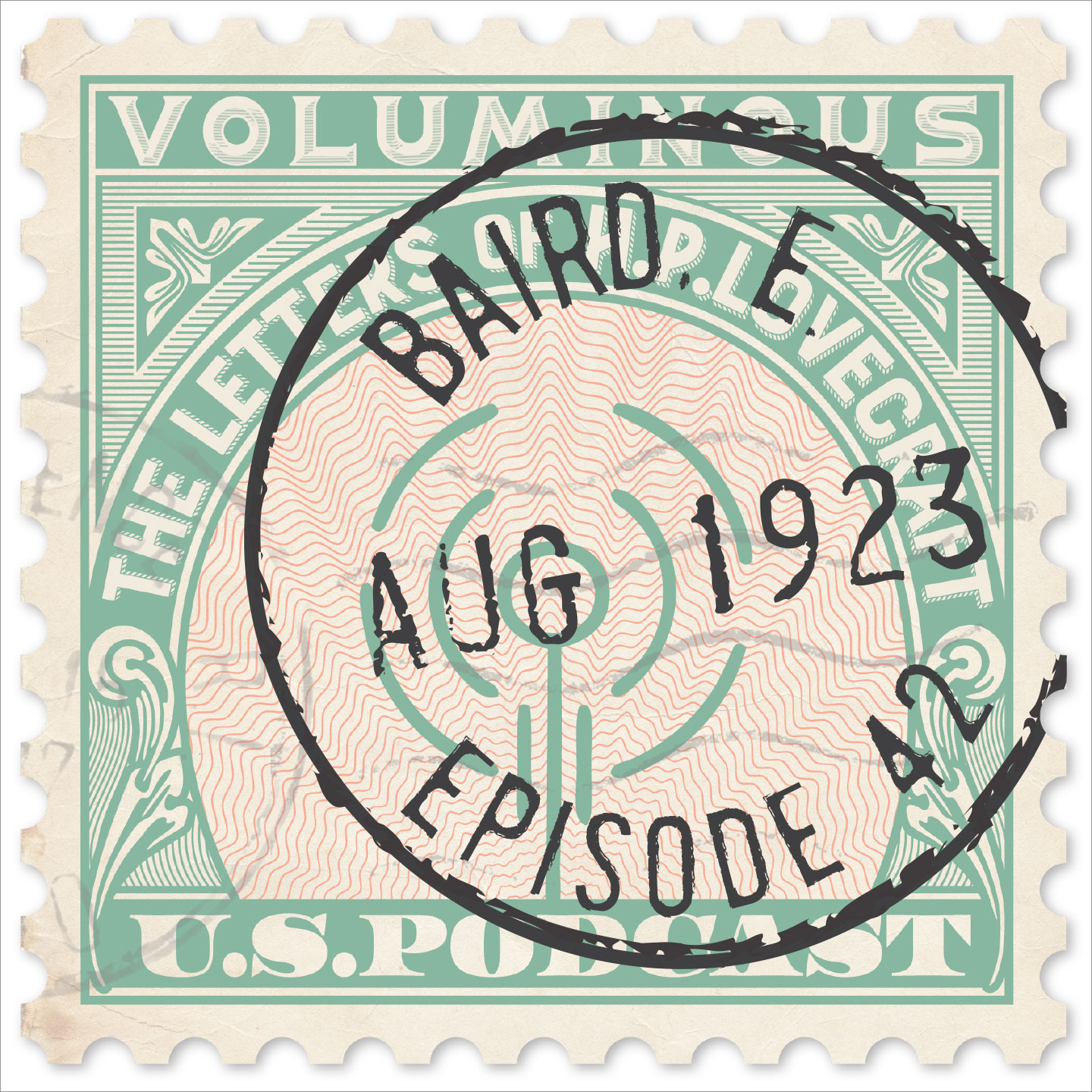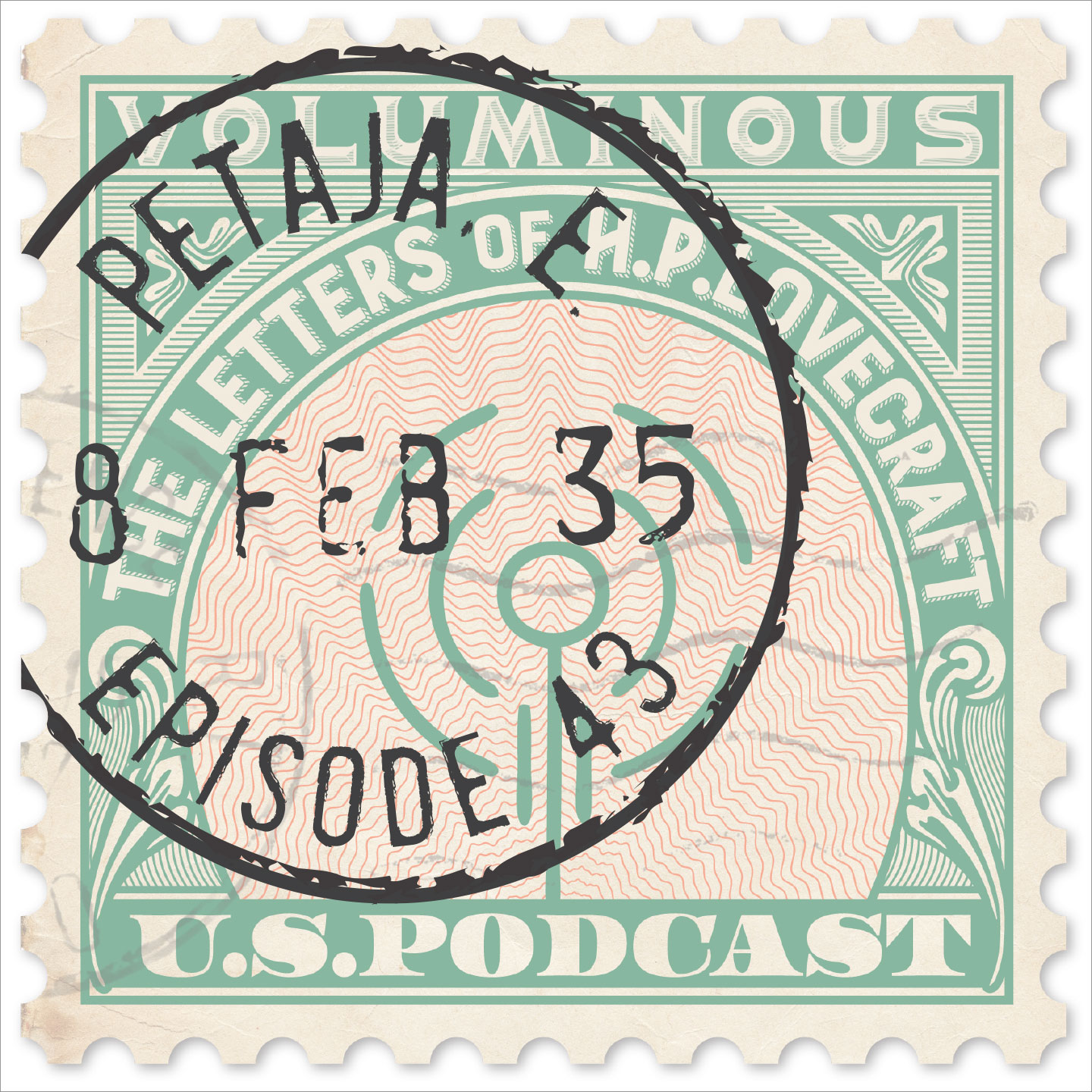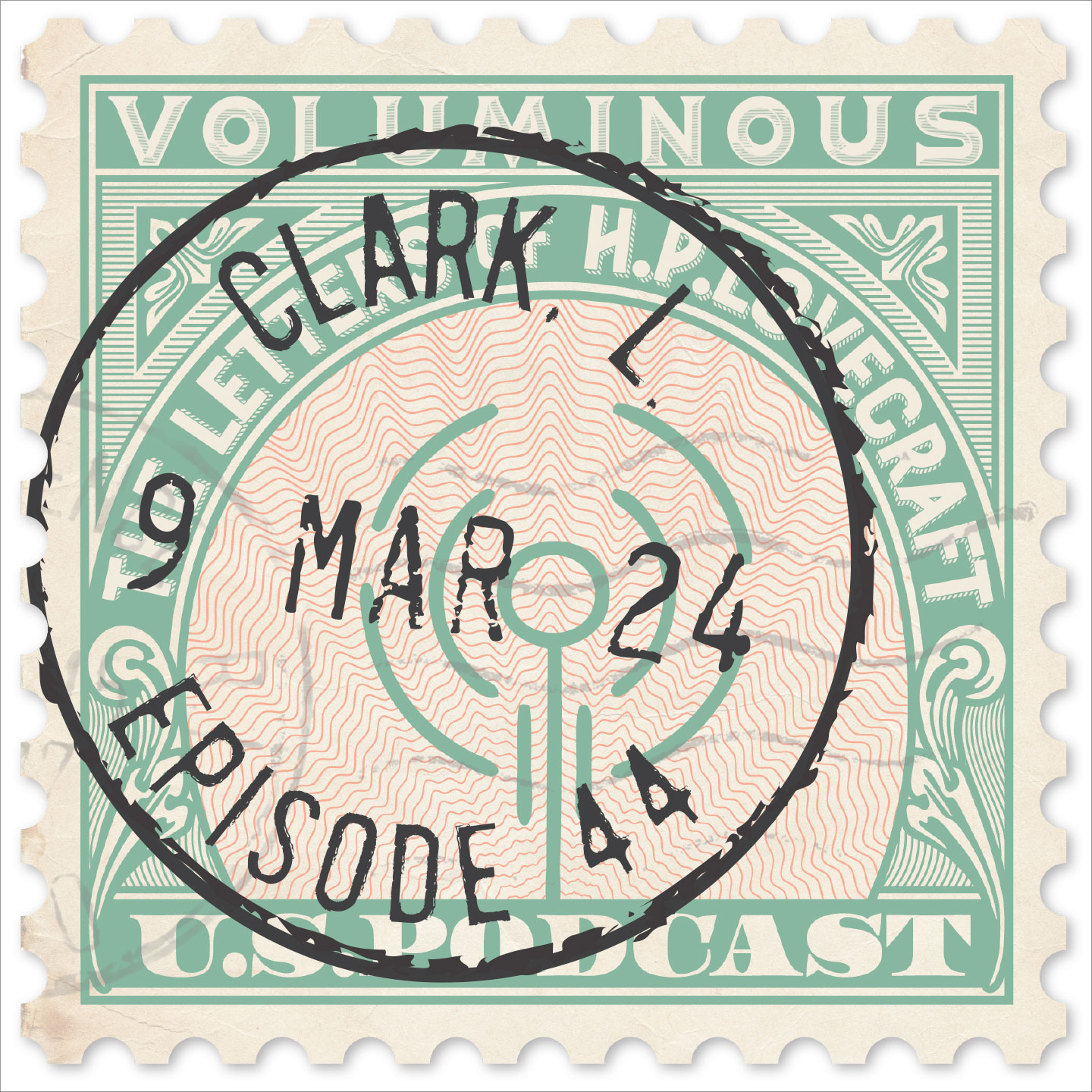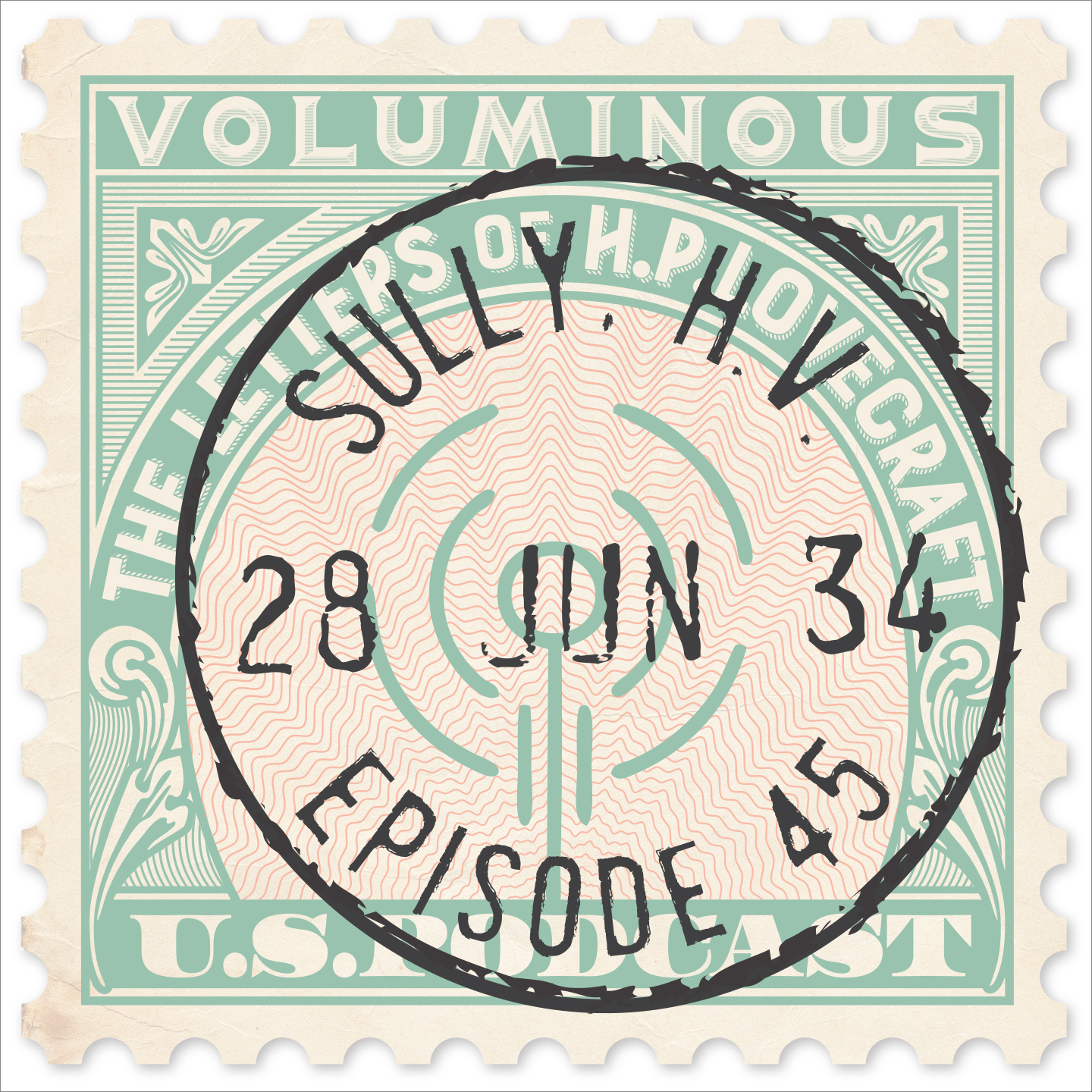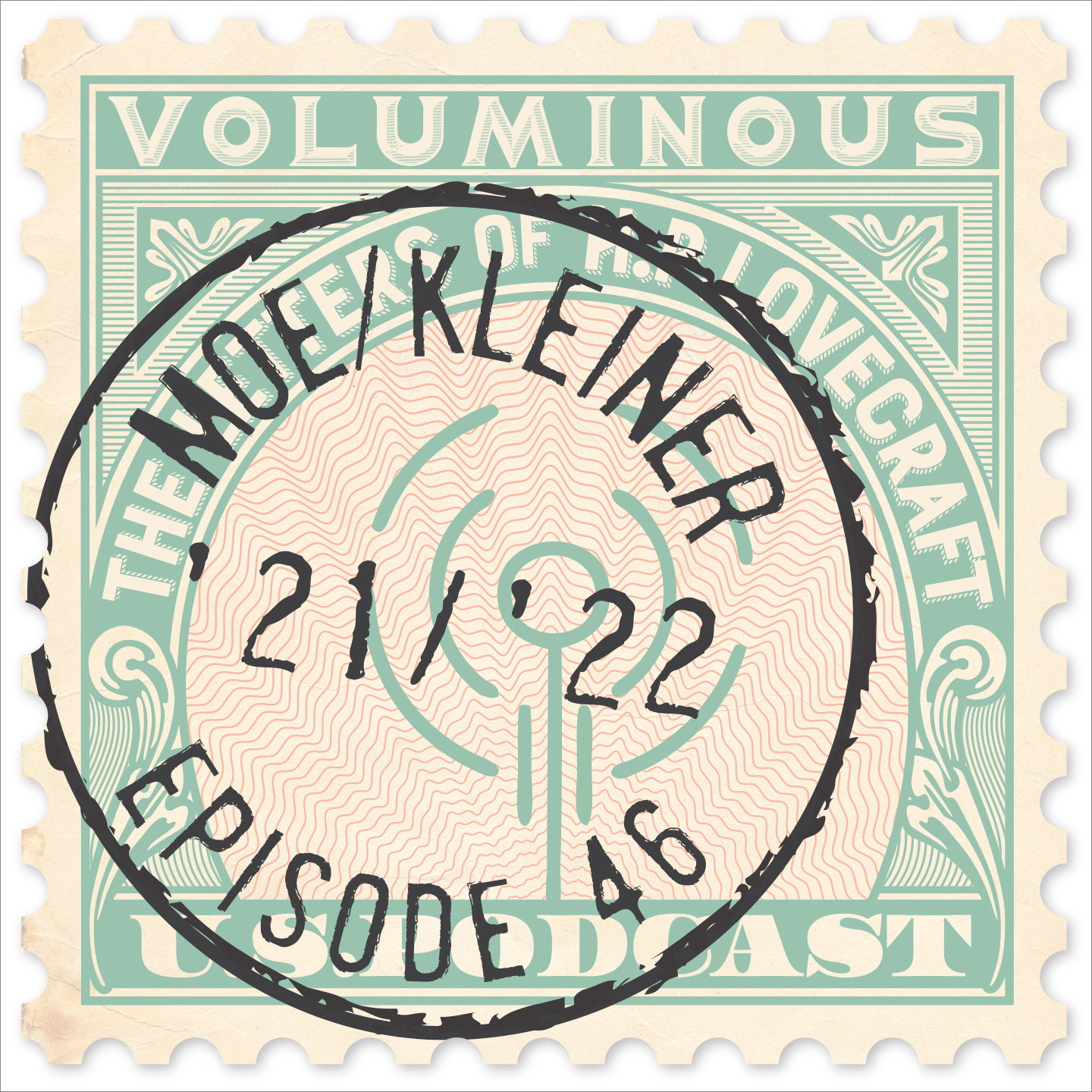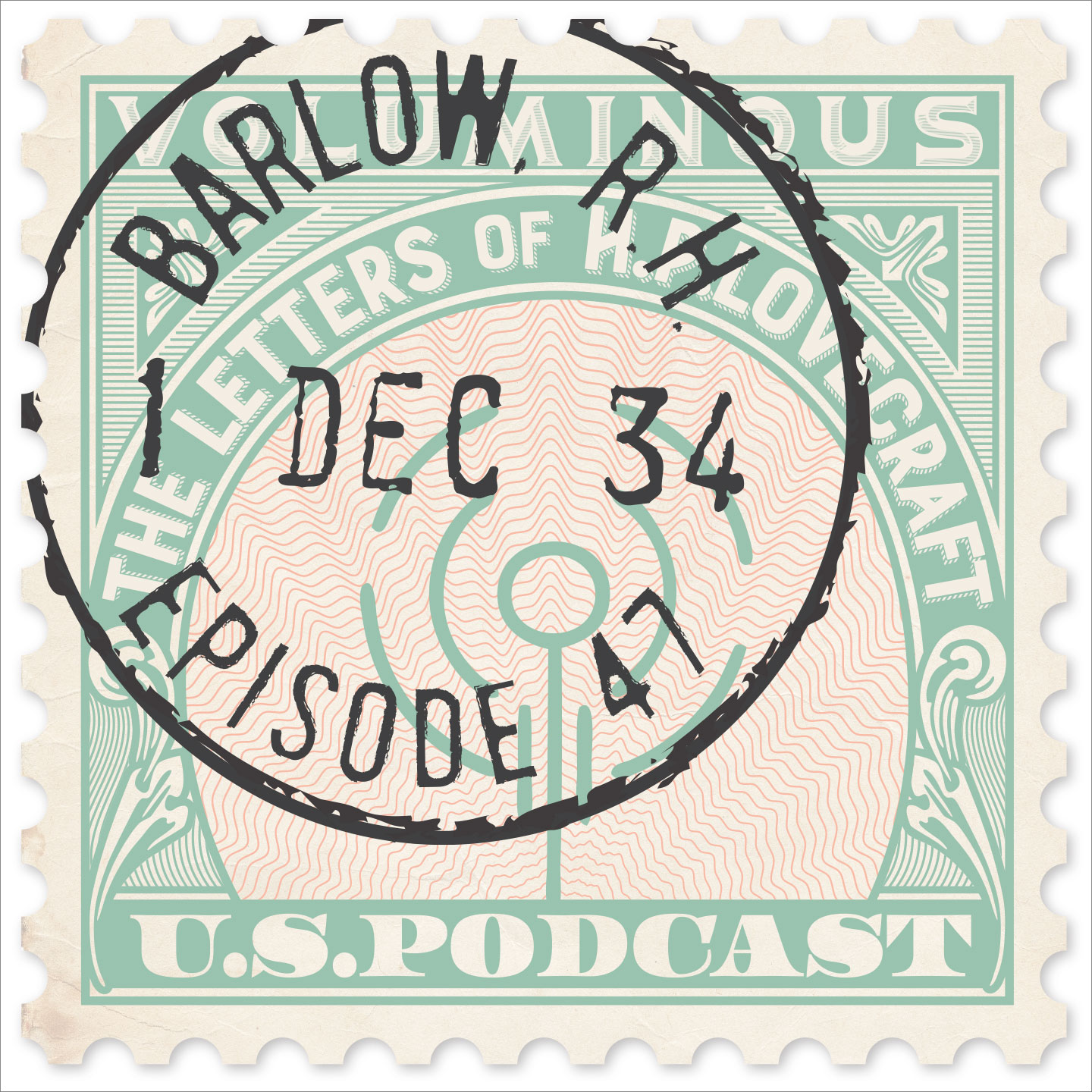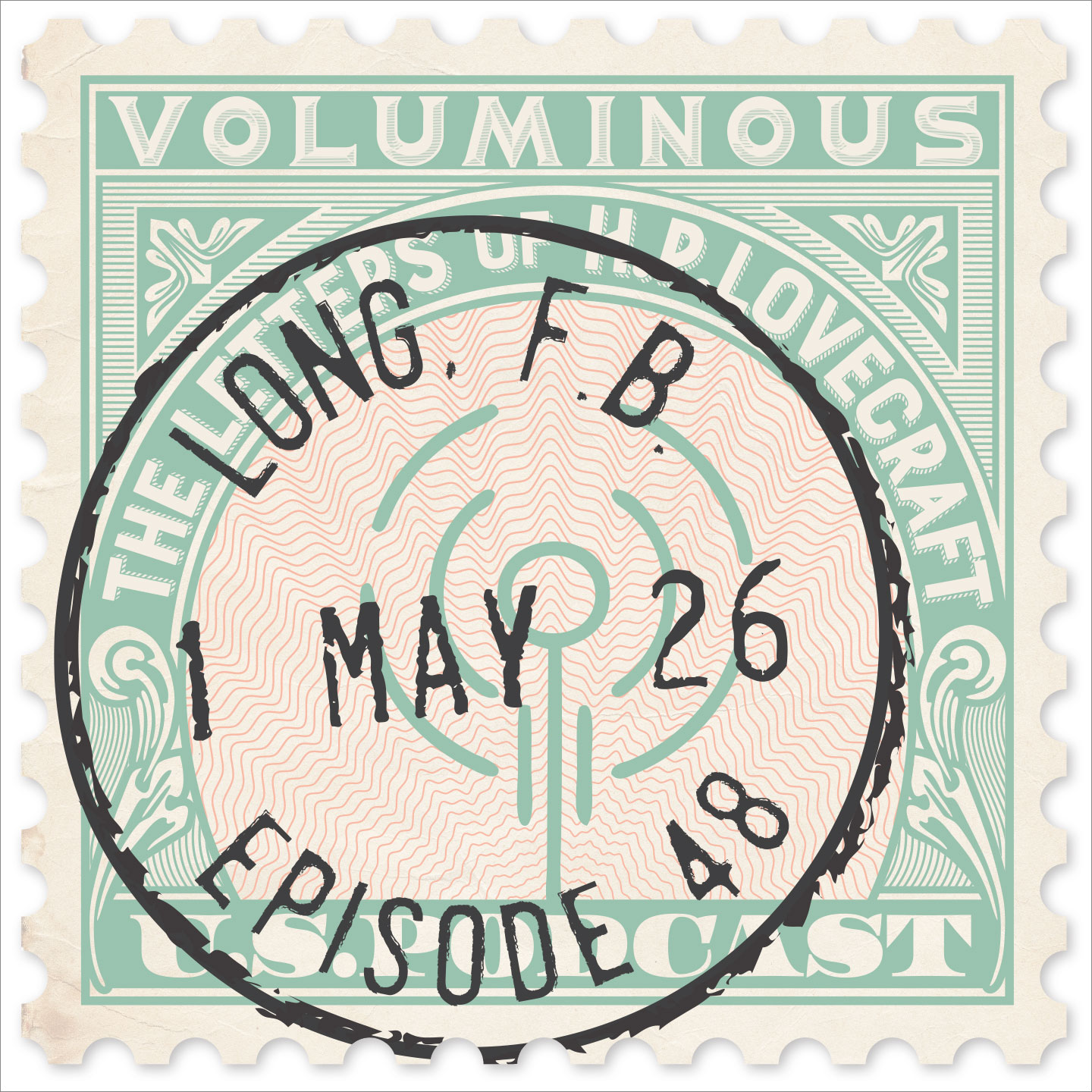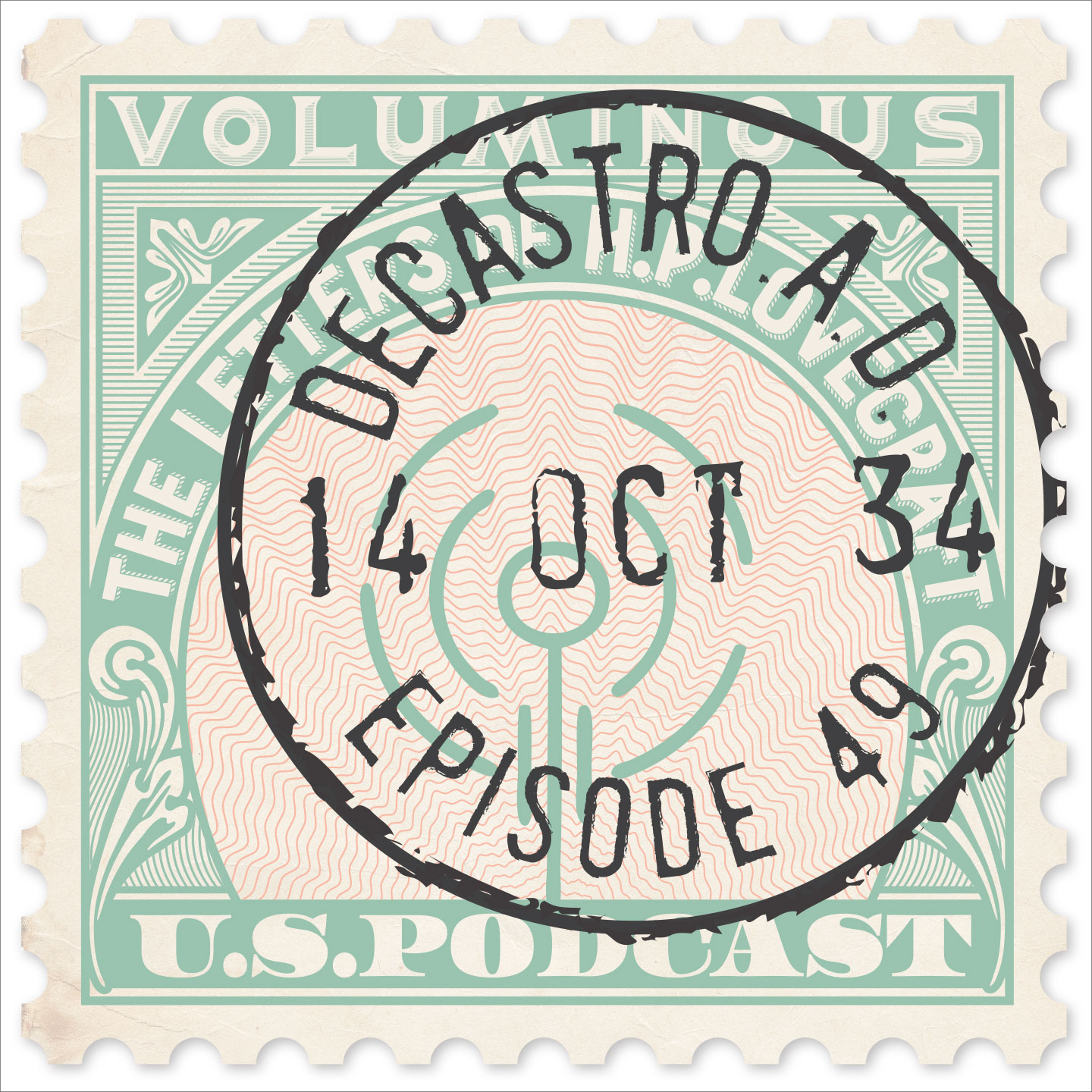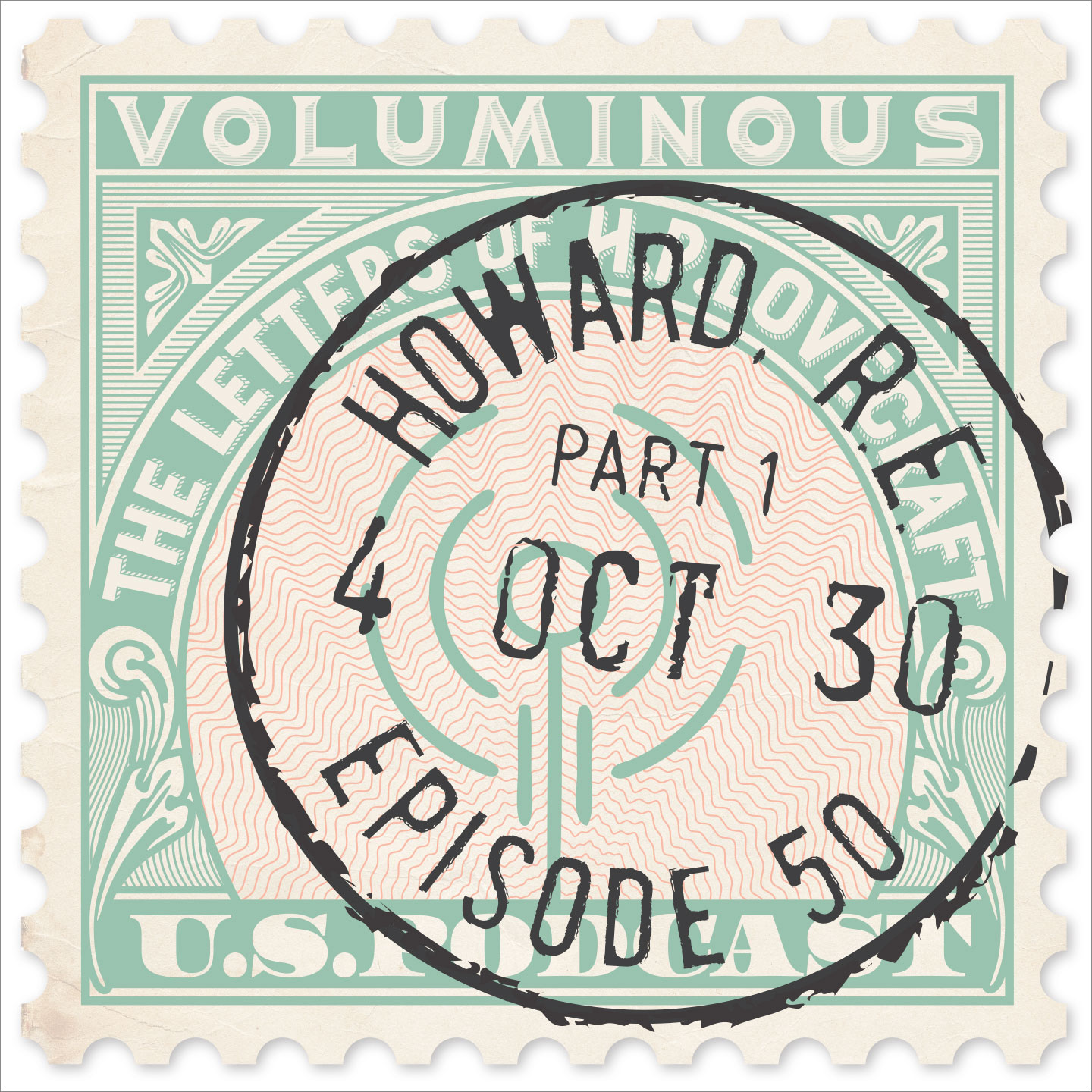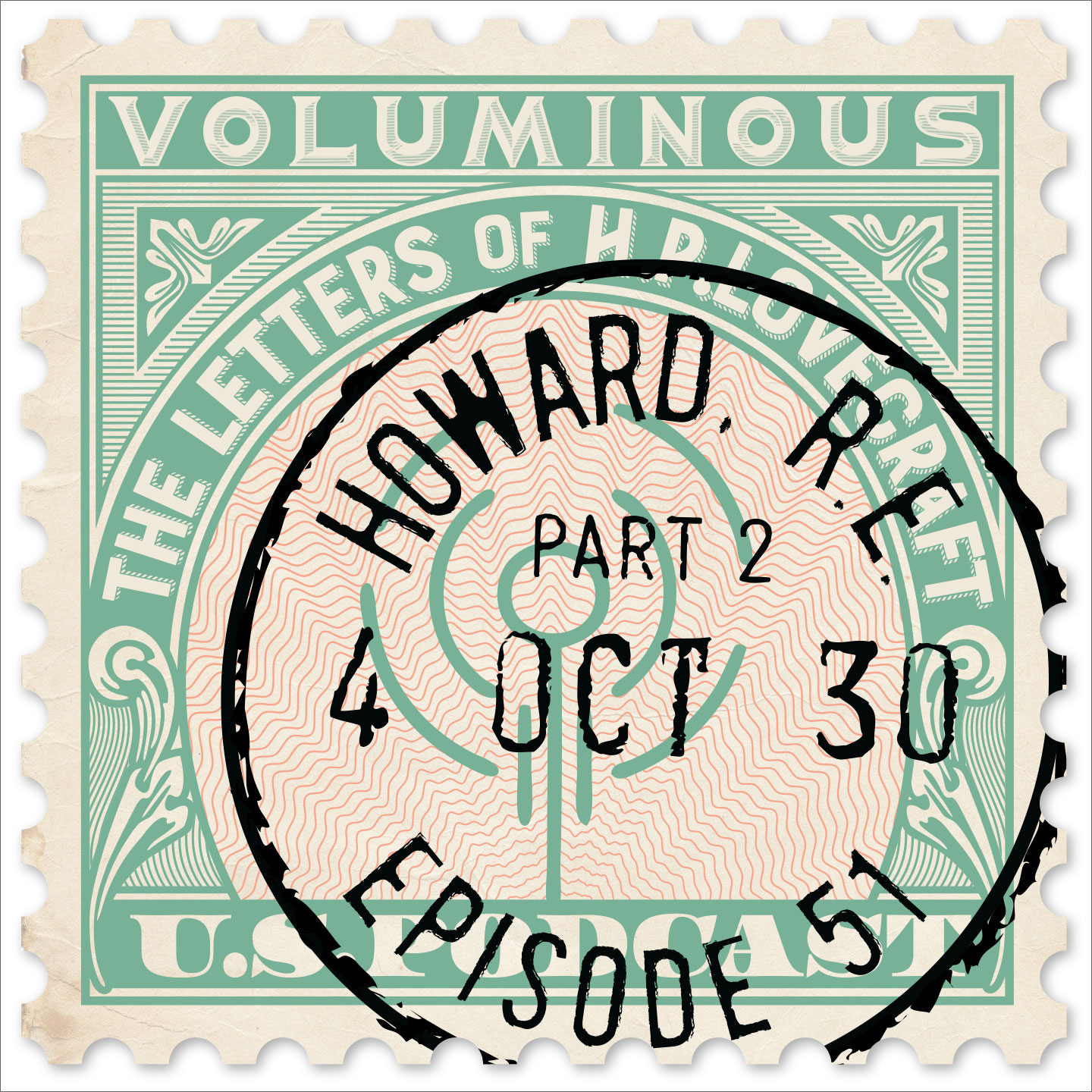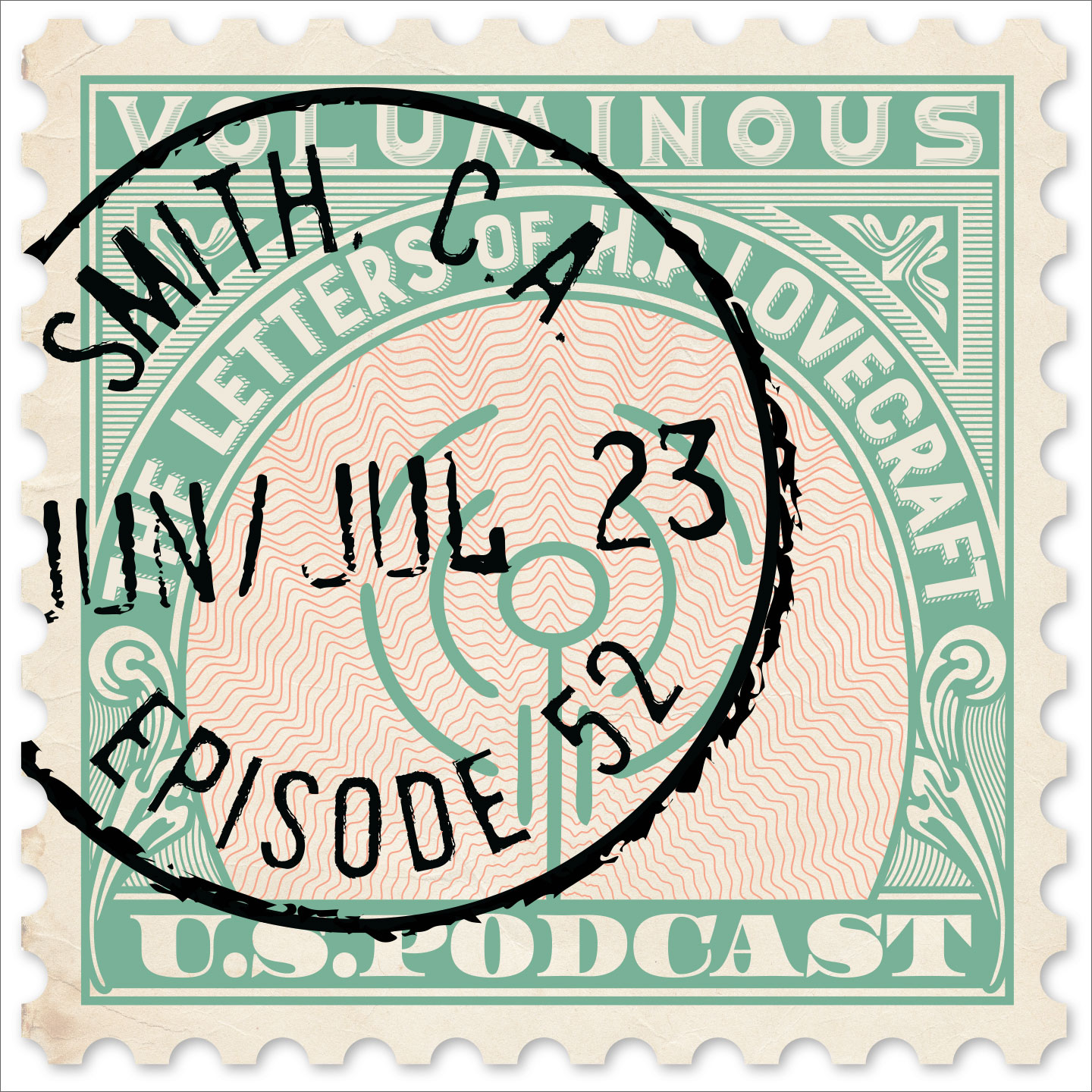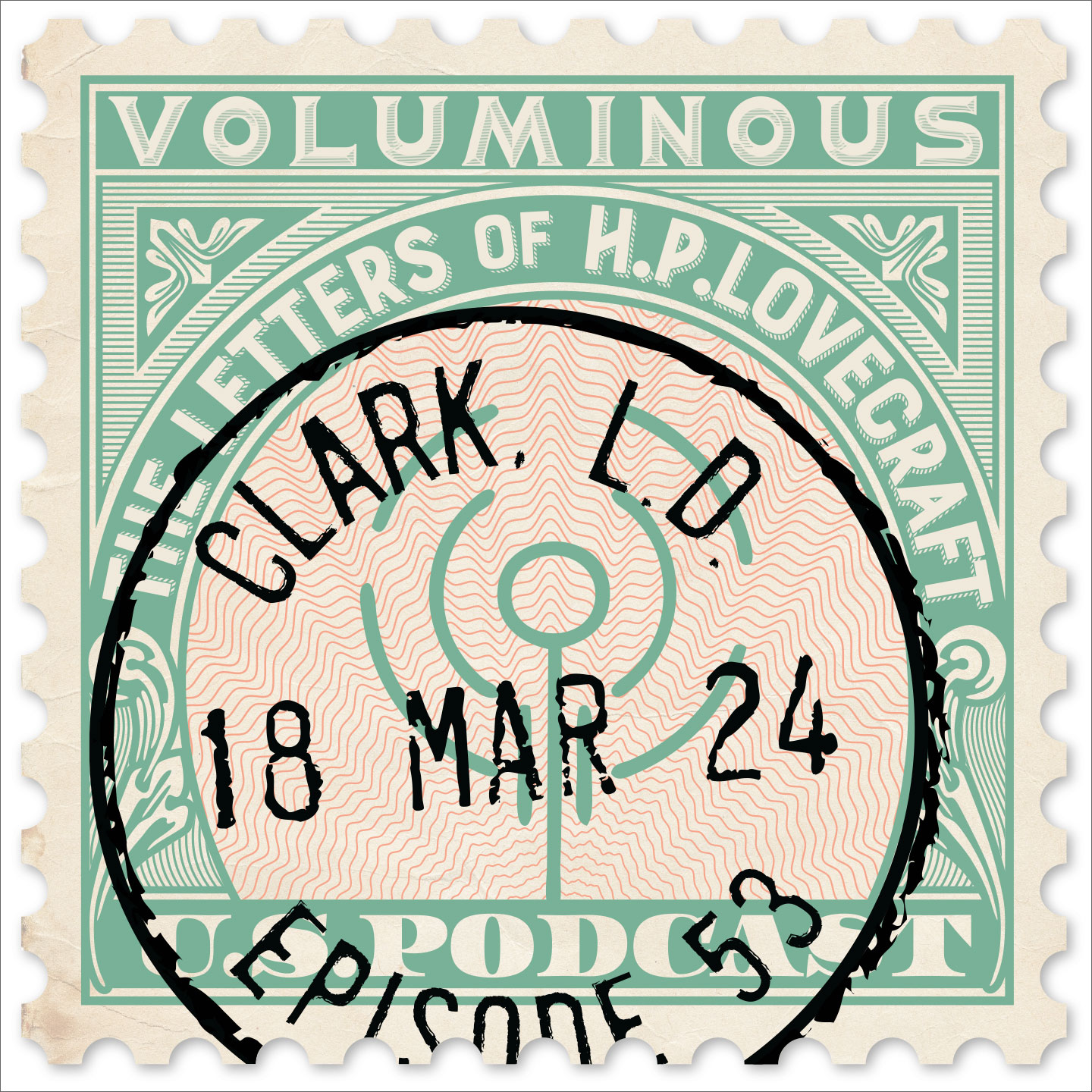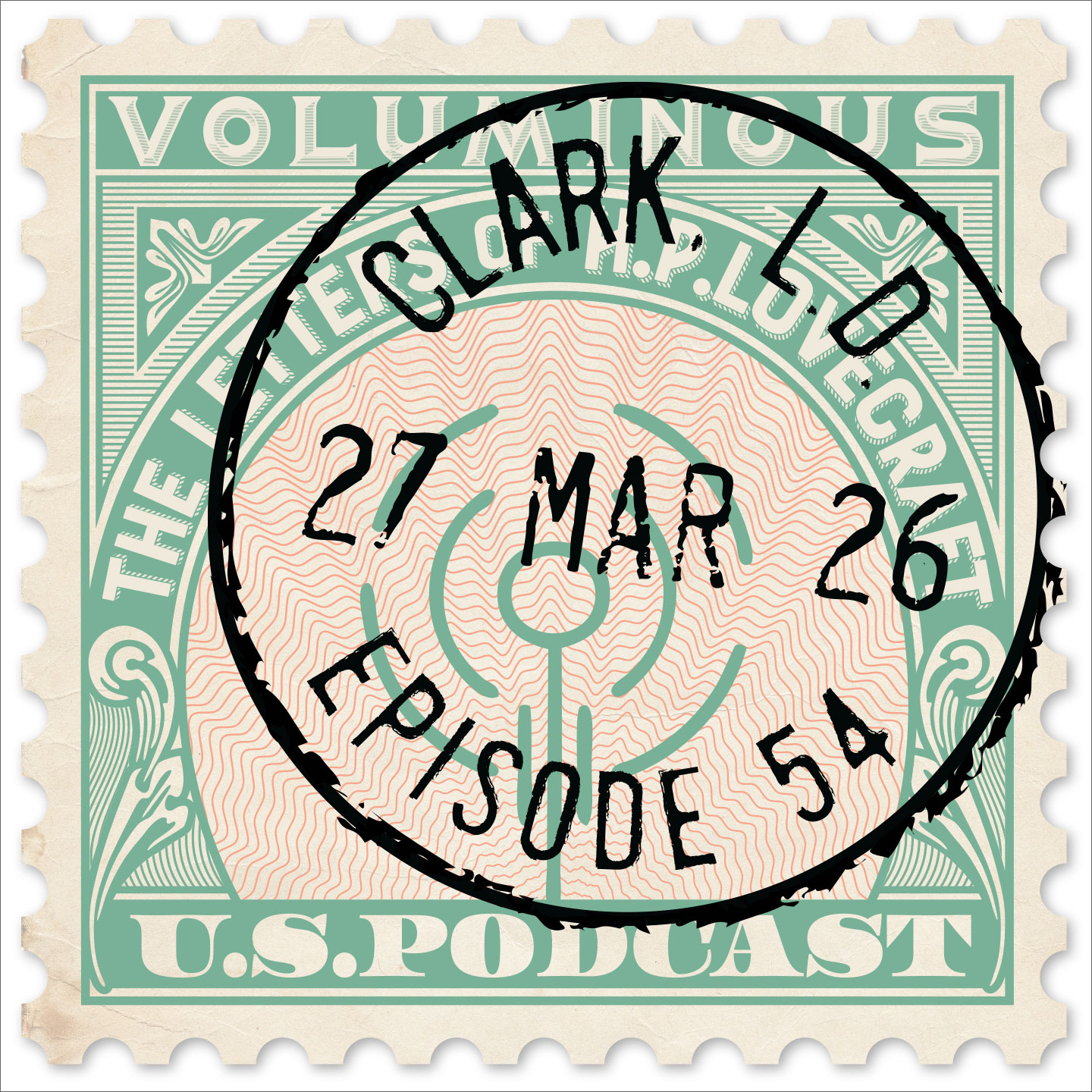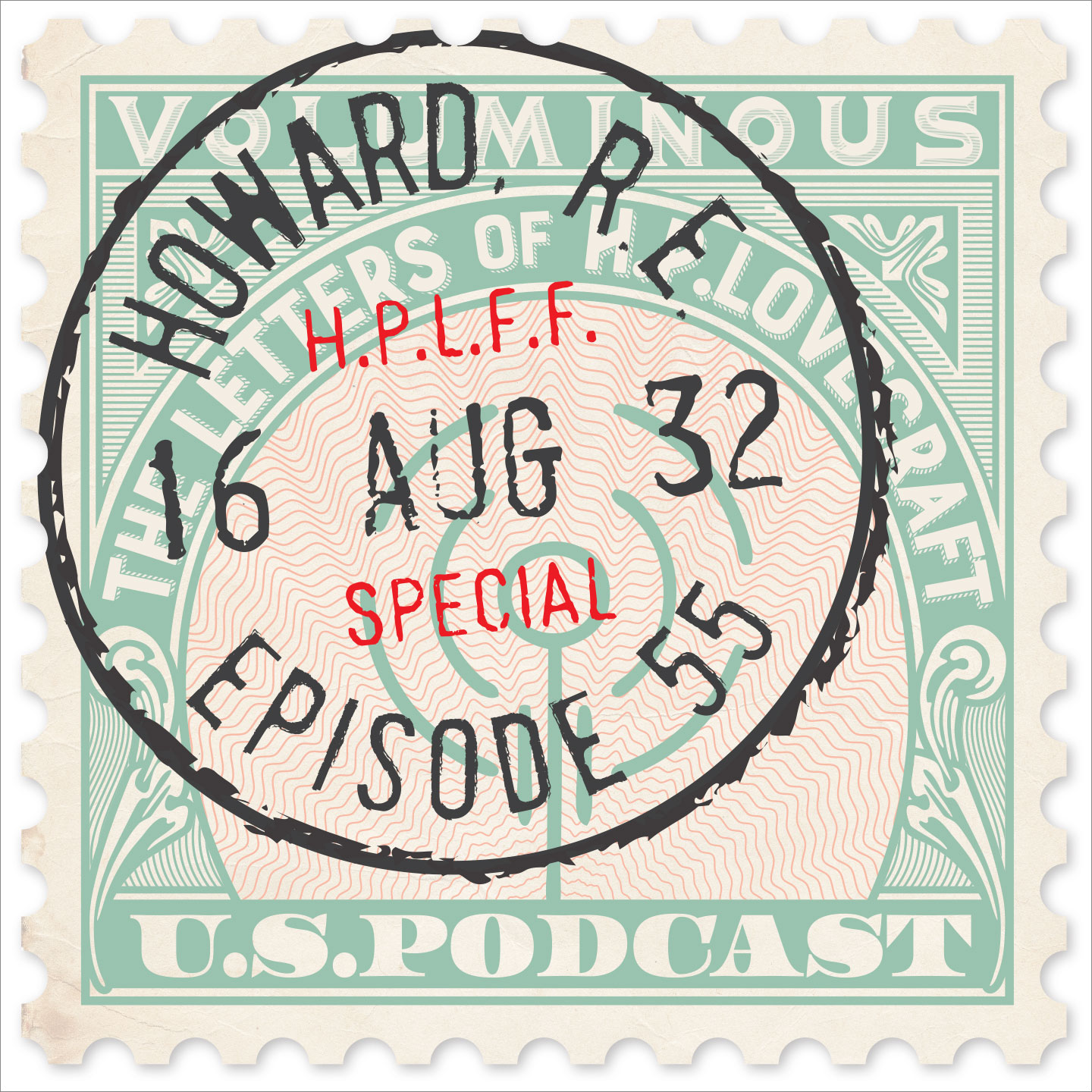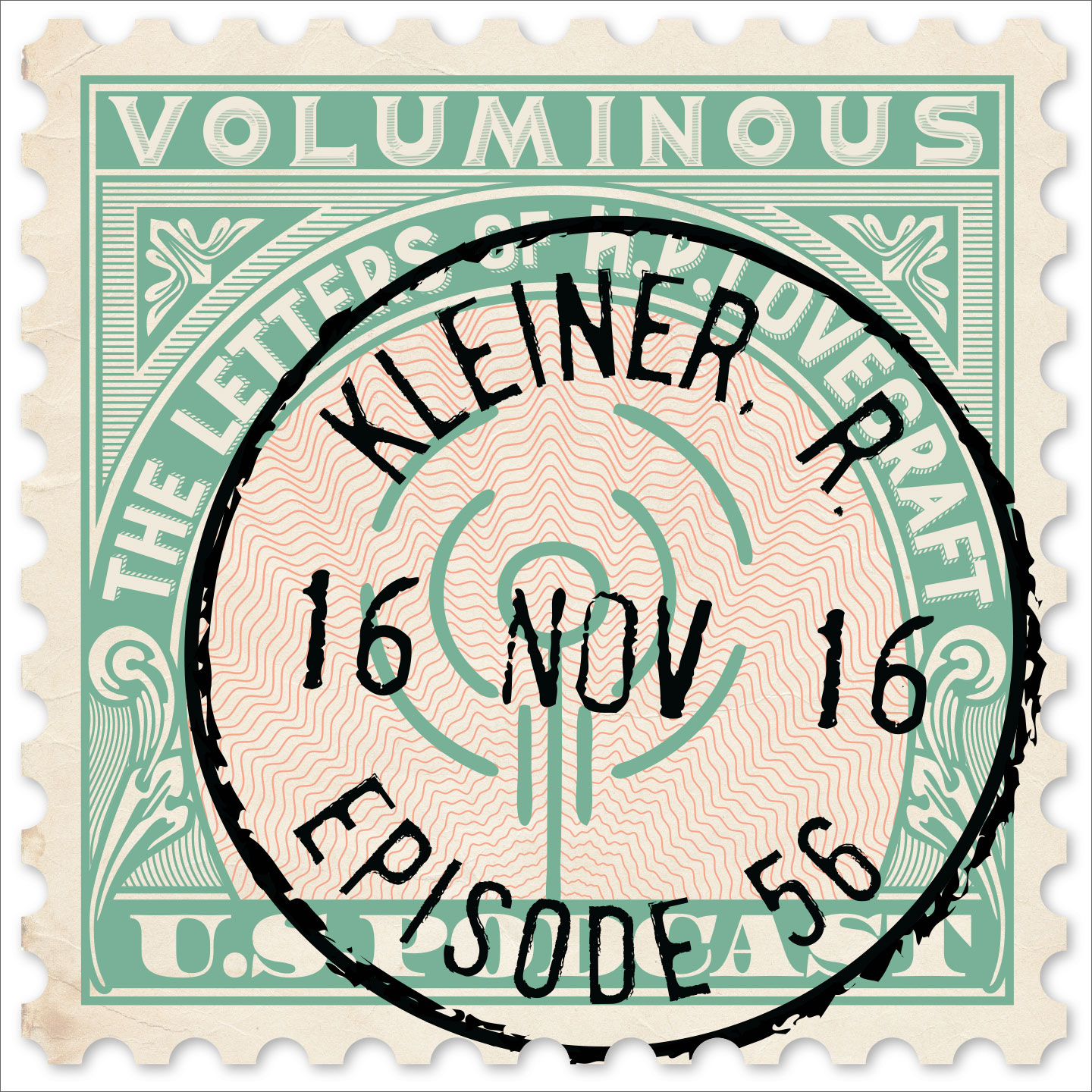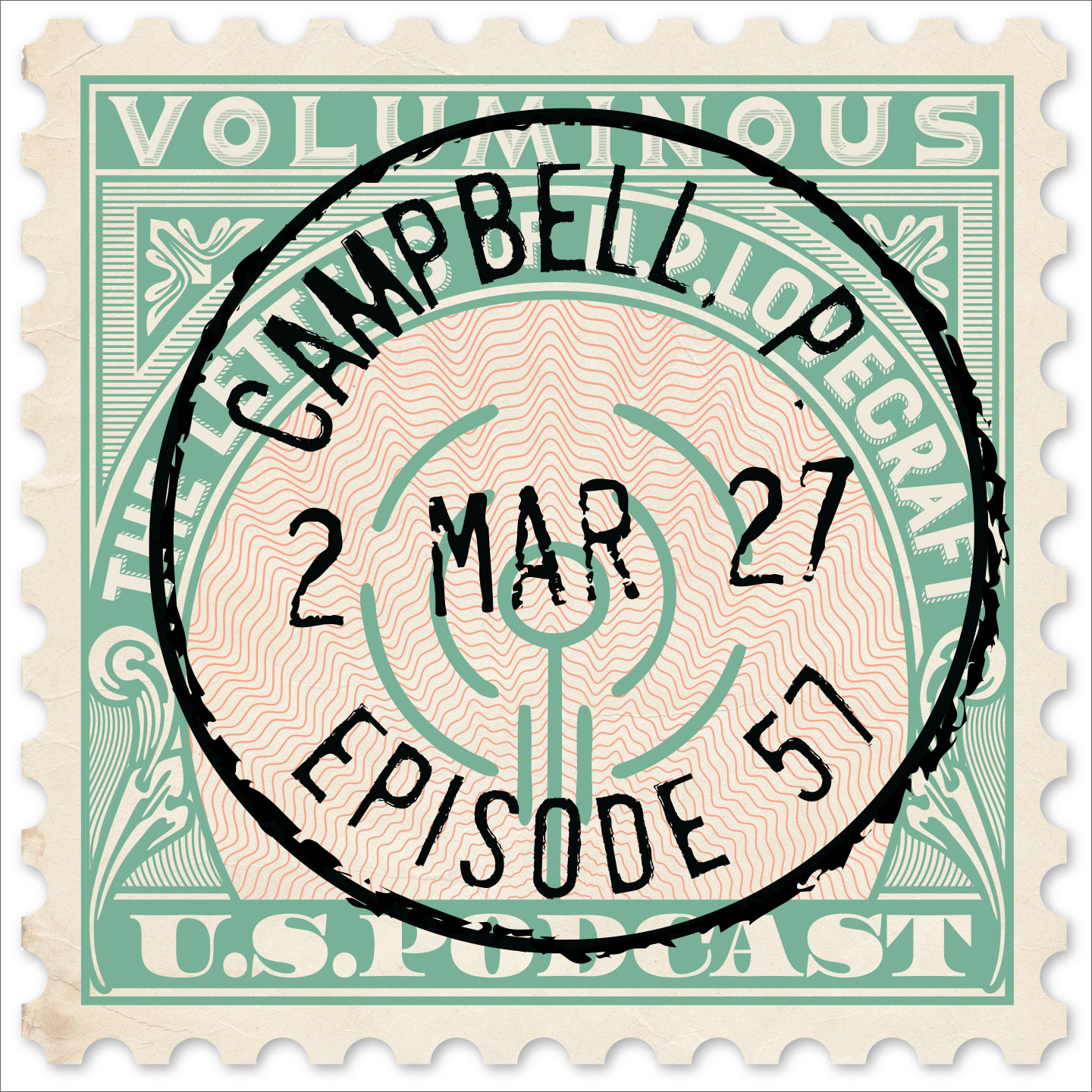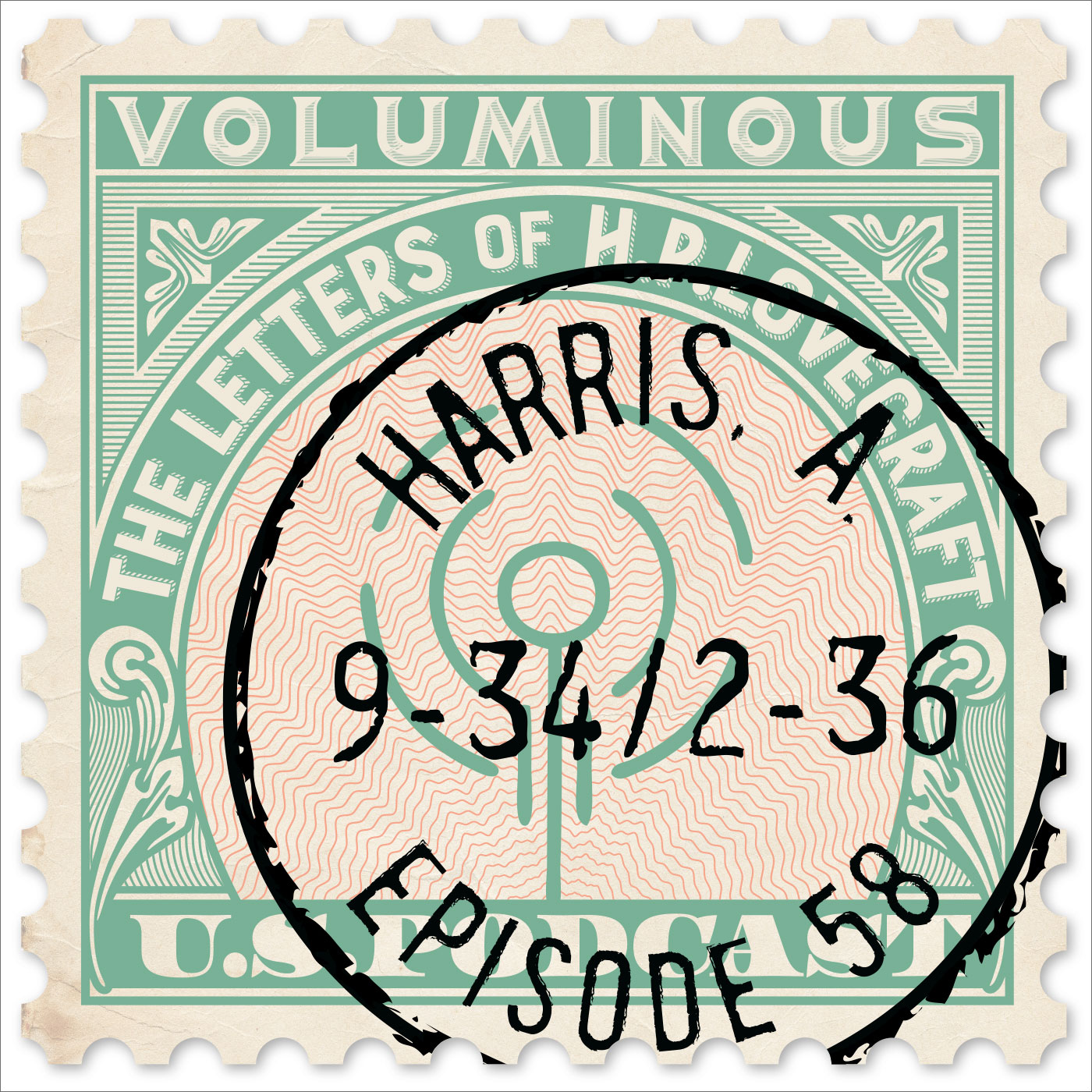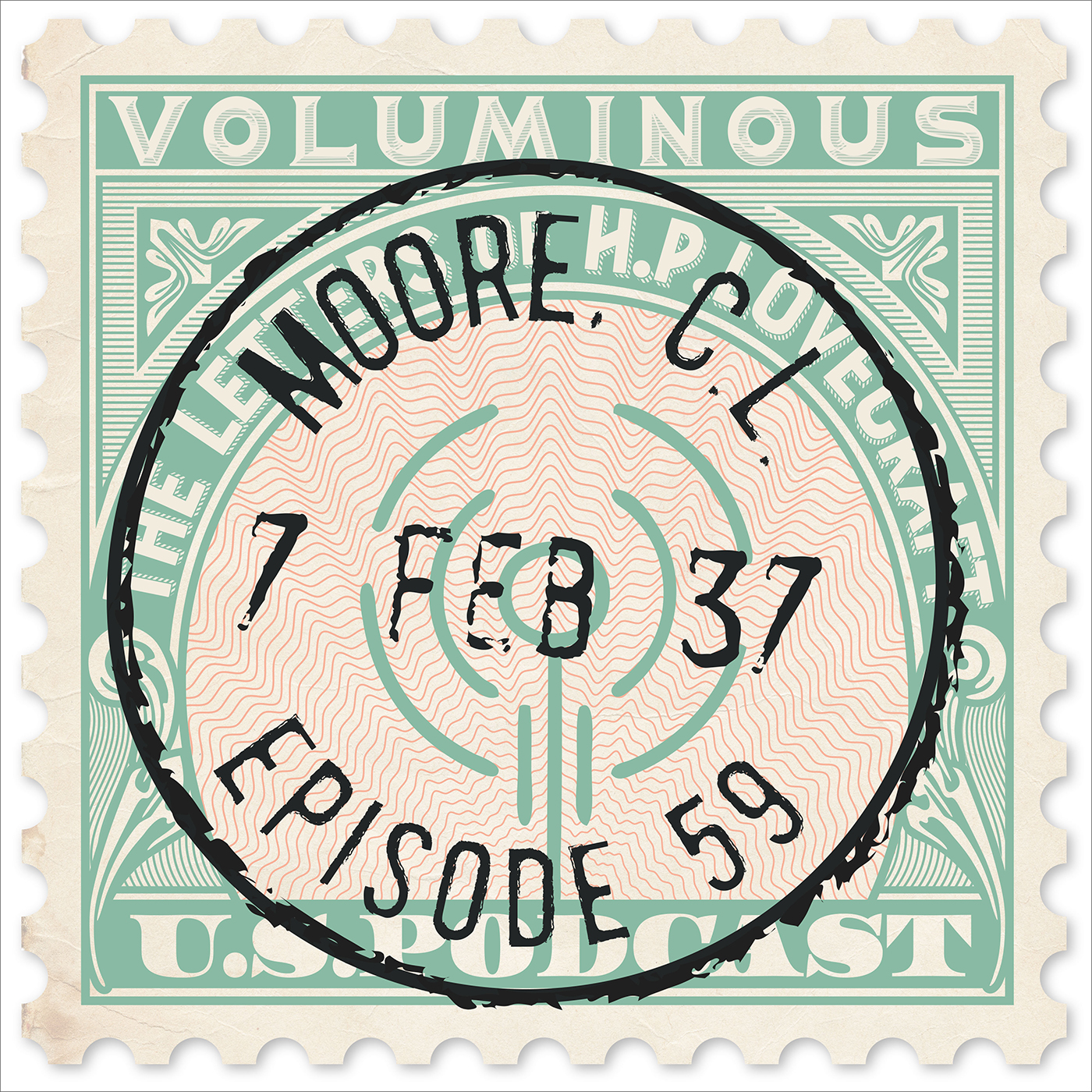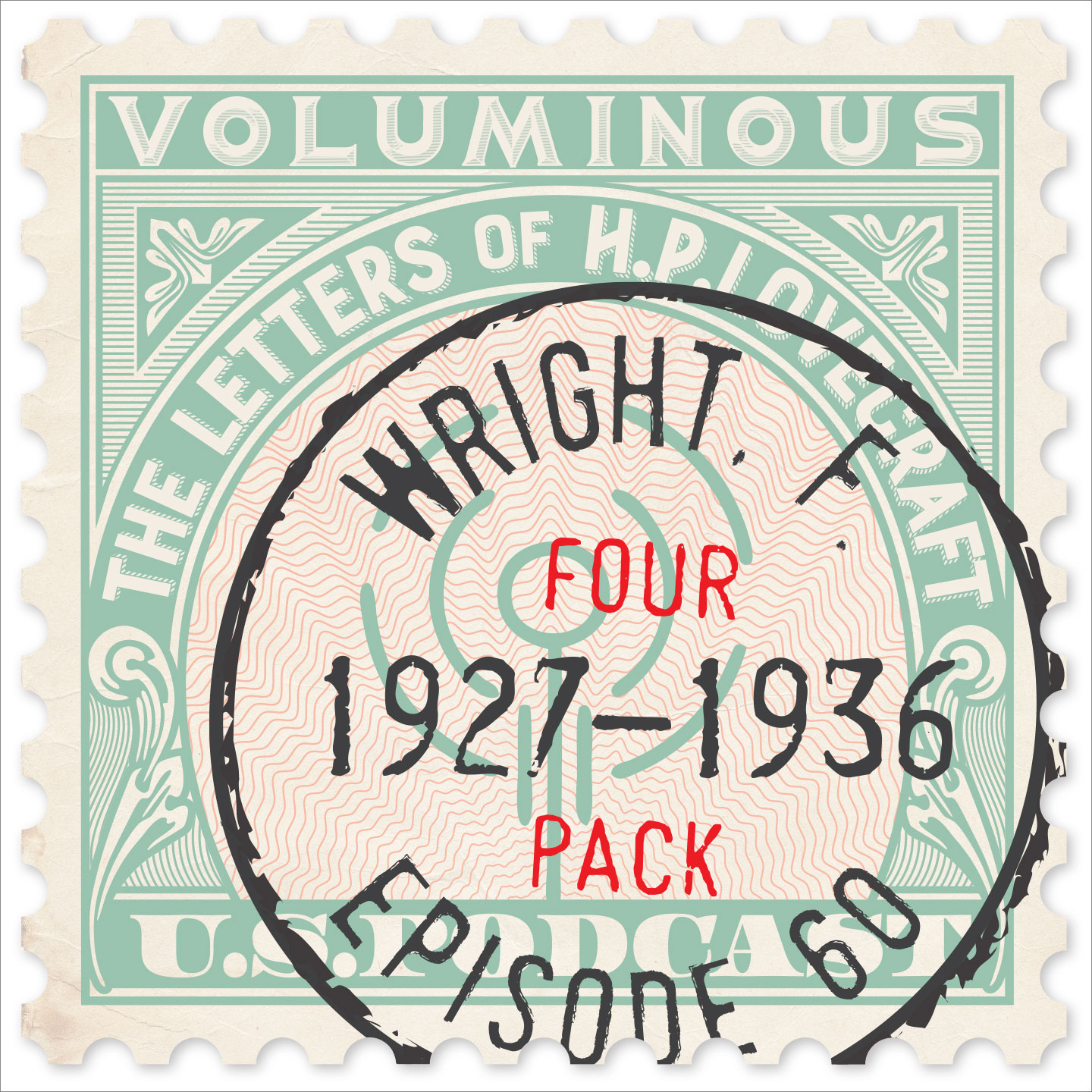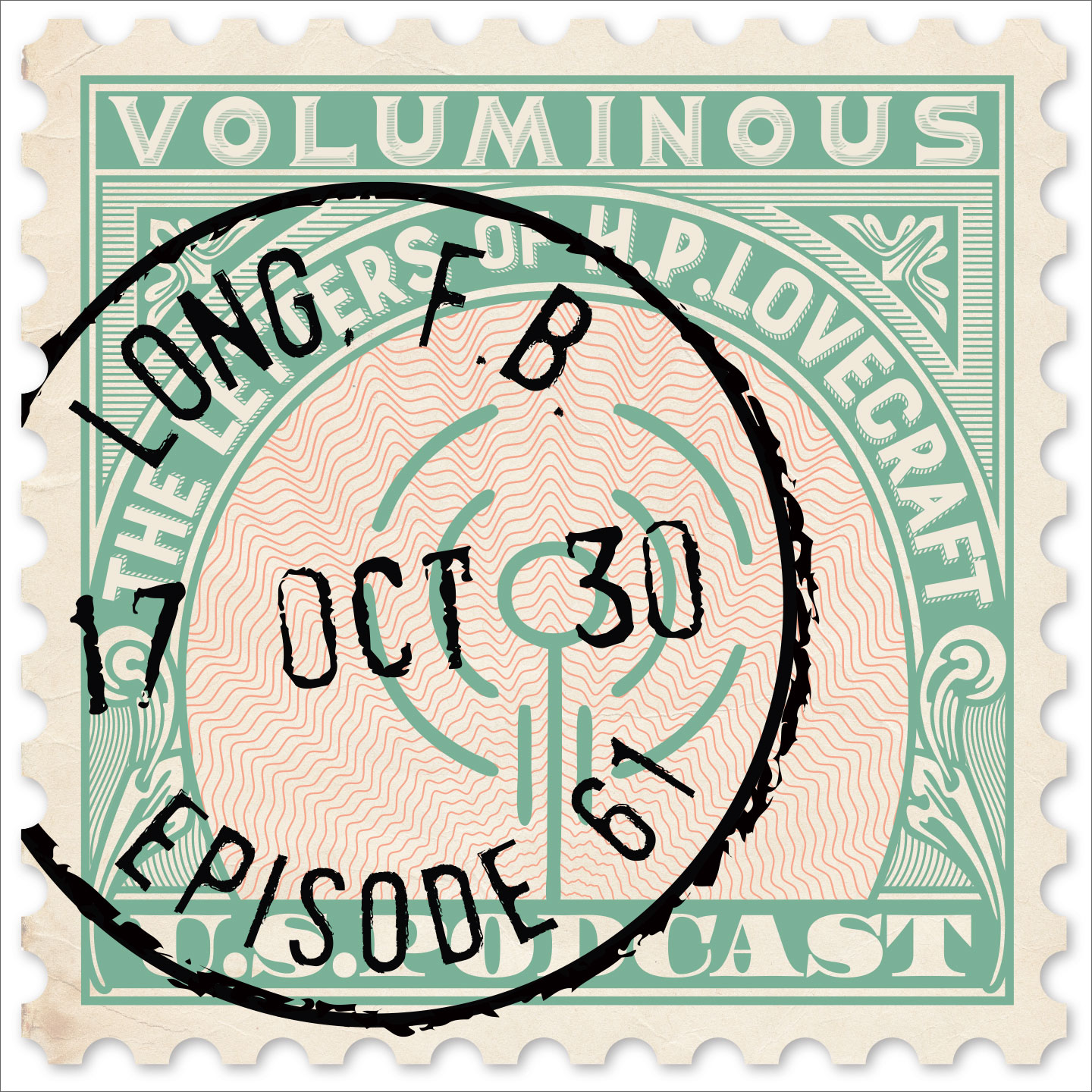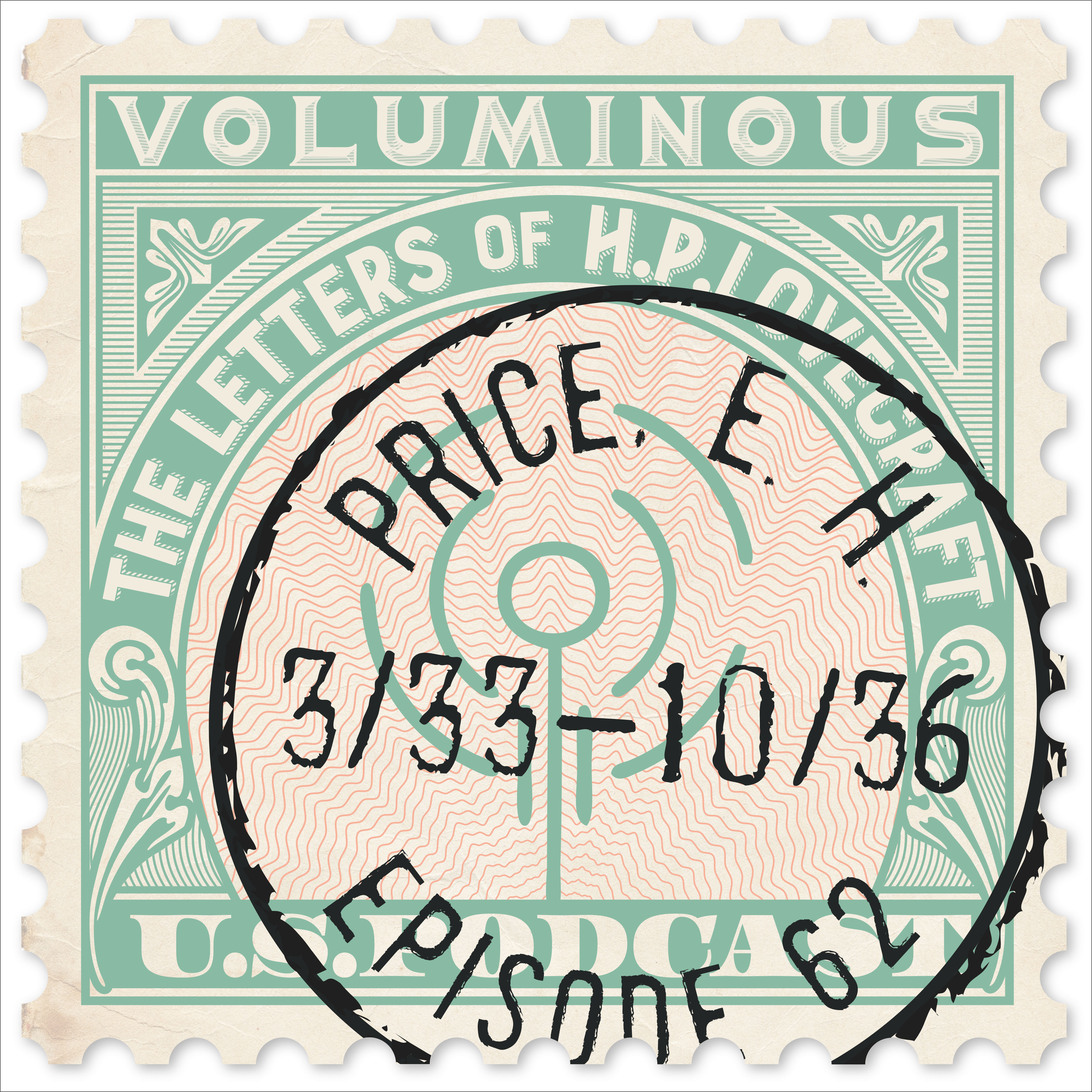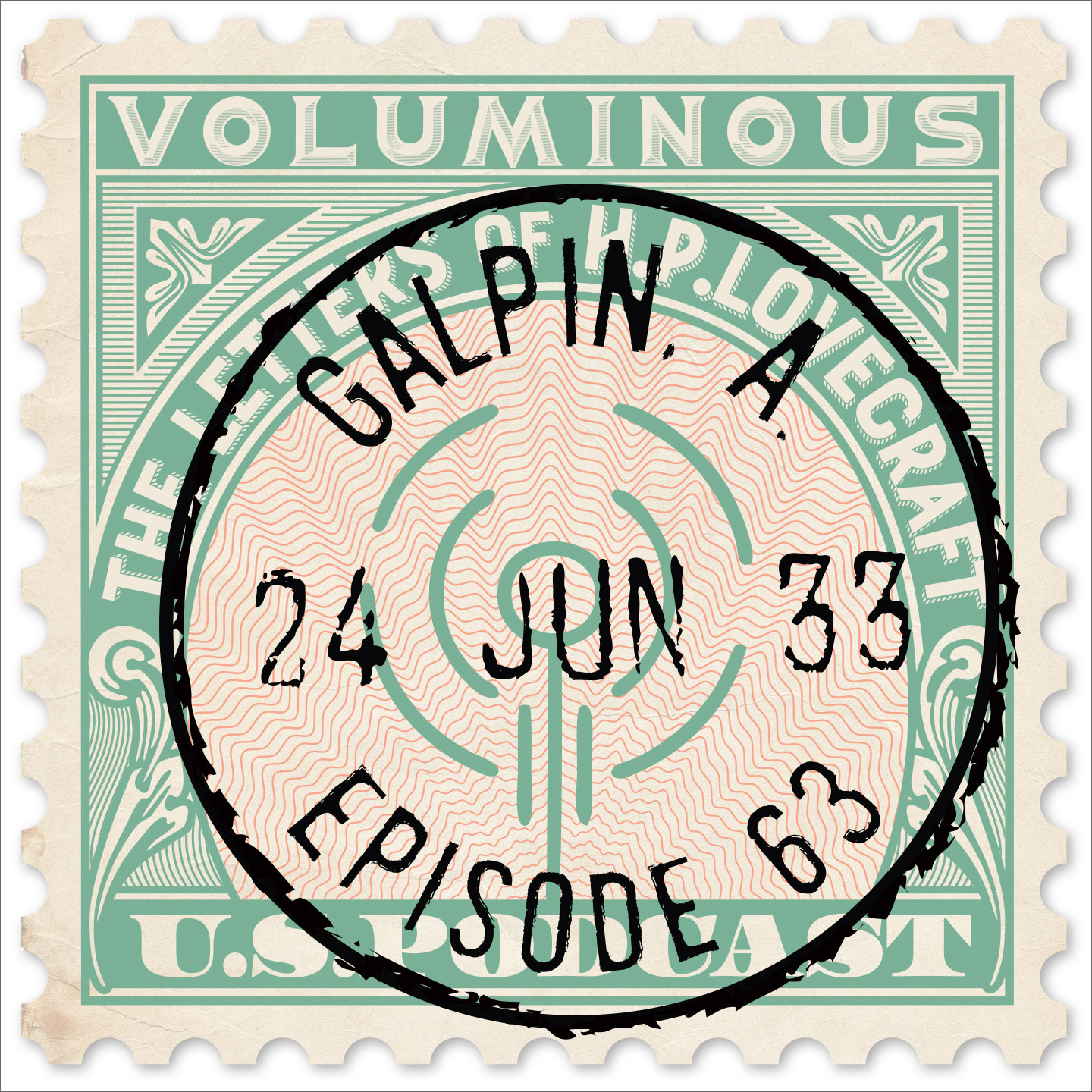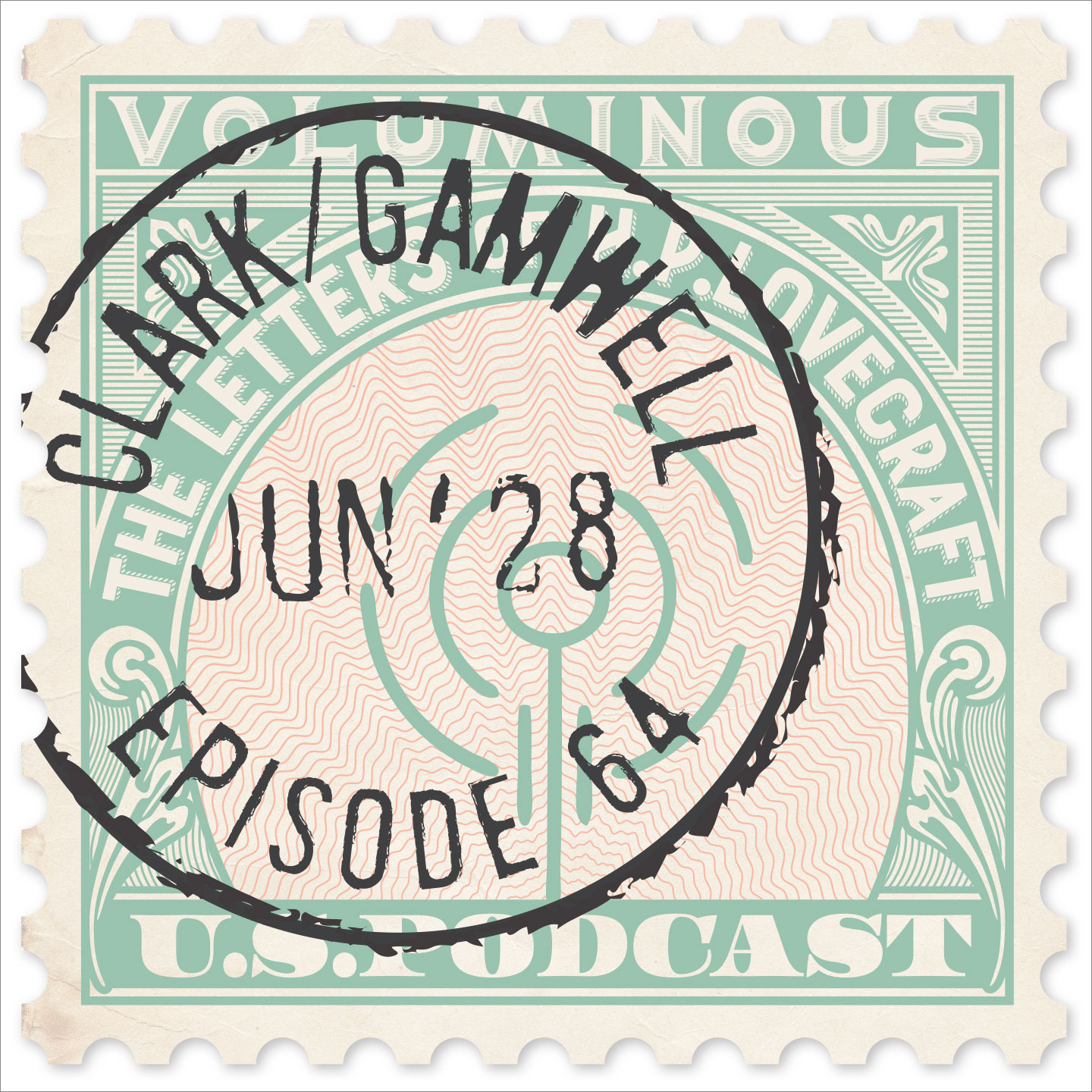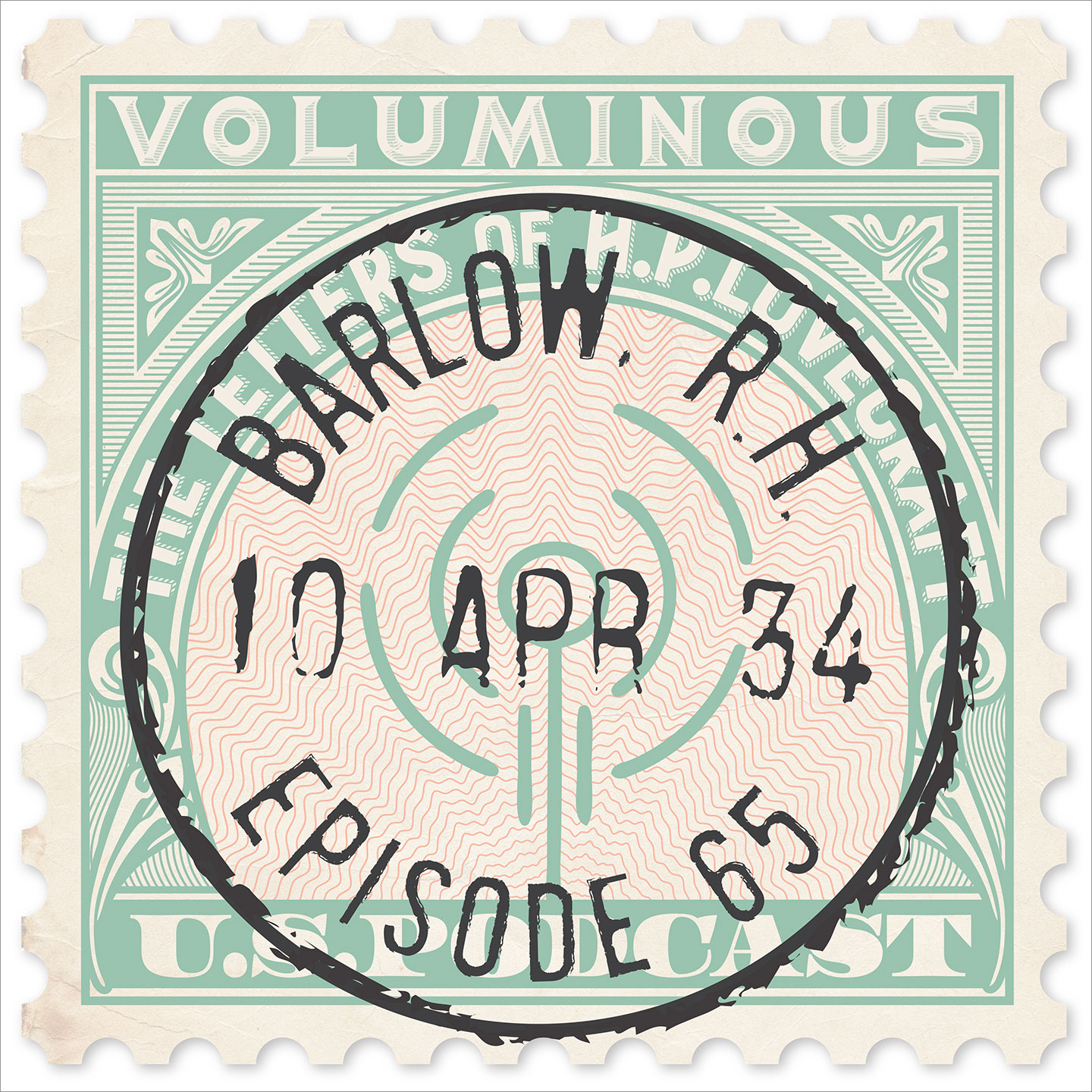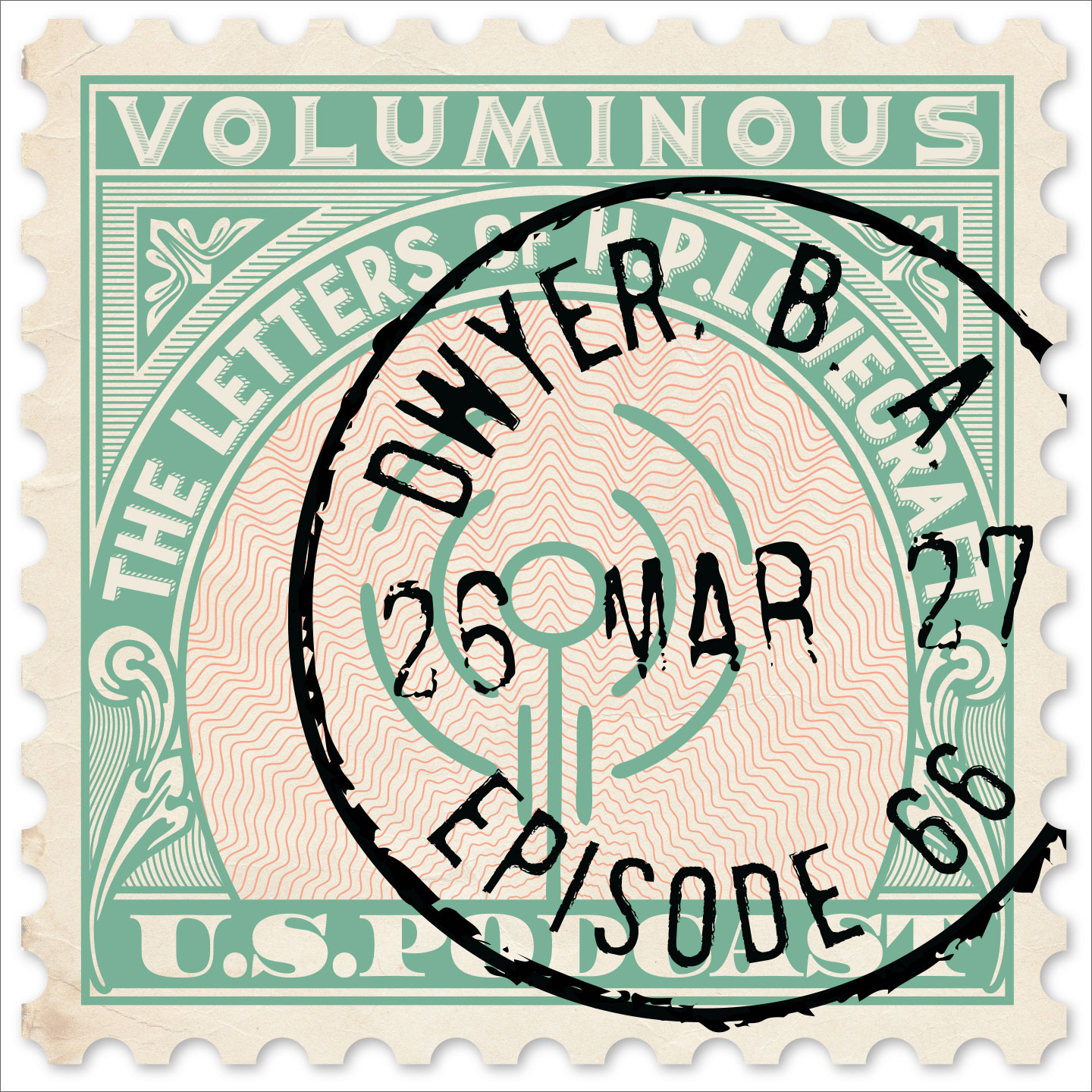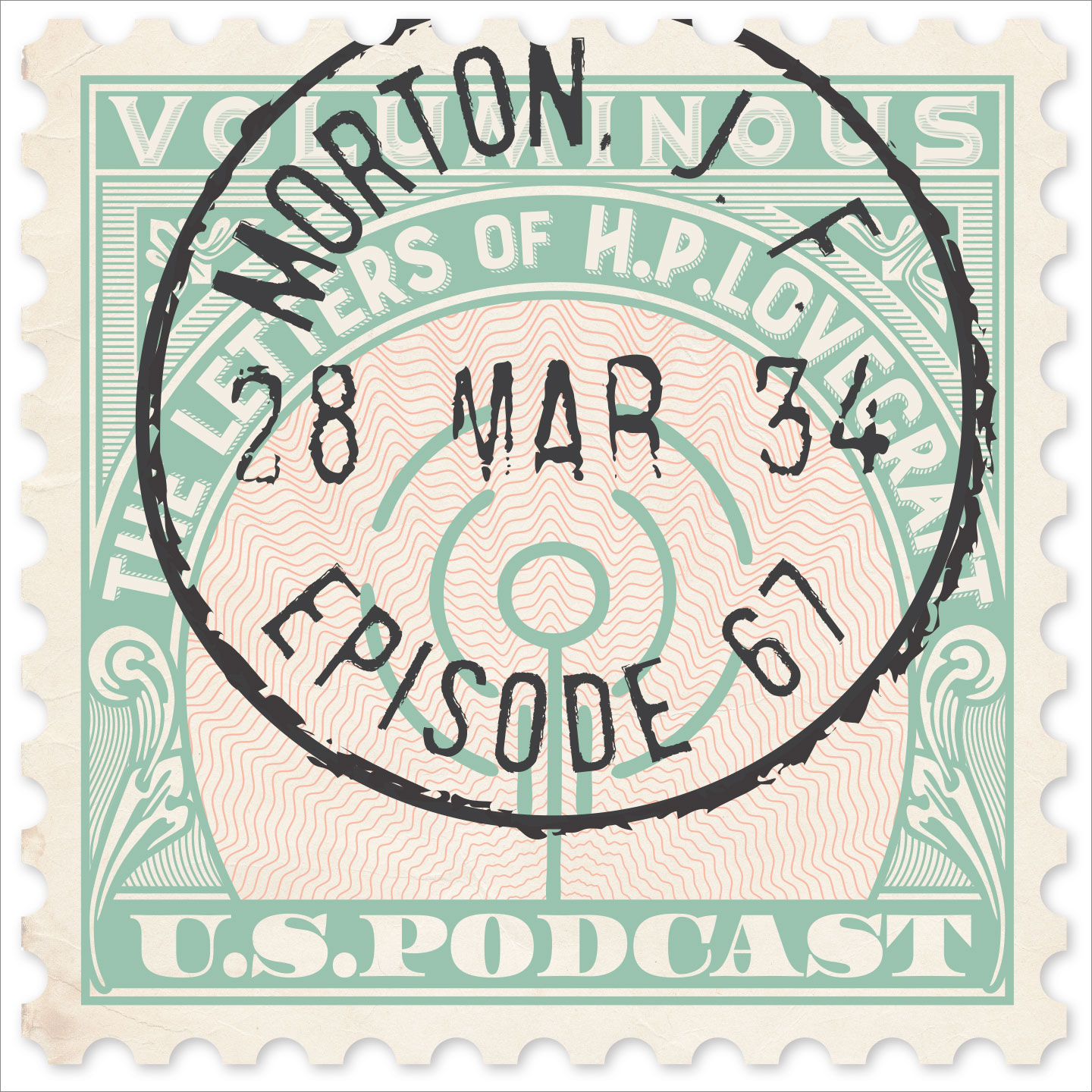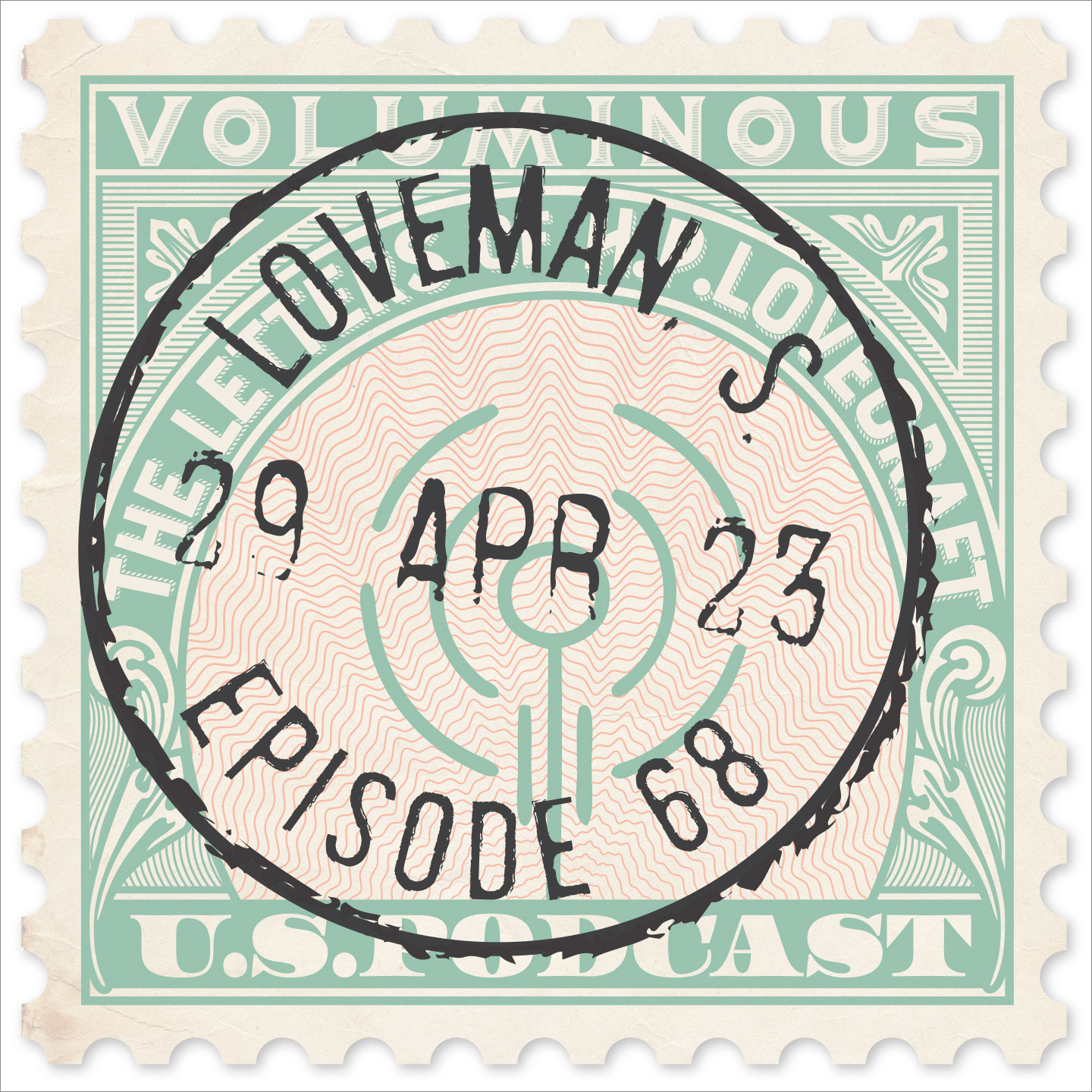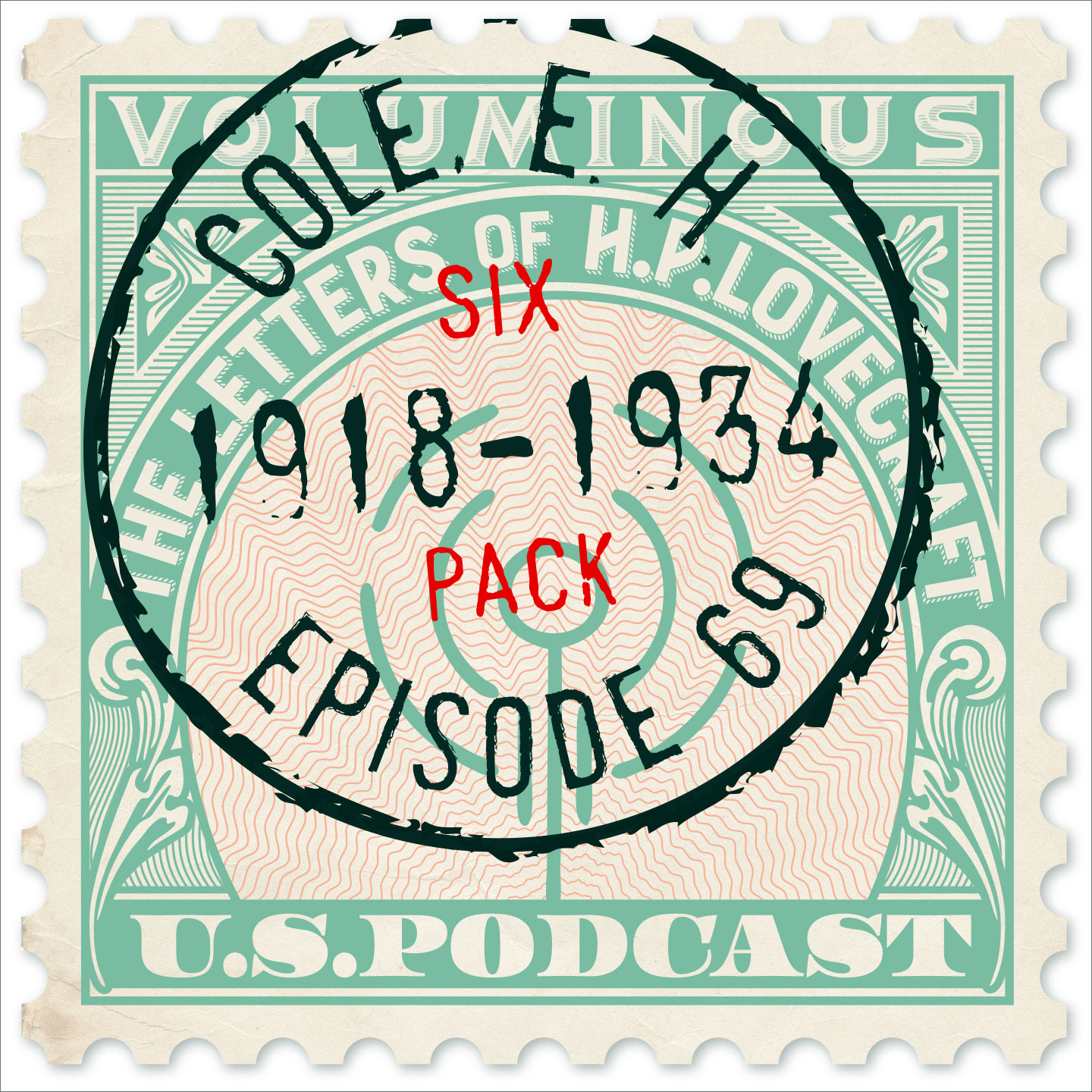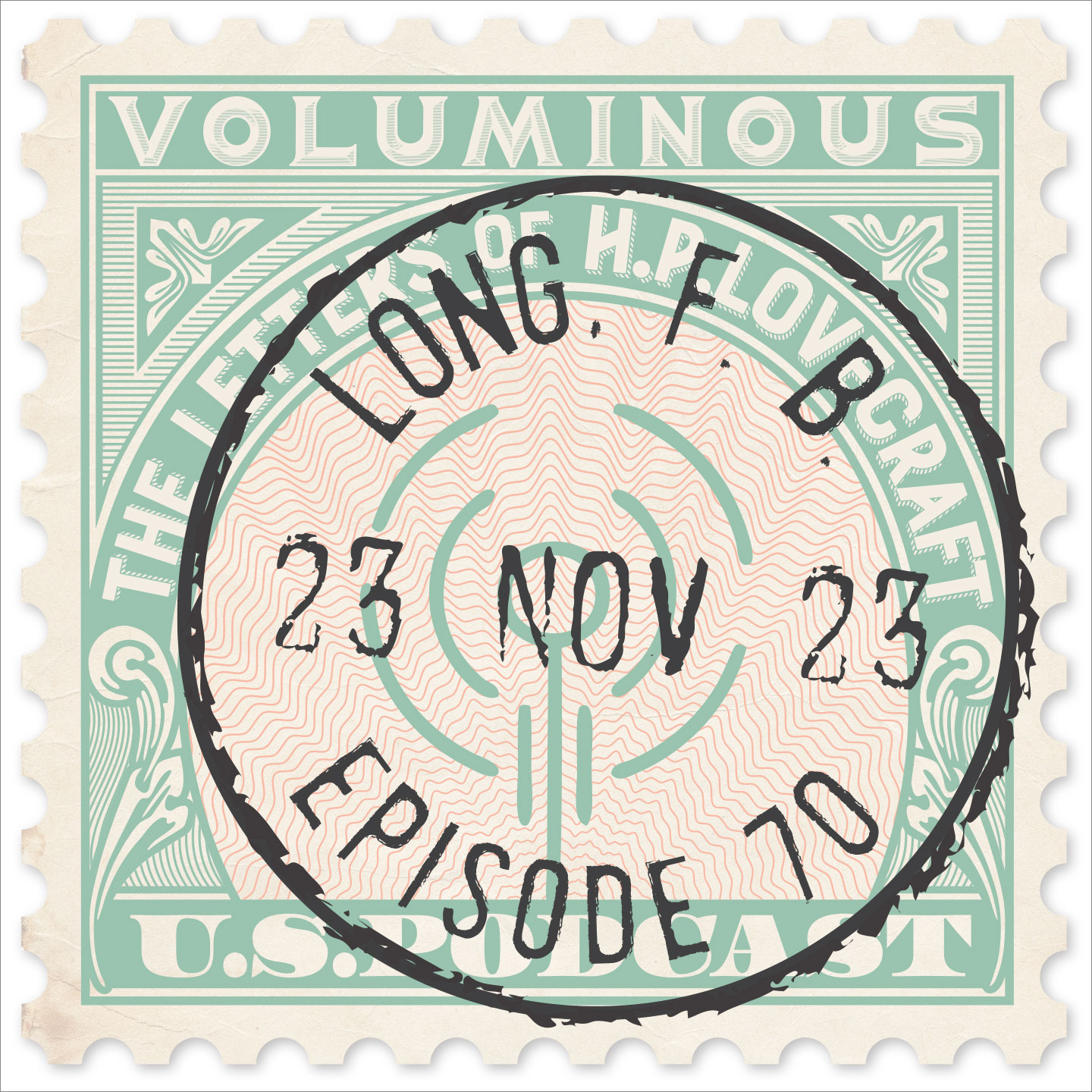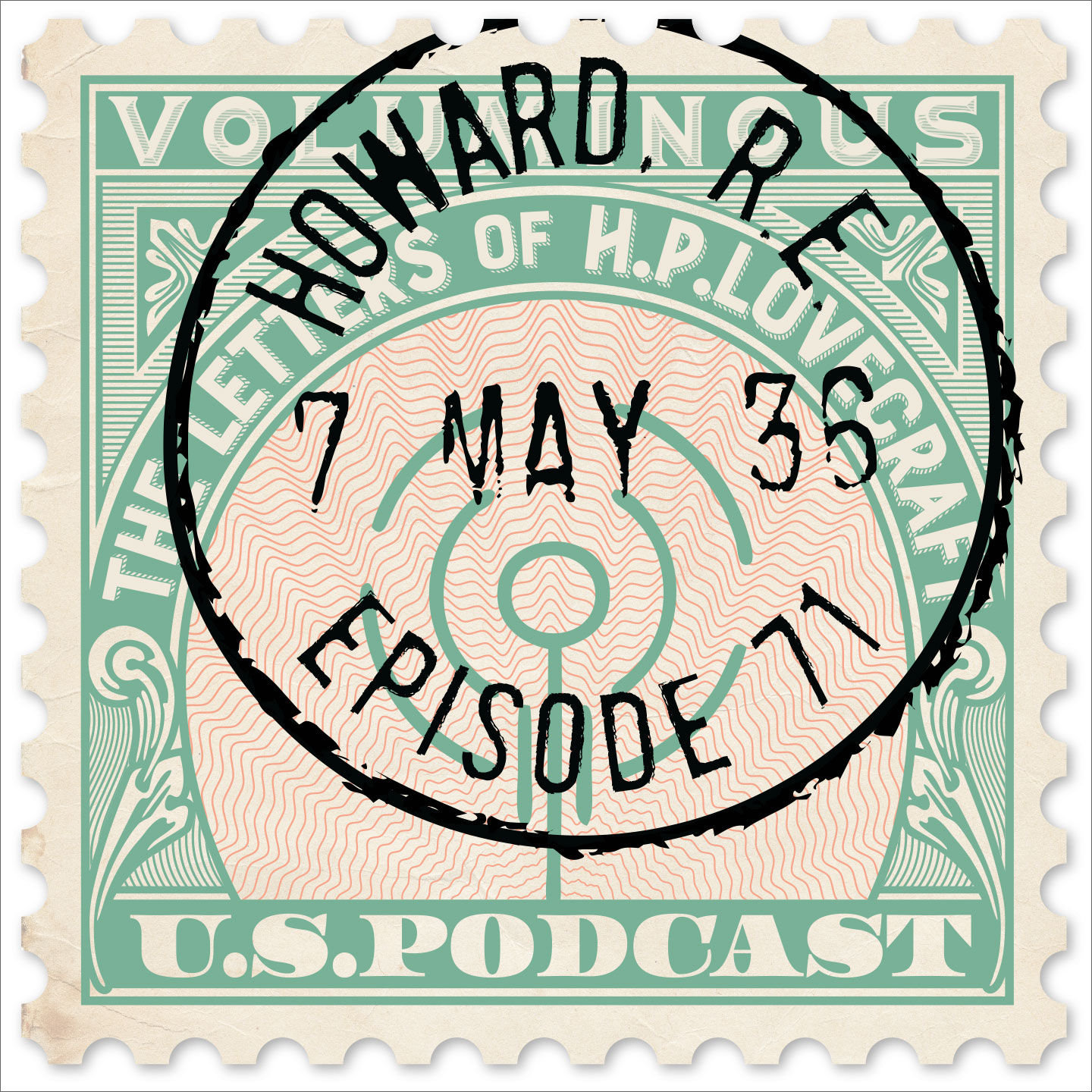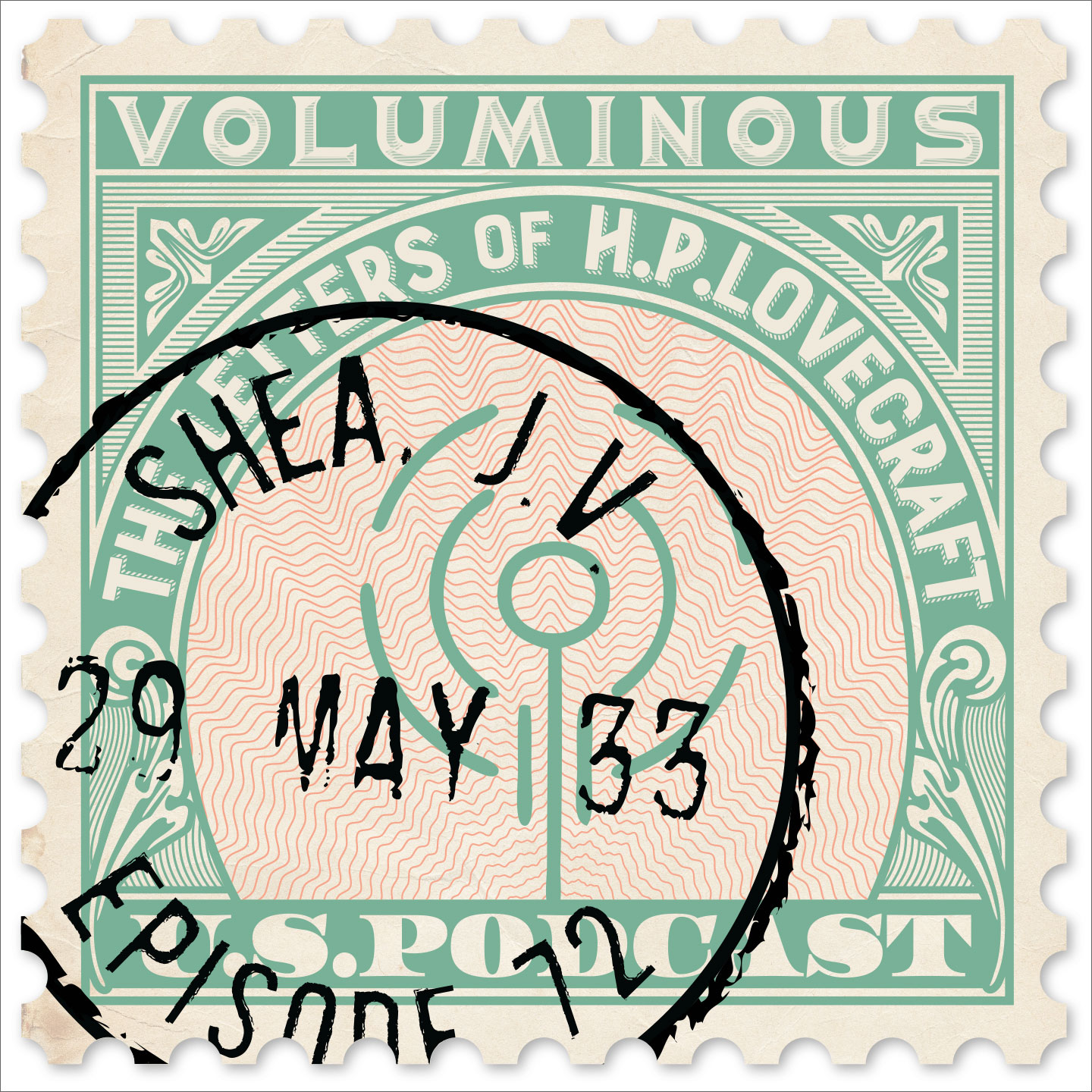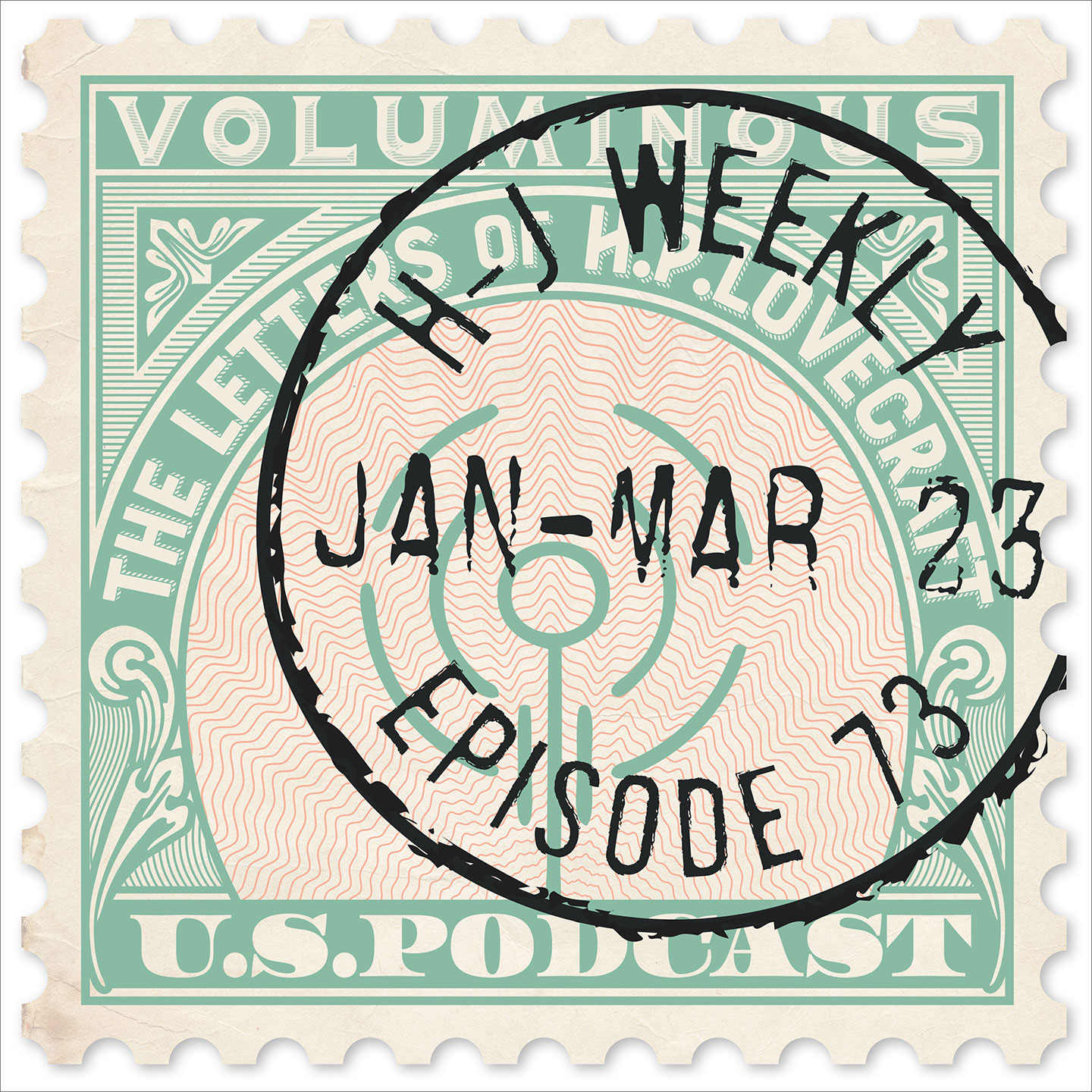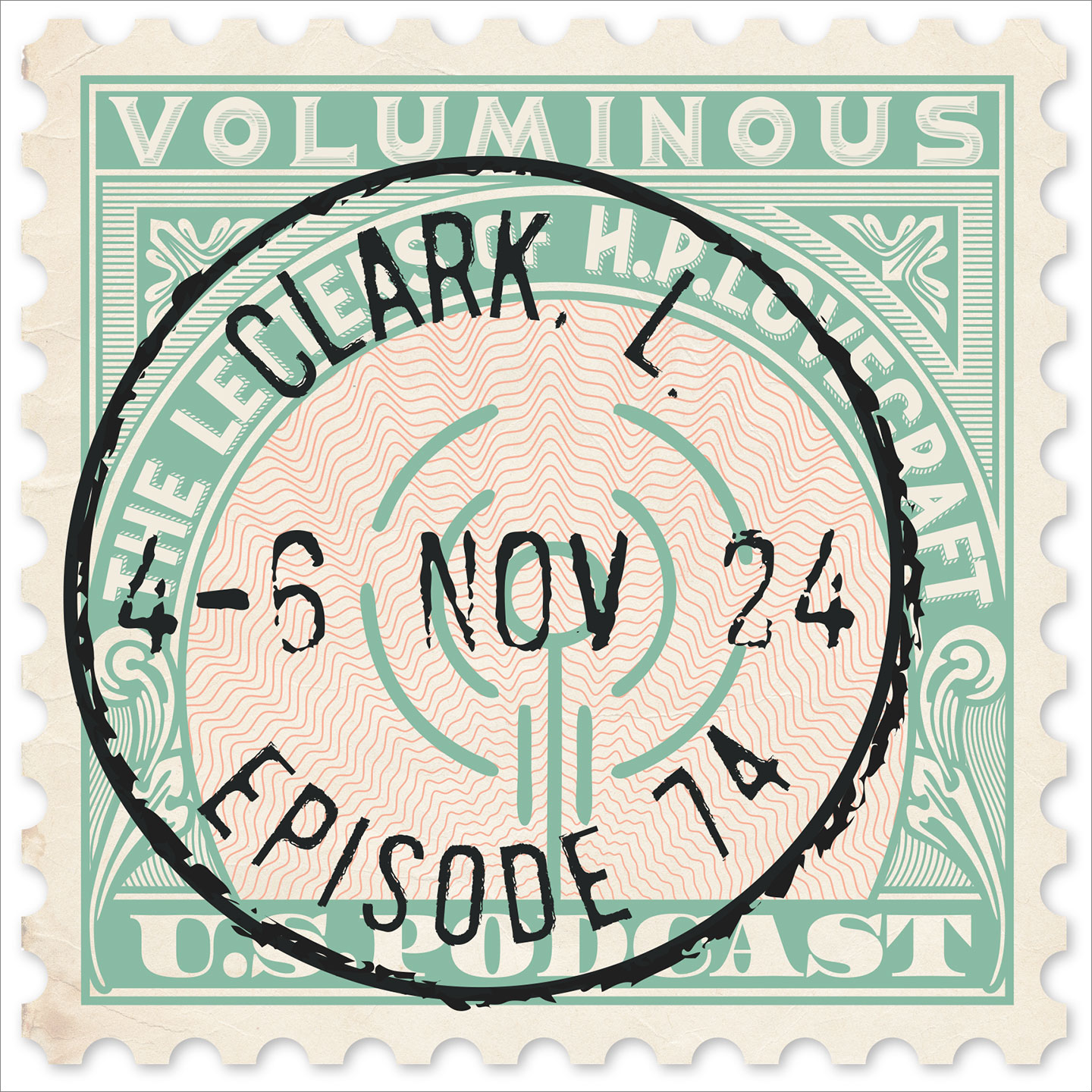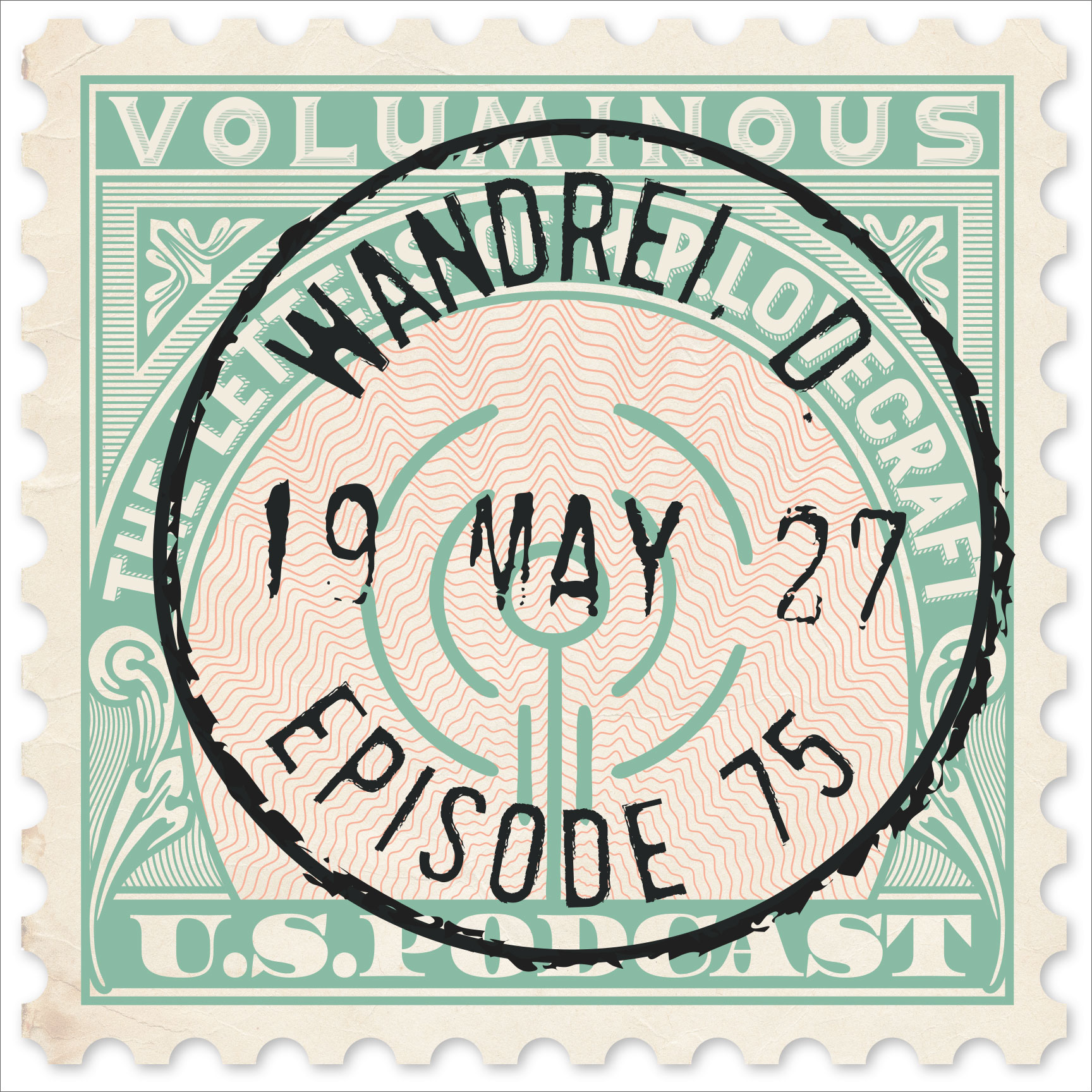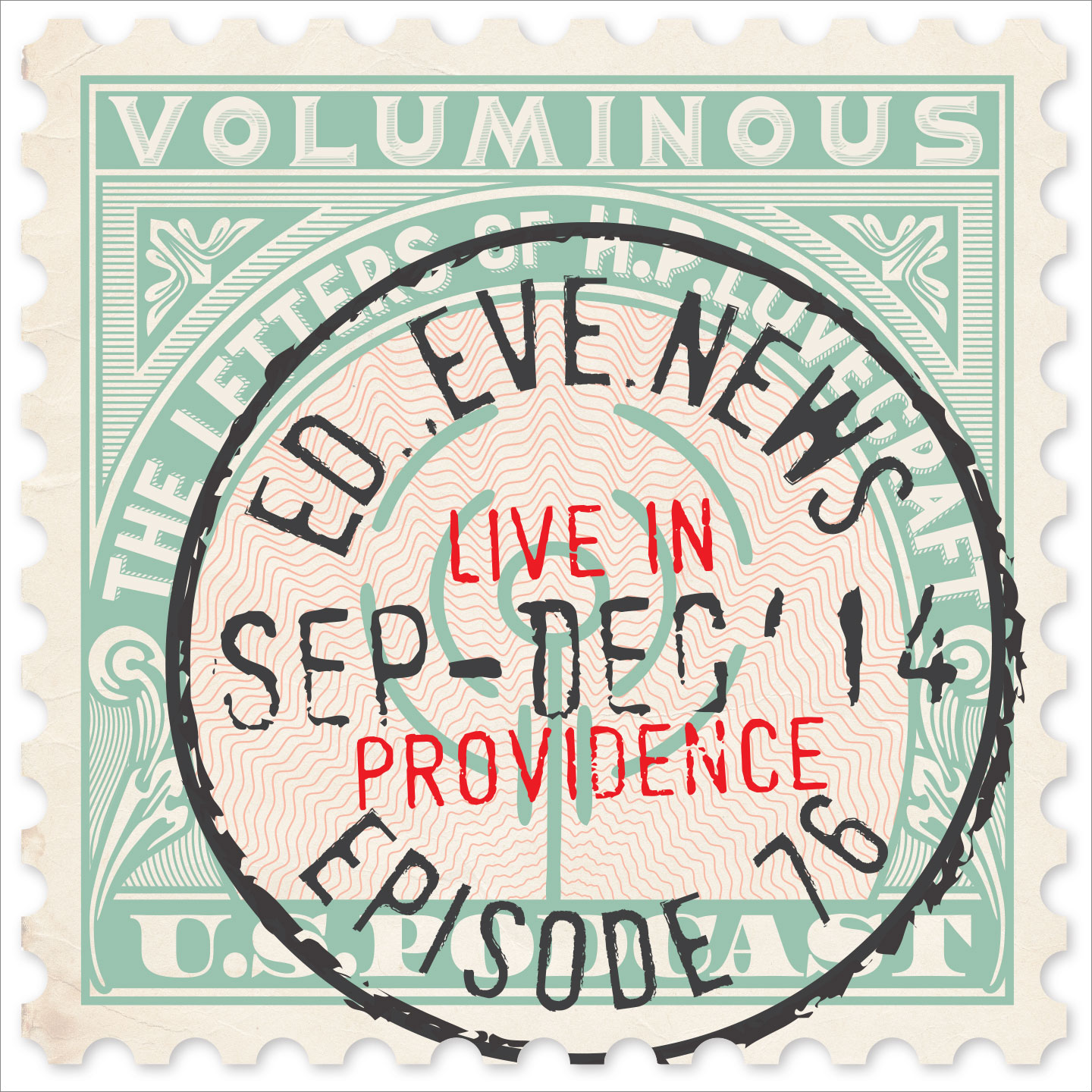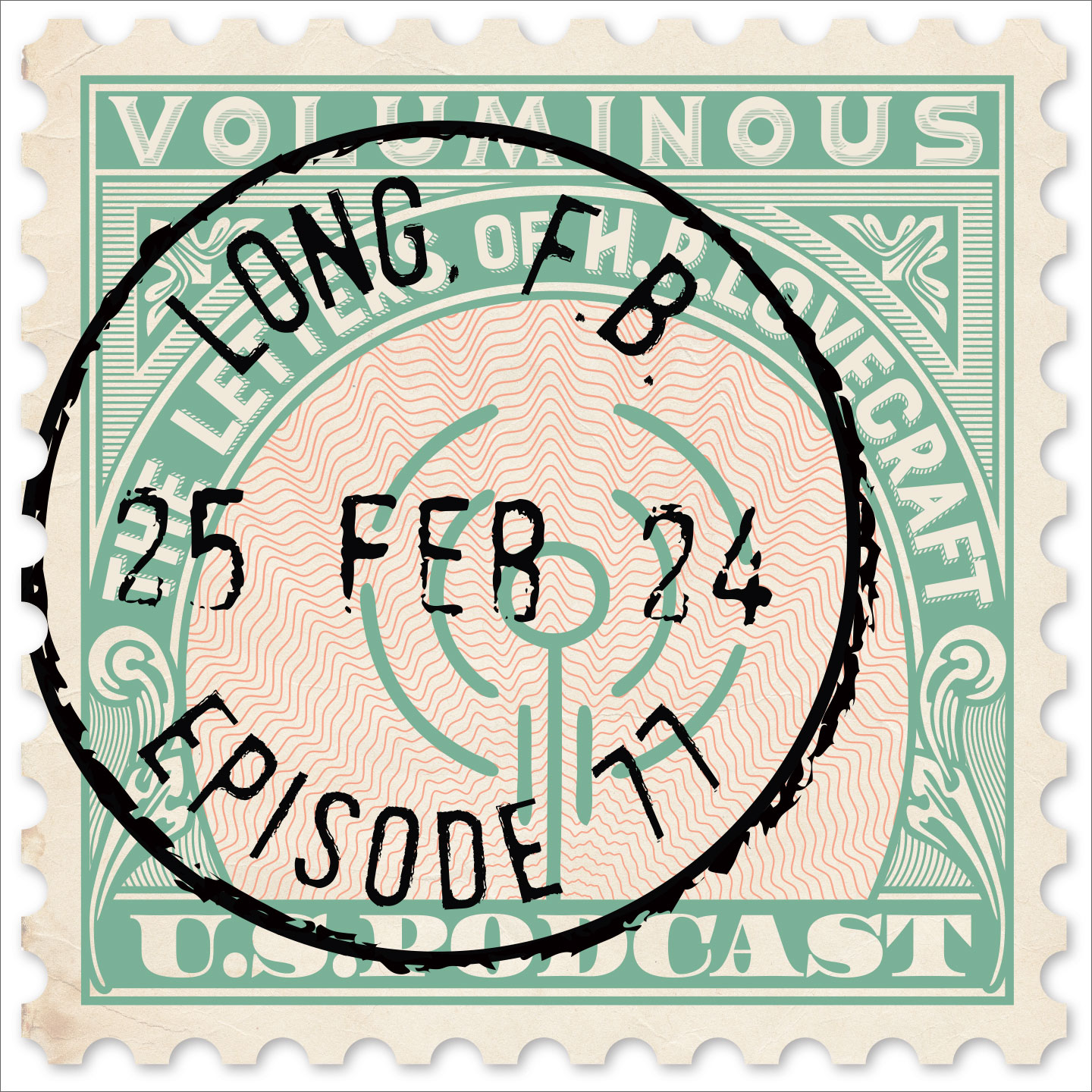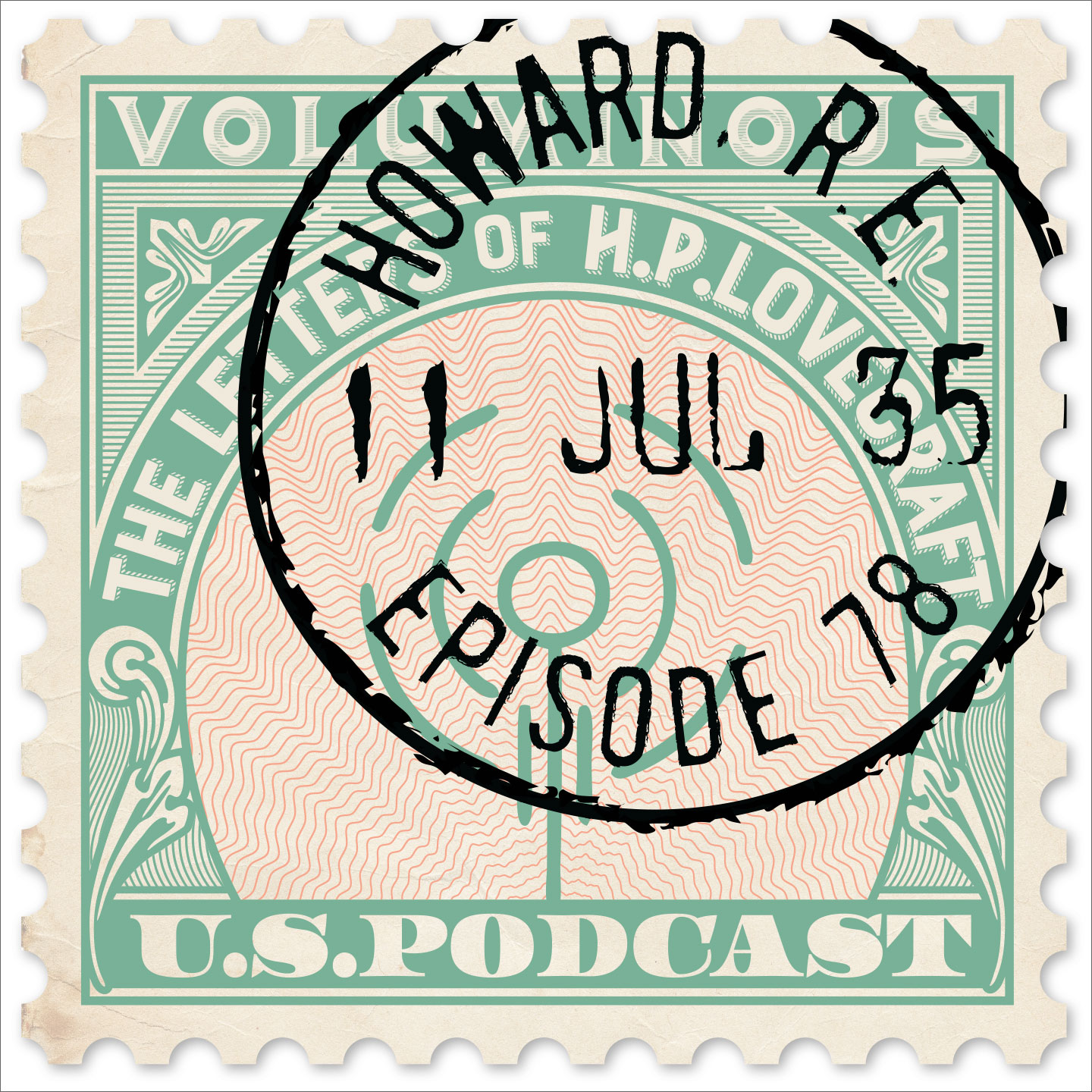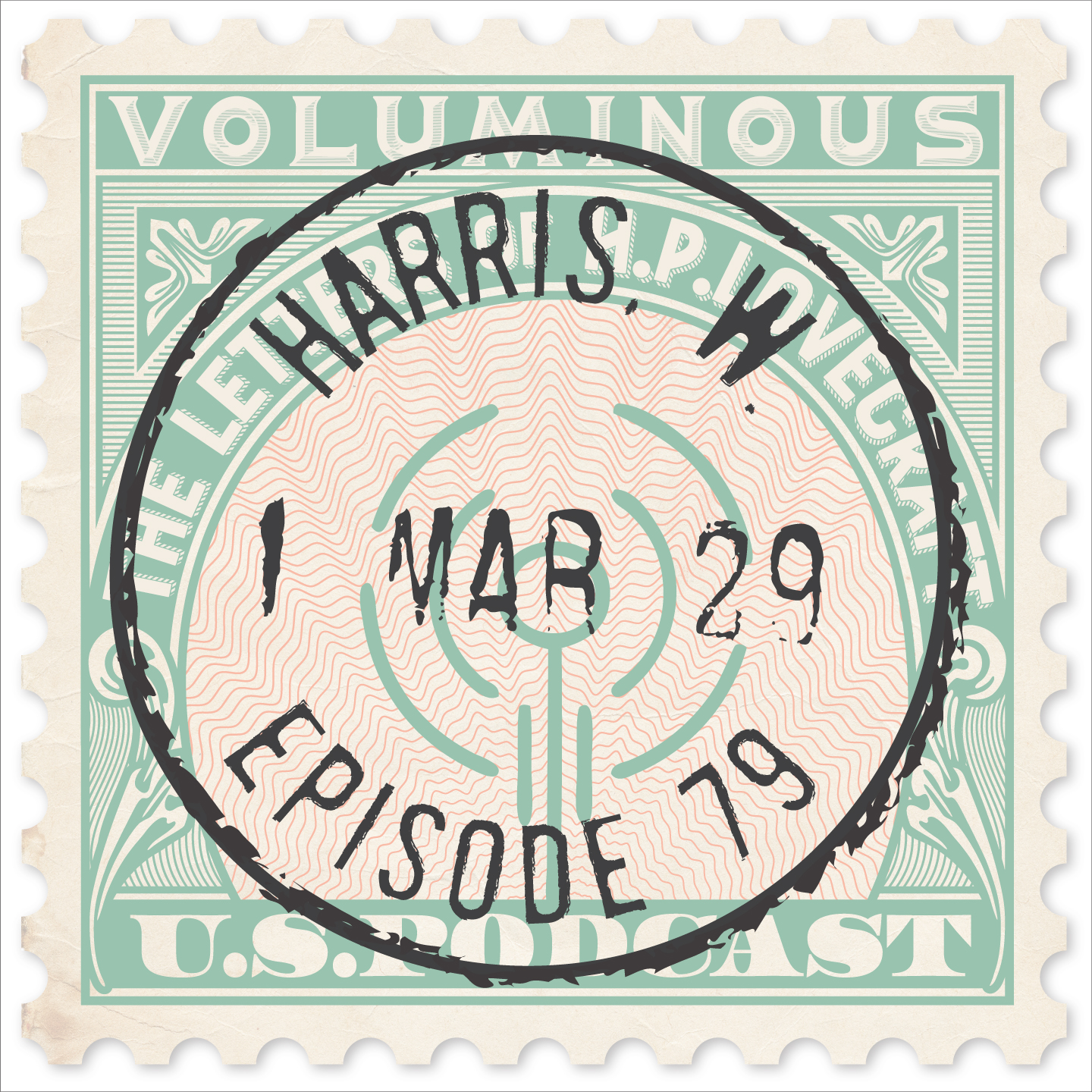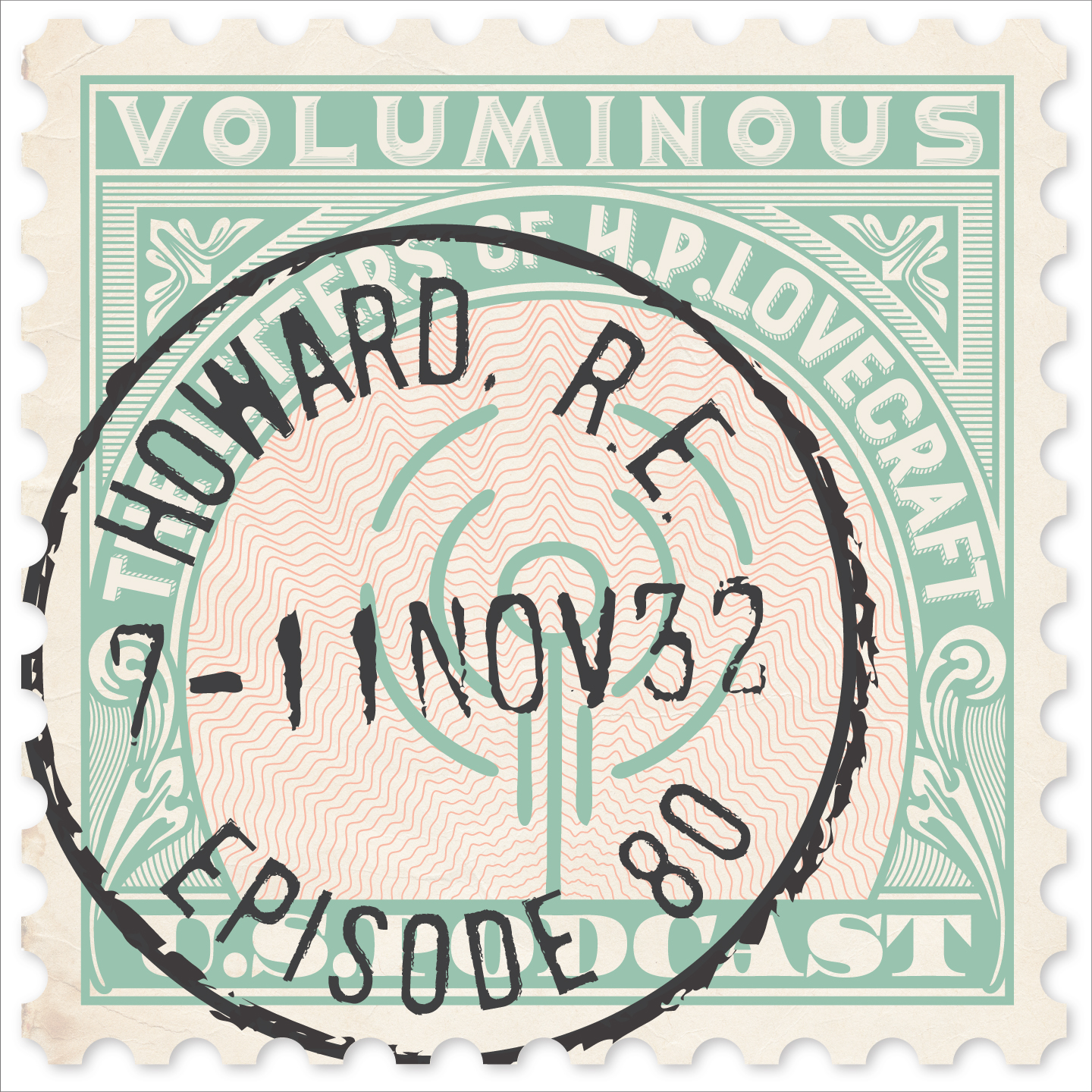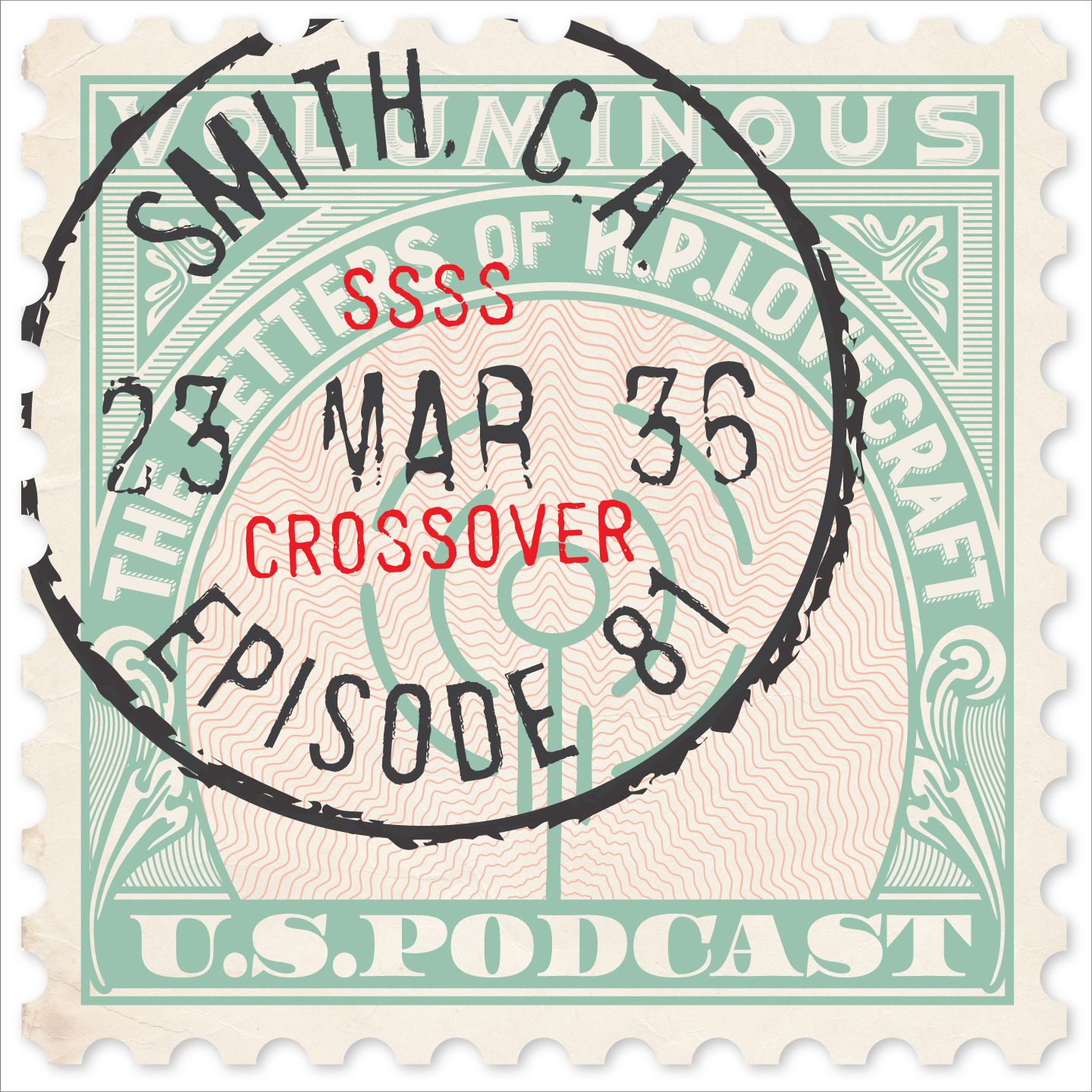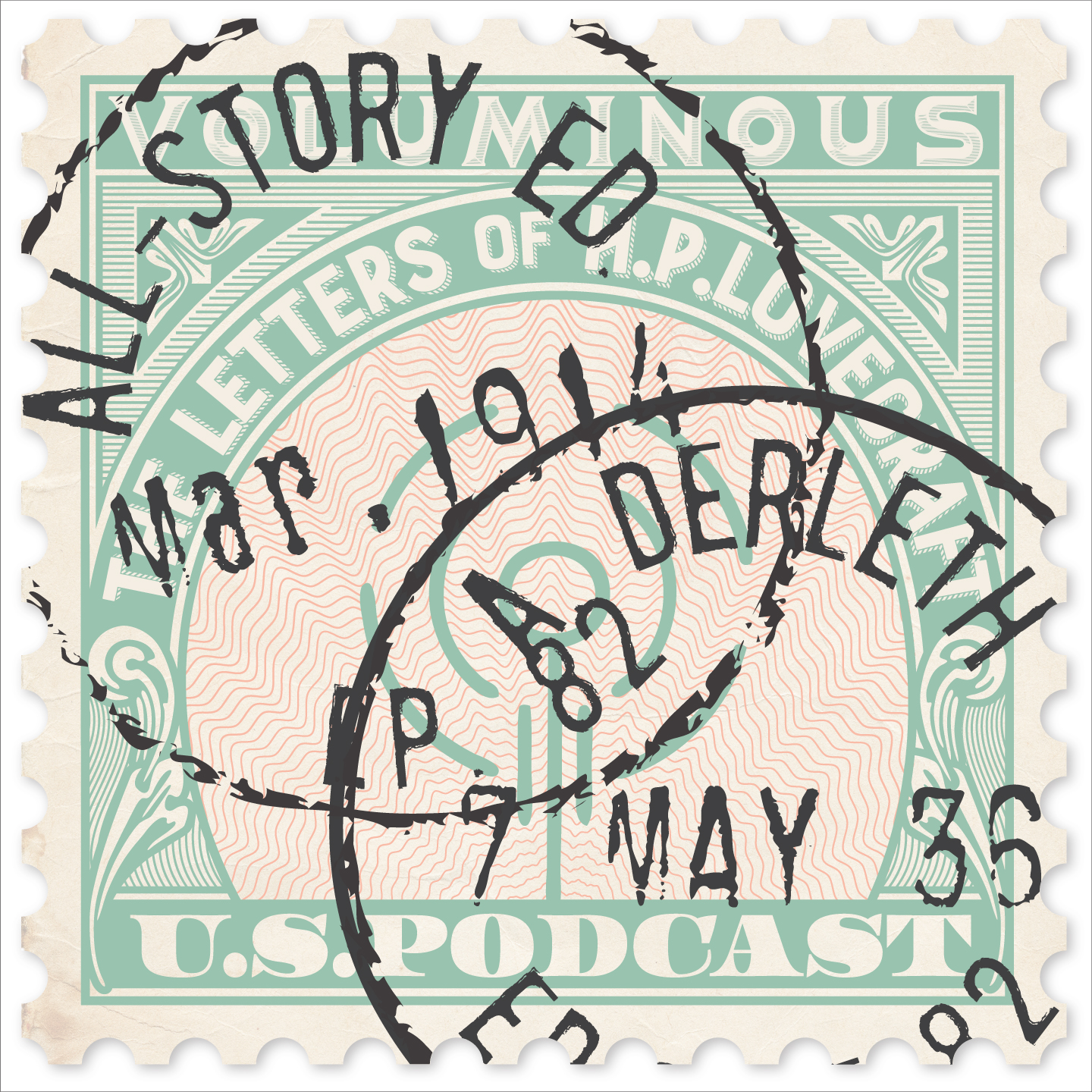
In addition to his classics of horror fiction, it is estimated that Lovecraft wrote 100,000 letters — or roughly 15 every day of his adult life — ranging from one-page diaries to seventy-page diatribes. Perhaps 20,000 of those letters have survived, in the hands of private collectors and at the John Hay Library in Providence.
In each episode of this podcast, we'll read one of these letters (or part of it) and then discuss it. In his letters HPL reveals an amazing breadth of knowledge of philosophy, science, history, literature, art and many other subjects, and forcefully asserts some highly considered opinions (some of which can be upsetting).
And of course his letters offer a fascinating window into his personal life and times. Although we've been working with Lovecraftian material for over 30 years, we still find interesting new things in his letters, and while we don't claim to be experts we look forward to sharing them with a wider audience.
Subscribe via iTunes, Stitcher or wherever you get podcasts! Or listen right here!
RSS Feed- Episode 30
- Posted May 17, 2020
Shea Part 2 — Bedelia and Friends
In part two of this three episode letter from February 4 1934, HPL gets into pop culture, describing to J. Vernon Shea his favorite songs, magazine stories, plays, and motion pictures. Even in 1934 movies about time travel had plot holes.... BLEEP WARNING: Although the vast majority of this episode is light and whimsical, there are a couple of passing mentions of racist language.
Our thanks again to our friends at Hippocampus Press for their book Letters to J. Vernon Shea, Carl F. Strauch and Lee McBride White.
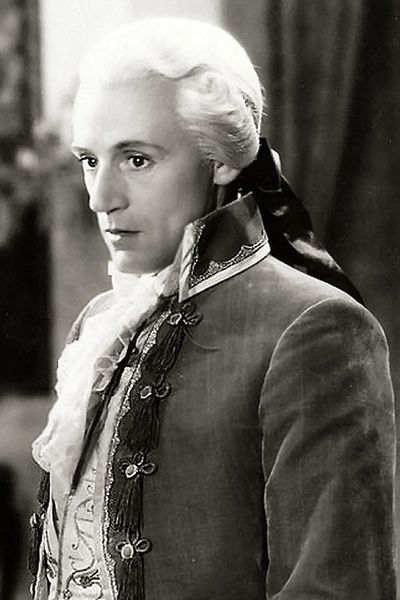
There was a version of Lovecraft's favorite film, 1933's Berkeley Square, on YouTube, but it seems to have vanished. We have been informed by listener Charles Power that the film has been screened on the Turner Classic Movie channel. The version above seems to be the best we can do at the moment, but sadly it has no sound. Here is a still from the movie, in which we think Leslie Howard gives off a very Lovecraft vibe. Below is one of the few short clips from the movie that at least you can hear.
Our thanks to listener David Kellogg, who writes to solve the mysterious reference to the "Ah Wilderness year" that left us stumped by saying "...while Ah, Wilderness was produced in 1933, it is *set* on July 4, 1906."
Jules Romains was nominated for the Nobel Prize in literature 16 times!
